IOA 2025 Conference Schedule Details
*This schedule is subject to change
Concurrent Session Block I
CS 1A: Lions, Tigers and Bears, Oh My! Addressing External and Internal Policy Changes that Impact Ombuds Offices
External and internal policy changes can bring both challenges and opportunities for an ombuds office. External changes (i.e. statute or legislation) and internal changes (i.e. organizational mandates) can significantly impact how an office functions, can wreak havoc on our practice, and our organizational relationships. Yet the opportunities to educate and embed a properly structured office during these times of change exist. Using real and hypothetical examples of policy changes, our panel will provide attendees with ideas on how to anticipate and plan for change, and how to address policy changes when it happens.
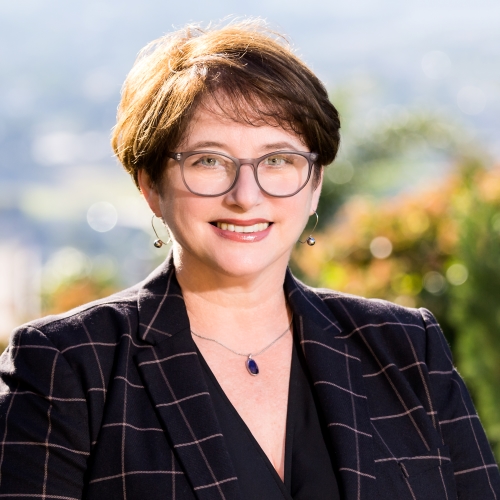 Ellen Miller is the Executive Director of the International Ombuds Association. An advocate for organizational ombuds, Ellen speaks, writes, and educates policymakers on issues impacting the field. She is a collaborative, creative leader with more than 25 years of experience including organizational management, program development, advocacy, stakeholder engagement, and strategic planning/positioning. A trained mediator and facilitator, Ellen has a proven ability to develop and maintain strong, effective relationships and develop creative approaches to organizational challenges. Previously, Ellen served as Executive Director of the California Lawyers Foundation and Associate Executive Director (Initiatives and External Relations) of the California Lawyers Association where she provided strategic direction and organizational development for a myriad of new programs and initiatives including DEI, access to justice, health and wellness, public education, and bar relations, and several foundational projects. Prior to joining CLF/CLA, she served as the Executive Director/CEO of the San Diego County Bar Association and as Section Director of the Section of Dispute Resolution at the American Bar Association. Ellen Miller is the Executive Director of the International Ombuds Association. An advocate for organizational ombuds, Ellen speaks, writes, and educates policymakers on issues impacting the field. She is a collaborative, creative leader with more than 25 years of experience including organizational management, program development, advocacy, stakeholder engagement, and strategic planning/positioning. A trained mediator and facilitator, Ellen has a proven ability to develop and maintain strong, effective relationships and develop creative approaches to organizational challenges. Previously, Ellen served as Executive Director of the California Lawyers Foundation and Associate Executive Director (Initiatives and External Relations) of the California Lawyers Association where she provided strategic direction and organizational development for a myriad of new programs and initiatives including DEI, access to justice, health and wellness, public education, and bar relations, and several foundational projects. Prior to joining CLF/CLA, she served as the Executive Director/CEO of the San Diego County Bar Association and as Section Director of the Section of Dispute Resolution at the American Bar Association.
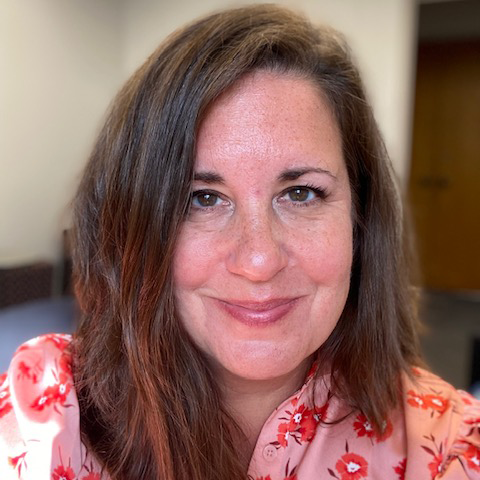 Sarah Klaper, JD, was named Northwestern University's first university ombudsperson in August 2021. Sarah comes to Northwestern from Northern Illinois University in DeKalb, Ill., where she served for nine years as the University Ombudsperson. Prior to her time at NIU, Sarah was an instructor of Legal Analysis, Research, and Communication at DePaul University College of Law in Chicago. She also taught Education Law, as well as State and Local Government. Sarah's background is in law, and she practiced mainly public interest work for many years. Sarah started her legal career at Southeastern Ohio Legal Services in Portsmouth, Ohio. She last practiced at the Citizen Advocacy Center in Elmhurst, Illinois, where she focused on open government work and community organizing around issues such as the First Amendment, the Open Meetings Act, and the Freedom of Information Act. The principles of fairness and equity have guided Sarah throughout her career. Sarah Klaper, JD, was named Northwestern University's first university ombudsperson in August 2021. Sarah comes to Northwestern from Northern Illinois University in DeKalb, Ill., where she served for nine years as the University Ombudsperson. Prior to her time at NIU, Sarah was an instructor of Legal Analysis, Research, and Communication at DePaul University College of Law in Chicago. She also taught Education Law, as well as State and Local Government. Sarah's background is in law, and she practiced mainly public interest work for many years. Sarah started her legal career at Southeastern Ohio Legal Services in Portsmouth, Ohio. She last practiced at the Citizen Advocacy Center in Elmhurst, Illinois, where she focused on open government work and community organizing around issues such as the First Amendment, the Open Meetings Act, and the Freedom of Information Act. The principles of fairness and equity have guided Sarah throughout her career.
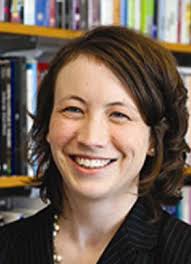 Jessica Kuchta-Miller, MA, JD, is the university ombuds at Duke University. She holds a law degree with a certificate in Dispute Resolution and a master’s degree in counseling psychology. As a longtime mediator and qualified neutral, Jessica brings significant experience in training others in mediation, negotiation, conflict resolution, and communication skills. She is an active member of the International Ombuds Association and frequently teaches the Foundations of the Organizational Ombuds course while mentoring new ombuds. Jessica Kuchta-Miller, MA, JD, is the university ombuds at Duke University. She holds a law degree with a certificate in Dispute Resolution and a master’s degree in counseling psychology. As a longtime mediator and qualified neutral, Jessica brings significant experience in training others in mediation, negotiation, conflict resolution, and communication skills. She is an active member of the International Ombuds Association and frequently teaches the Foundations of the Organizational Ombuds course while mentoring new ombuds.
CS 1B: Ombudsing While Trans: Leveraging Queer Theory in Conflict Resolution Practice
Ombuds work calls us to think beyond a black-and-white worldview when navigating conflict resolution. Queer theory as a framework critically evaluates the ways in which practitioners can look beyond a binary to find a nuanced resolution. This session will help provide the basics of queer theory and its applicability to ombuds work, as well as practical application through case studies. As two queer ombuds, we will share our experiences in our roles to illustrate the efficacy of this model.
 finn schneider (they/them) has worked in U.S. higher education for 16 years across a variety of administrative and instructional roles. They currently work at the University of Minnesota Twin Cities as an ombudsperson and the director of the student ombuds office. They have been practicing as an ombuds for five years, with previous conflict resolution experience working in student housing, campus violence prevention, leadership development, and LGBTQ+ services. finn schneider (they/them) has worked in U.S. higher education for 16 years across a variety of administrative and instructional roles. They currently work at the University of Minnesota Twin Cities as an ombudsperson and the director of the student ombuds office. They have been practicing as an ombuds for five years, with previous conflict resolution experience working in student housing, campus violence prevention, leadership development, and LGBTQ+ services.
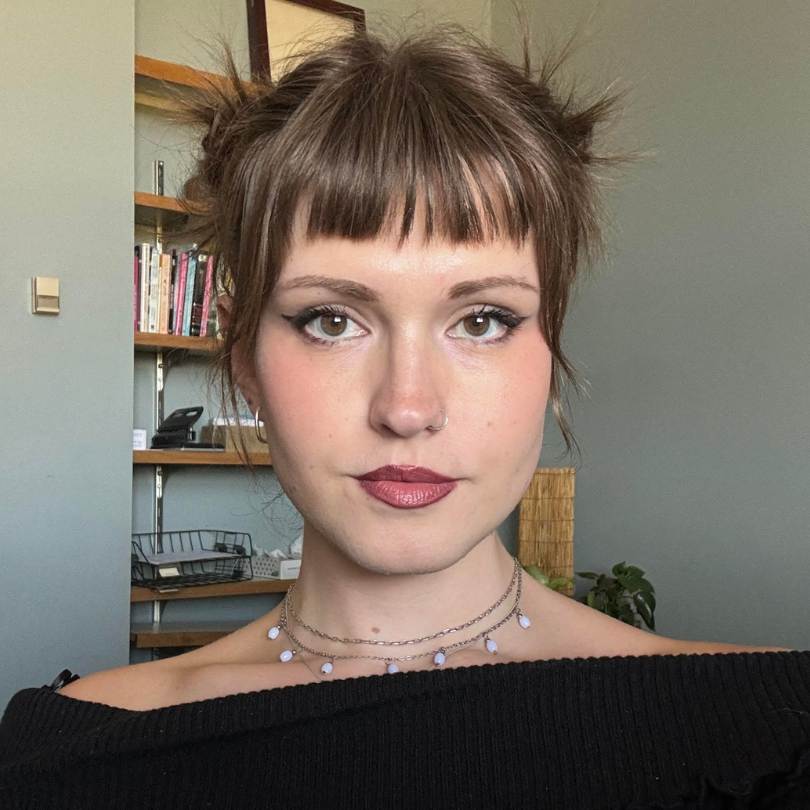 Markku Makinen (she/her) has worked in higher education for four years, in the areas of student housing and LGBTQ+ student services. She has been a practicing organizational ombuds for two years at the University of Minnesota, and her career in higher education has provided a plethora of experience in navigating conflict resolution from many different perspectives. Markku received a Masters in Leadership in Student Affairs from the University of St. Thomas, as well as a certification in mediation that has allowed the ombuds office to expand the resources available to visitors. Markku Makinen (she/her) has worked in higher education for four years, in the areas of student housing and LGBTQ+ student services. She has been a practicing organizational ombuds for two years at the University of Minnesota, and her career in higher education has provided a plethora of experience in navigating conflict resolution from many different perspectives. Markku received a Masters in Leadership in Student Affairs from the University of St. Thomas, as well as a certification in mediation that has allowed the ombuds office to expand the resources available to visitors.
CS 1C: Organizational Ombuds: Deliver on Your Promise of Confidentiality
One of the core promises that an organizational ombuds office makes to its visitors is the promise of confidentiality. Ombuds promise that the identity of the visitor, communications, and information specifically relating to them will not be revealed to anyone outside of the ombuds office. Confidentiality is central to the work of organizational ombuds: visitors rely on it when deciding whether to bring their issues to the ombuds office, ombuds utilize it to provide accurate, adequate, and candid information to their visitors and to retain ownership over the communications that they are involved in, and organizations benefit from the fact that it strengthens compliance reporting, fosters trust, and encourages more efficient conflict resolution.
However, while an agreement to maintain confidentiality might protect ombuds information during the normal course of the ombuds' and organization's operations, this commitment to confidentiality cannot always protect information when that information is requested as evidence in a legal proceeding. The possibility that confidential organizational ombuds could be potentially compelled to disclose confidential information under some circumstances means that, when an ombuds asserts that it will maintain confidentiality, the commitment may be challenged. Through participation in this session, attendees will learn about defensive strategies that could prevent disclosure of those confidences, including common law testimonial privilege, constitutional rights to privacy, implied contract theory, the trial discovery process, and mediation shield statutes. The session will focus on practical application of these defensive strategies to ombuds office protocols. Participants will review and discuss how they could align ombuds office protocols with these strategies. We will discuss approaches to implement techniques that help maximize the opportunity to deliver on their promise of confidentiality to their visitors.
 Meg Willoughby is the inaugural Faculty Ombuds at Villanova University since 2019. She served as Co-Chair of the ABA’s Ombuds Committee, receiving the 2024 Outstanding Committee Award and Best Program Award for Ombuds Day 2023. Previously, Meg was Senior Attorney and Subject Matter Expert in the U.S. Department of Education, Office for Civil Rights, and Litigation Associate at Stradley, Ronon, Stevens & Young LLP. She received a JD and Masters Meg Willoughby is the inaugural Faculty Ombuds at Villanova University since 2019. She served as Co-Chair of the ABA’s Ombuds Committee, receiving the 2024 Outstanding Committee Award and Best Program Award for Ombuds Day 2023. Previously, Meg was Senior Attorney and Subject Matter Expert in the U.S. Department of Education, Office for Civil Rights, and Litigation Associate at Stradley, Ronon, Stevens & Young LLP. She received a JD and Masters
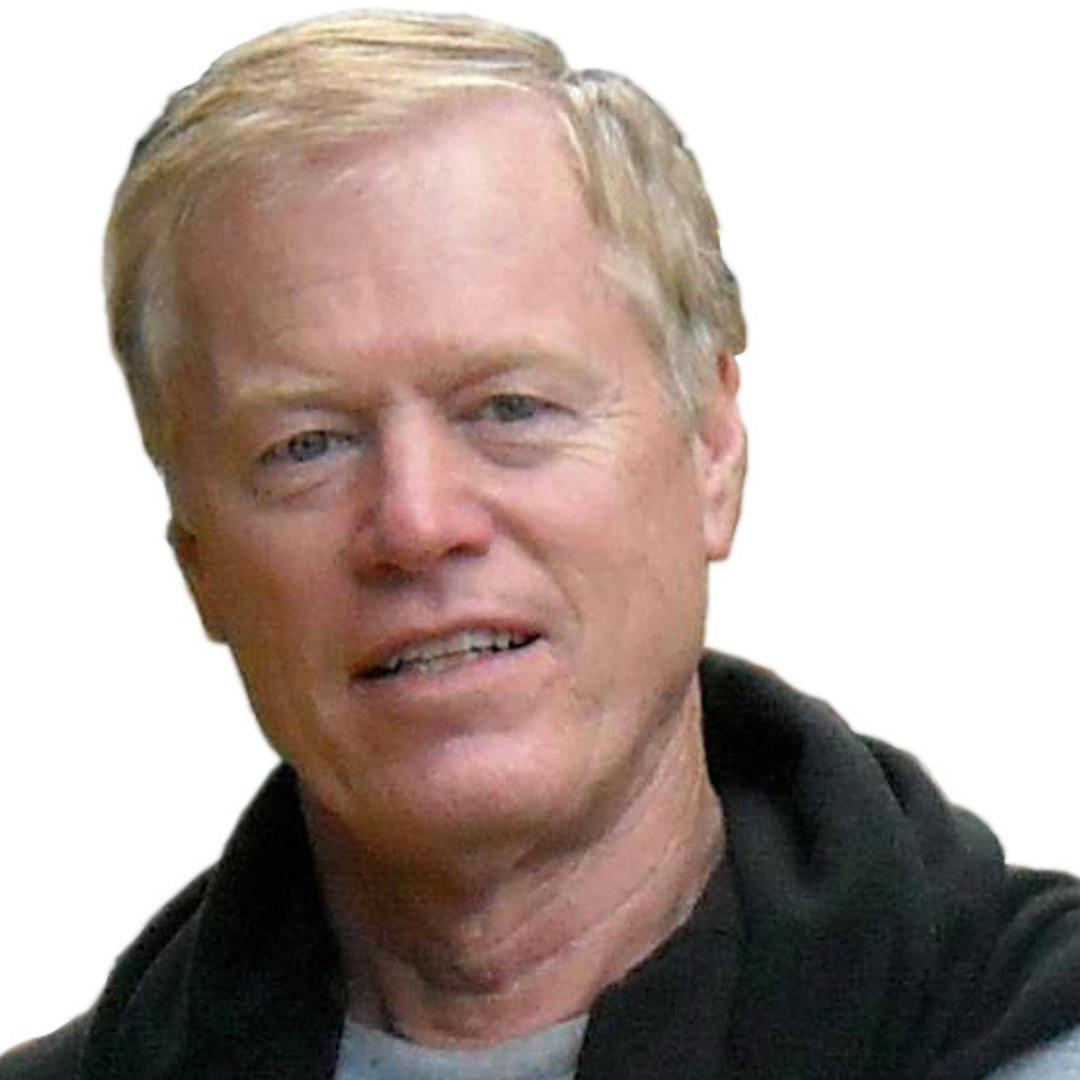 Bruce MacAllister, B.S., J.D. Has thirty years of ombuds experience and has served as the inaugural ombuds for four organizations, including most recently serving as Ombuds for the International Foundation for Online Responsibility and for The Little Owl Society for Families and Children. In addition to ombuds work, he served as General Counsel to a large state law enforcement agency, Vice President for Finance and Administration for a regional community college, and a mediator for court systems, municipalities, and state and federal agencies. Bruce MacAllister, B.S., J.D. Has thirty years of ombuds experience and has served as the inaugural ombuds for four organizations, including most recently serving as Ombuds for the International Foundation for Online Responsibility and for The Little Owl Society for Families and Children. In addition to ombuds work, he served as General Counsel to a large state law enforcement agency, Vice President for Finance and Administration for a regional community college, and a mediator for court systems, municipalities, and state and federal agencies.
CS 1D: Why Good Charters are Important for Ombuds and Their Organizations and How to Respond and Address Challenges to Adopting a Good Charter
This program will focus on the need for good charters and the risks faced by ombuds and organizations if they do not have one. In conjunction with a JIOA article on the importance of a comprehensive and complete charter, the key elements of a good charter will be presented, and the panelists will discuss various challenges they have faced in getting organizations to adopt good charters. The second half of the program is designed to help attendees gain strategic insights and advice on any obstacles they have experienced in getting their organizations to adopt good charters.
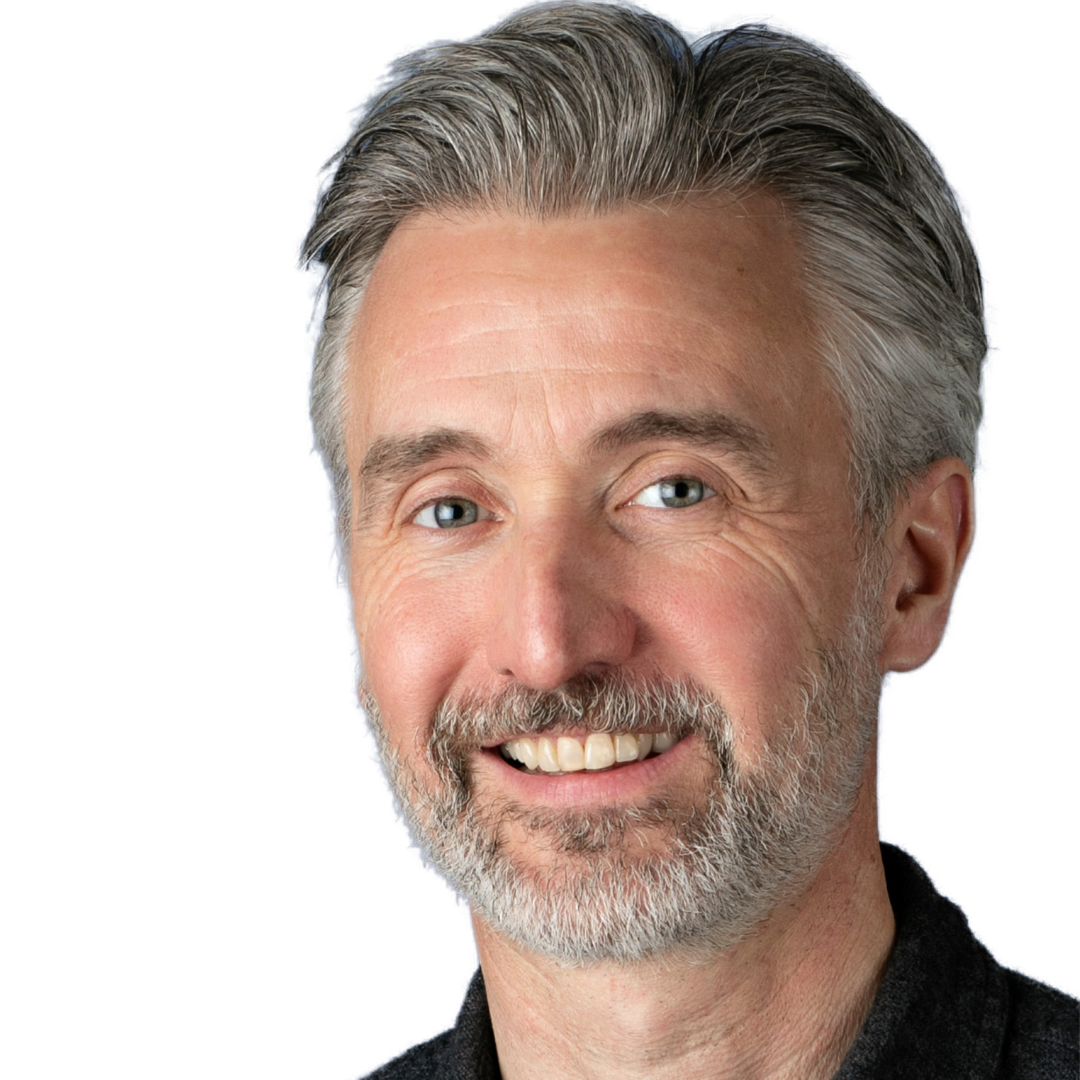 Chuck Doran is an experienced organizational ombuds, mediator, and trainer. Chuck is a Certified Organizational Ombuds Practitioner (CO-OP) and a member of the International Ombuds Association who completed ombuds training with the IOA in 1995. Chuck has served as an outsourced organizational ombuds for companies, universities, and other organizations since 1997 and received a President's Award from the IOA in 2024. A mediator since 1992, he is a member of the National Academy of Distinguished Neutrals and the CPR Dispute Resolution Panel of Distinguished Neutrals. He has mediated with the Equal Employment Opportunity Commission (EEOC), the Massachusetts Commission Against Discrimination (MCAD), MWI, the Harvard Mediation Program, and the United States Postal Service REDRESS I and REDRESS II Mediation Panels. In addition to his ombuds and mediation work, Chuck works nationally and internationally as a dispute resolution trainer and consultant with corporate, governmental, and non-profit clients including Coca-Cola Enterprises, General Motors, Bose Corporation, and the Harvard Negotiation Project at Harvard Law School. Chuck has served as a teaching assistant on multiple occasions with Professor Roger Fisher at Harvard Law School's Program of Instruction for Lawyers Negotiation Workshop. In 1993, Chuck completed a Specialization in Negotiation and Dispute Resolution at the Program on Negotiation and chaired two regional ADR Conferences in 1997 and 1999. Chuck served as a member of the Massachusetts Supreme Judicial Court Standing Committee on Dispute Resolution and was Chair of the Qualifications Subcommittee. He is a member of the Massachusetts Bar Association's Dispute Resolution Advisory Group and is a past president of the Association for Conflict Resolution, New England Chapter. Chuck is also a Distinguished Fellow with the International Academy of Mediators (IAM) and a past president of IAM's Board of Governors. Chuck Doran is an experienced organizational ombuds, mediator, and trainer. Chuck is a Certified Organizational Ombuds Practitioner (CO-OP) and a member of the International Ombuds Association who completed ombuds training with the IOA in 1995. Chuck has served as an outsourced organizational ombuds for companies, universities, and other organizations since 1997 and received a President's Award from the IOA in 2024. A mediator since 1992, he is a member of the National Academy of Distinguished Neutrals and the CPR Dispute Resolution Panel of Distinguished Neutrals. He has mediated with the Equal Employment Opportunity Commission (EEOC), the Massachusetts Commission Against Discrimination (MCAD), MWI, the Harvard Mediation Program, and the United States Postal Service REDRESS I and REDRESS II Mediation Panels. In addition to his ombuds and mediation work, Chuck works nationally and internationally as a dispute resolution trainer and consultant with corporate, governmental, and non-profit clients including Coca-Cola Enterprises, General Motors, Bose Corporation, and the Harvard Negotiation Project at Harvard Law School. Chuck has served as a teaching assistant on multiple occasions with Professor Roger Fisher at Harvard Law School's Program of Instruction for Lawyers Negotiation Workshop. In 1993, Chuck completed a Specialization in Negotiation and Dispute Resolution at the Program on Negotiation and chaired two regional ADR Conferences in 1997 and 1999. Chuck served as a member of the Massachusetts Supreme Judicial Court Standing Committee on Dispute Resolution and was Chair of the Qualifications Subcommittee. He is a member of the Massachusetts Bar Association's Dispute Resolution Advisory Group and is a past president of the Association for Conflict Resolution, New England Chapter. Chuck is also a Distinguished Fellow with the International Academy of Mediators (IAM) and a past president of IAM's Board of Governors.
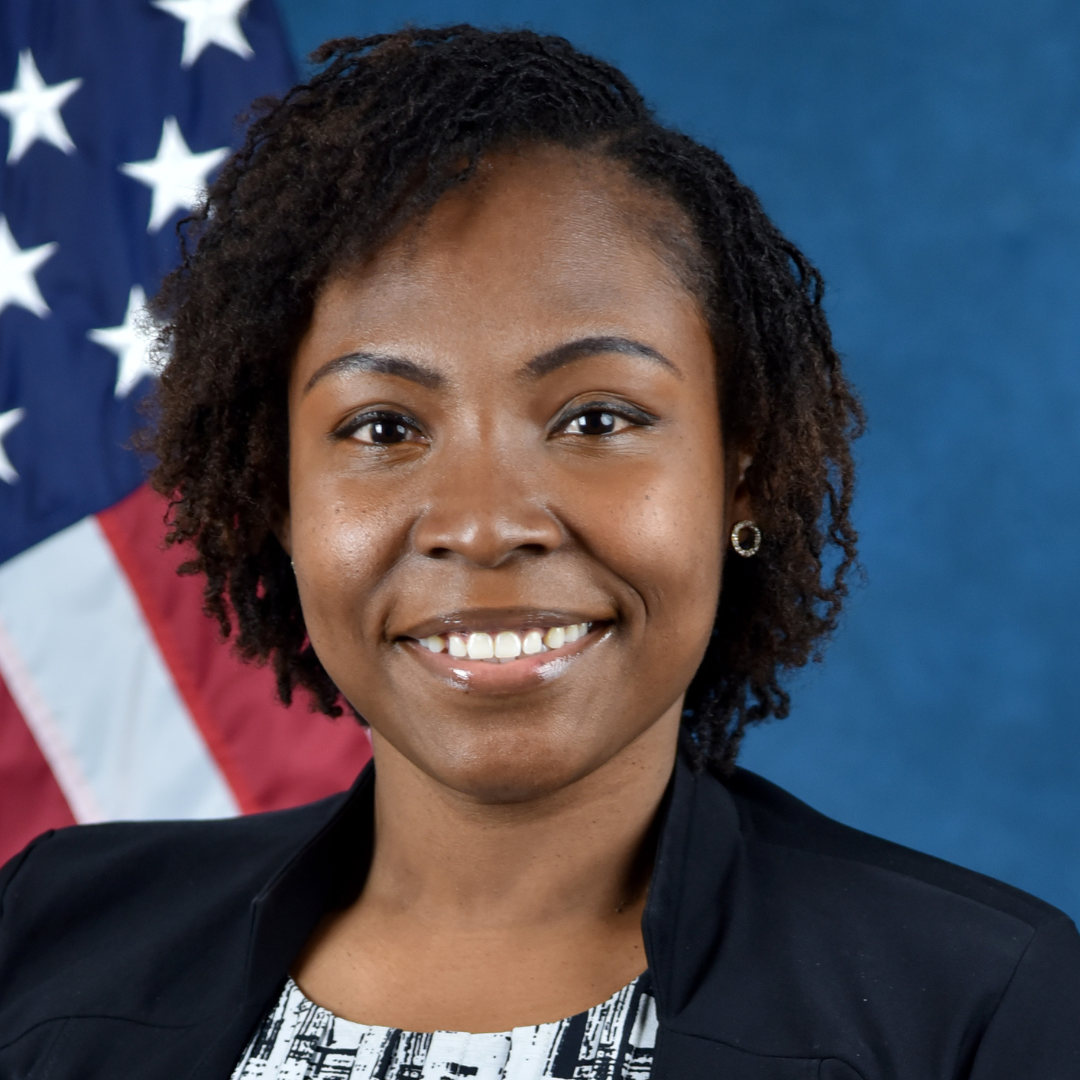 Allison Monyei Whaley, J.D., SHRM-CP, CO-OP® is an Associate Ombuds at the U.S. Census Bureau. She also works as an organizational ombuds for MWI. Her commitment to empowering people to achieve their own resolutions has characterized her work as an ombuds, fulfilling the role as a shuttle diplomat, facilitator, and mediator. Before entering the ombuds profession, she worked as an attorney, advocating on behalf of our nation's veterans and their families. She is an active leader in the ombuds community where she acts as administrator for the Black Ombuds Network and serves on the International Ombudsman Association CO-OP® Board of Directors. Allison Monyei Whaley, J.D., SHRM-CP, CO-OP® is an Associate Ombuds at the U.S. Census Bureau. She also works as an organizational ombuds for MWI. Her commitment to empowering people to achieve their own resolutions has characterized her work as an ombuds, fulfilling the role as a shuttle diplomat, facilitator, and mediator. Before entering the ombuds profession, she worked as an attorney, advocating on behalf of our nation's veterans and their families. She is an active leader in the ombuds community where she acts as administrator for the Black Ombuds Network and serves on the International Ombudsman Association CO-OP® Board of Directors.
CS 1E: Effective Coaching in Ombuds Practice: The EASE Model
To date, the factors that make conflict coaching service outcomes in ombuds offices successful have not been extensively studied and almost no quantitative research has been published on the ombuds profession. Therefore, the aim of our work on the EASE protocol was to develop a brief, measurable conflict coaching protocol for use in ombuds practice and to validate measurement tools to monitor the efficacy of ombuds practice in service to visitors. Outcomes were measured regarding visitor retention in services versus premature termination, successfully following through on agreed-upon goals, and visitor well-being. This new protocol will hopefully aid in furthering the professionalisation of ombuds services and inform training programs. Bridging what we know works from the field of psychotherapy to lead to positive client outcomes, the present study is the first to develop a testable protocol for measurement of ombuds practice service outcomes.
Conflict coaching shares parallels with psychotherapy, which also aims to promote well-being through professional relationships. In the field of psychotherapy, well-being change, cooperation, and compliance relies on the alliance between the service provider and the service recipient, while using an evidence-based theoretical framework is also important. Alliance involves: 1) Agreement on goals; 2) Agreement on tasks to reach goals; 3) Development of a personal bond made up of reciprocal positive feelings.
The elements of the EASE conflict coaching protocol aim to enhance the alliance between the ombuds and the visitor to lead to successful coaching outcomes. We will present theory, the EASE model, quantitative data to show the elements of EASE in relation to ombuds service outcomes, and provide the opportunity for hands-on role-plays for participants to begin to learn the EASE model.
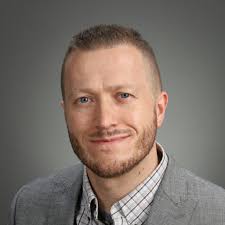 Brent Epperson, Ph.D. serves as an ombuds at the University of Luxembourg (part-time) and as an Assistant Professor and researcher of conflict studies at Saint Paul University in Canada. Brent has worked as an ombuds in Europe and North America for nearly 11 years. His research focuses on ombuds practice, good governance and the development of administratively fair and equitable policies and procedures, and issue representation in policy debates. He is a Board Member of the European Network of Ombuds in Higher Education (ENOHE), a member of the International Ombuds Association (IOA), and an Associate Member of the Association of Canadian College and University Ombuds (ACCUO). Brent Epperson, Ph.D. serves as an ombuds at the University of Luxembourg (part-time) and as an Assistant Professor and researcher of conflict studies at Saint Paul University in Canada. Brent has worked as an ombuds in Europe and North America for nearly 11 years. His research focuses on ombuds practice, good governance and the development of administratively fair and equitable policies and procedures, and issue representation in policy debates. He is a Board Member of the European Network of Ombuds in Higher Education (ENOHE), a member of the International Ombuds Association (IOA), and an Associate Member of the Association of Canadian College and University Ombuds (ACCUO).
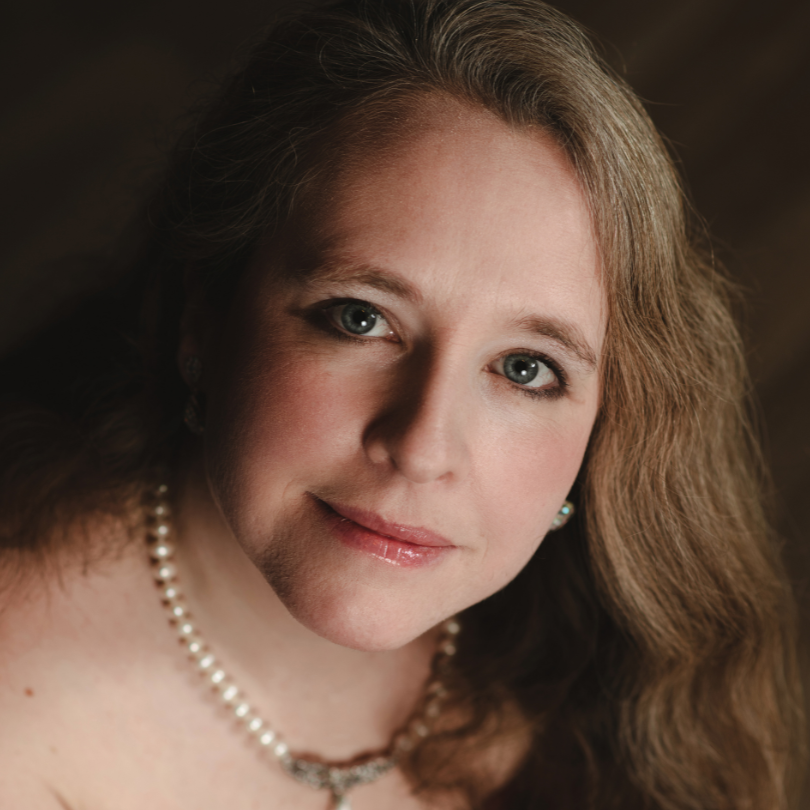 Laura Armstrong, Ph.D., C.Psych. is a nationally-funded researcher, Full Professor of Counselling and Psychotherapy, and a Clinical Psychologist who has developed mental health education programs using Meaning Mindset Theory, new knowledge mobilization research methodology, and validated measures of risk behaviours, meaning, alliance, and mental health. Dr. Armstrong brings expertise in knowledge mobilization, program development, digital media and the arts to convey educational information, and the application of what works in psychology to other fields. She has published or presented 75 articles, books, chapters, posters, workshops, and technical manuscripts in the areas of psychometric measure development, program development and evaluation, Second and Third Wave Positive Psychology, suicide prevention, and promotion of meaning and well-being. Dr. Armstrong has received Foundations in Ombuds Training. Laura Armstrong, Ph.D., C.Psych. is a nationally-funded researcher, Full Professor of Counselling and Psychotherapy, and a Clinical Psychologist who has developed mental health education programs using Meaning Mindset Theory, new knowledge mobilization research methodology, and validated measures of risk behaviours, meaning, alliance, and mental health. Dr. Armstrong brings expertise in knowledge mobilization, program development, digital media and the arts to convey educational information, and the application of what works in psychology to other fields. She has published or presented 75 articles, books, chapters, posters, workshops, and technical manuscripts in the areas of psychometric measure development, program development and evaluation, Second and Third Wave Positive Psychology, suicide prevention, and promotion of meaning and well-being. Dr. Armstrong has received Foundations in Ombuds Training.
Concurrent Session Block 2
CS 2A: My Story - A Personal Assessment That Every Ombuds Could Use
Neal Powless will demonstrate the value of this assessment by asking for a volunteer from the audience to be the visitor. I will conduct the assessment, with the aid of a PowerPoint presentation so that participants can do the assessment at the same time if they wish, or simply observe the process between myself and the volunteer. I will analyze the results publicly, explaining the theory behind each question and how each answer gives greater understanding to individual patterns. The final payoff is the unveiling of the secret nugget of conflict resolution that we all possess. Any participant who writes down their answers will also receive this valuable secret nugget of knowledge. This is knowledge that they will be able to translate for any visitor to whom they administer the assessment. Attendees should bring materials for taking notes during the session.
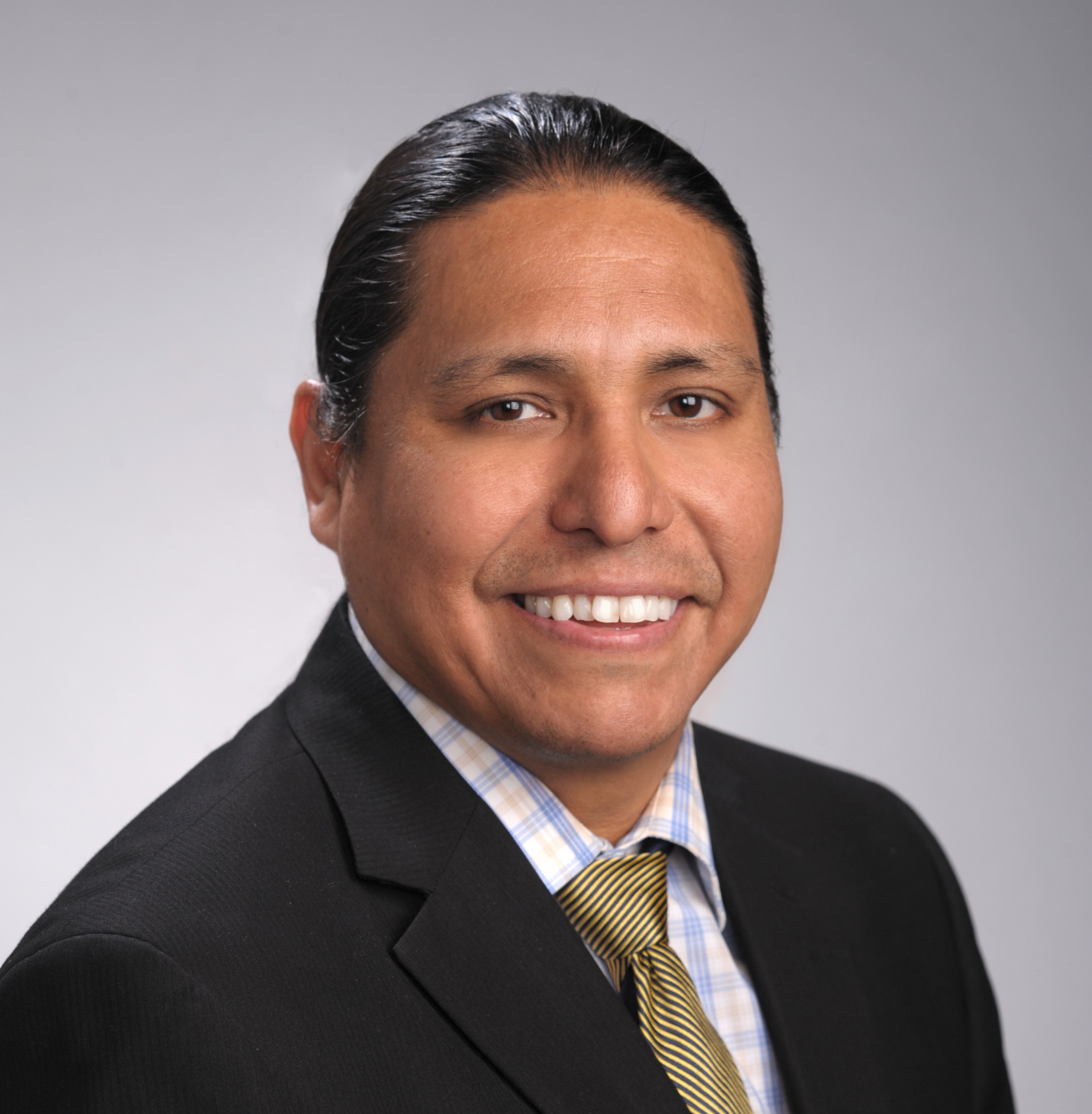 Neal J. Powless, MS, CO-OP is a traditional member of the Onondaga Nation and Eel Clan. He produced the Major Motion Picture “Crooked Arrows” and NY Emmy Nominated “Game of Life; Heart and Soul of the Onondaga” and continues to collaborate on multiple film and media projects. Mr. Powless has taught courses and presented publicly across the US and internationally for 30 years about Indigenous culture, value systems and is the Co/founder of Indigenous Concepts Consulting. He has published chapters in a news media book and a foundational Ombuds textbook. Since 2014, Mr. Powless has been the Head Coach for the Netherlands National Lacrosseteam whose current World Rank is 12, was a 3-time All-American, 2002 All-World, and has won a total of 5 Professional and National Championships. He has been inducted into 6 sports Hall of Fames.Neal has a master’s in counseling from Syracuse University and a BS in Psychology from Nazareth University. Neal J. Powless, MS, CO-OP is a traditional member of the Onondaga Nation and Eel Clan. He produced the Major Motion Picture “Crooked Arrows” and NY Emmy Nominated “Game of Life; Heart and Soul of the Onondaga” and continues to collaborate on multiple film and media projects. Mr. Powless has taught courses and presented publicly across the US and internationally for 30 years about Indigenous culture, value systems and is the Co/founder of Indigenous Concepts Consulting. He has published chapters in a news media book and a foundational Ombuds textbook. Since 2014, Mr. Powless has been the Head Coach for the Netherlands National Lacrosseteam whose current World Rank is 12, was a 3-time All-American, 2002 All-World, and has won a total of 5 Professional and National Championships. He has been inducted into 6 sports Hall of Fames.Neal has a master’s in counseling from Syracuse University and a BS in Psychology from Nazareth University.
CS 2B: Practical Skill-Building for Ombuds Practice: Issue Identification
Most ombuds will have attended seminars on the foundations of ombuds practice. Many practicing ombuds, however, do not have the time or opportunity to regularly review their ombuds skills, let alone hone and critique them. This short workshop is intended for these ombuds practitioners. In this short, interactive session, participants will use case studies, quizzes, break-out groups and plenary discussions to identify typical issues that might present during an ombuds case. Participants will also consider the presence of covert issues, and their impact on problem resolution. Finally, participants will discuss the impediments to issue identification.
 Linda M. Brothers is the inaugural University Staff Ombudsperson for Georgetown University, having previously been an ombuds at the National Institutes of Health and Wellesley College. Her areas of special focus include perceived difference and intercultural conflict, systemic conflict within organizations, and the practical application of theory to advance ombuds practice. Brothers writes on these subjects and is a frequent presenter for the International Ombuds Association, the Center for Alternative Dispute Resolution, and the Coalition of Federal Ombudsmen. She is a past Board Member of the New England Association for Conflict Resolution; she holds a J.D. from NYU and a B.A. from Yale University. Linda M. Brothers is the inaugural University Staff Ombudsperson for Georgetown University, having previously been an ombuds at the National Institutes of Health and Wellesley College. Her areas of special focus include perceived difference and intercultural conflict, systemic conflict within organizations, and the practical application of theory to advance ombuds practice. Brothers writes on these subjects and is a frequent presenter for the International Ombuds Association, the Center for Alternative Dispute Resolution, and the Coalition of Federal Ombudsmen. She is a past Board Member of the New England Association for Conflict Resolution; she holds a J.D. from NYU and a B.A. from Yale University.
CS 2C: Unraveling Stories: An Examination for the Narrative Curious Practitioner
Helping a visitor rethink their story can often lead to some creative problem-solving. By gently encouraging them to align their story with their goals, we can help open up new possibilities. Instead of just taking a visitor's story at face value, this session will cover: Part 1) the building blocks of the stories visitors often tell; Part 2) why they might frame their stories a certain way; Part 3) how different storytelling styles can shape their outlook; and Part 4) techniques to help visitors reshape limiting narratives. In the first part, we'll dive into what makes a story more than just a series of events. We'll explore the narrative elements like who's involved, when the story starts, and how the plot unfolds that connect experiences and help the visitor find meaning in their story. Building on that, the second part will look at why visitors might focus on certain elements over others. Understanding these choices can reveal the conscious or unconscious reasons behind how they craft their stories. In part three, we'll discuss how framing a story one way or another can either expand or limit the options visitors think they have. Finally, part four will bring in insights from narrative mediation, therapy, and coaching to help visitors consider new ways to reframe their narratives and see fresh possibilities.
 Nicholas Theotocatos started his career working as a lawyer for a firm representing the State of Alaska on the Alaska North Slope Royalty Litigation. Before becoming an ombudsman, Nicholas helped build administrative tribunals, working first for the UN Compensation Commission and then for the German Forced Labour Compensation Programme administered by the International Organization for Migration (IOM). He was the Ombudsperson for IOM from 2007 until 2009, the UN's Regional Ombudsman in Nairobi from 2010 until 2019 and has been the UN’s Regional Ombudsman in Geneva since 2019. Nicholas Theotocatos started his career working as a lawyer for a firm representing the State of Alaska on the Alaska North Slope Royalty Litigation. Before becoming an ombudsman, Nicholas helped build administrative tribunals, working first for the UN Compensation Commission and then for the German Forced Labour Compensation Programme administered by the International Organization for Migration (IOM). He was the Ombudsperson for IOM from 2007 until 2009, the UN's Regional Ombudsman in Nairobi from 2010 until 2019 and has been the UN’s Regional Ombudsman in Geneva since 2019.
CS 2D: A Winning Combination: A Reciprocal Relationship with Student Interns/Workers in Ombuds Practice
Are you looking to engage student interns/workers in your ombuds office? Or perhaps you're interested in exploring best practices to maximize student interns/workers? Join us for a dynamic session that includes content delivery and a panel of practitioners as we delve into the mutual benefits of integrating students into ombuds work. This session will highlight the reciprocal value of student interns/workers in ombuds offices offering essential support to the office and exceptional skill development opportunities for undergraduate and graduate students.
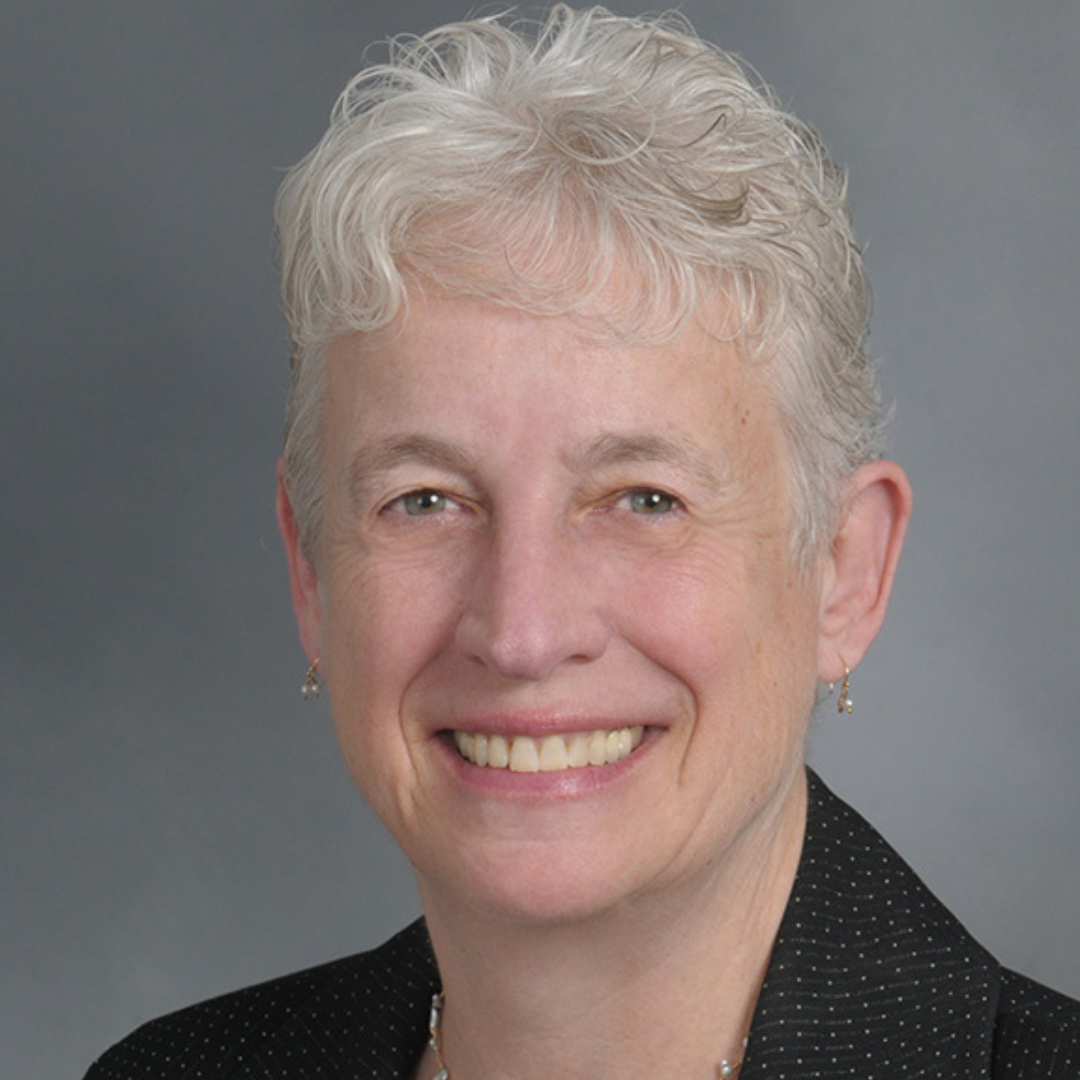 Donna Buehler serves as Stony Brook University Ombuds. She held two prior positions at the university as Director of the Employee Assistance Program and Director of Healthier U Workplace Wellness. Donna received her BA from the University of Connecticut and Master of Science in Social Work from Columbia University with a minor in business administration. Donna is a member of The International Ombuds Association and the International Association of Employee Assistance Professionals in Education where she was a board member and recipient of the 2012 IAEAPE Service Award. She holds a certificate in mediation from Quinnipiac University School of Law. Donna Buehler serves as Stony Brook University Ombuds. She held two prior positions at the university as Director of the Employee Assistance Program and Director of Healthier U Workplace Wellness. Donna received her BA from the University of Connecticut and Master of Science in Social Work from Columbia University with a minor in business administration. Donna is a member of The International Ombuds Association and the International Association of Employee Assistance Professionals in Education where she was a board member and recipient of the 2012 IAEAPE Service Award. She holds a certificate in mediation from Quinnipiac University School of Law.
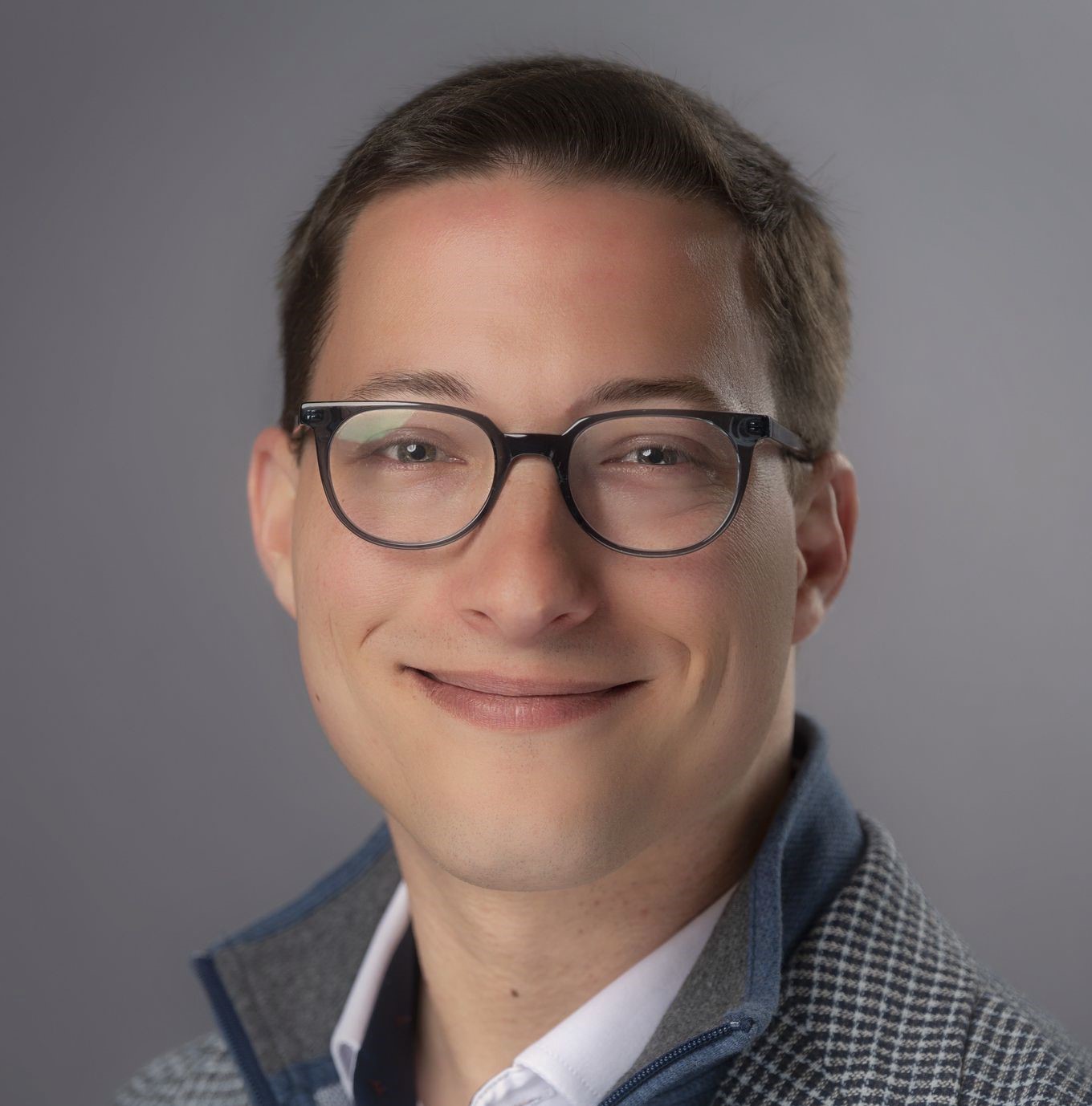 Jivanto van Hemert (he/him) serves as the University Ombuds at the University of Cincinnati. He holds a Master of Education Degree in College Student Personnel from Ohio University and a Master of Business Administration from Salve Regina University where he also obtained a Bachelor of Arts in Administration of Justice. Additionally, Jivanto holds a Graduate Certificate in Crisis Communications and is currently a law student. Jivanto volunteers with the Dayton Mediation Center as a transformative mediator and is a certified Sustained Dialogue facilitator. Jivanto van Hemert (he/him) serves as the University Ombuds at the University of Cincinnati. He holds a Master of Education Degree in College Student Personnel from Ohio University and a Master of Business Administration from Salve Regina University where he also obtained a Bachelor of Arts in Administration of Justice. Additionally, Jivanto holds a Graduate Certificate in Crisis Communications and is currently a law student. Jivanto volunteers with the Dayton Mediation Center as a transformative mediator and is a certified Sustained Dialogue facilitator.
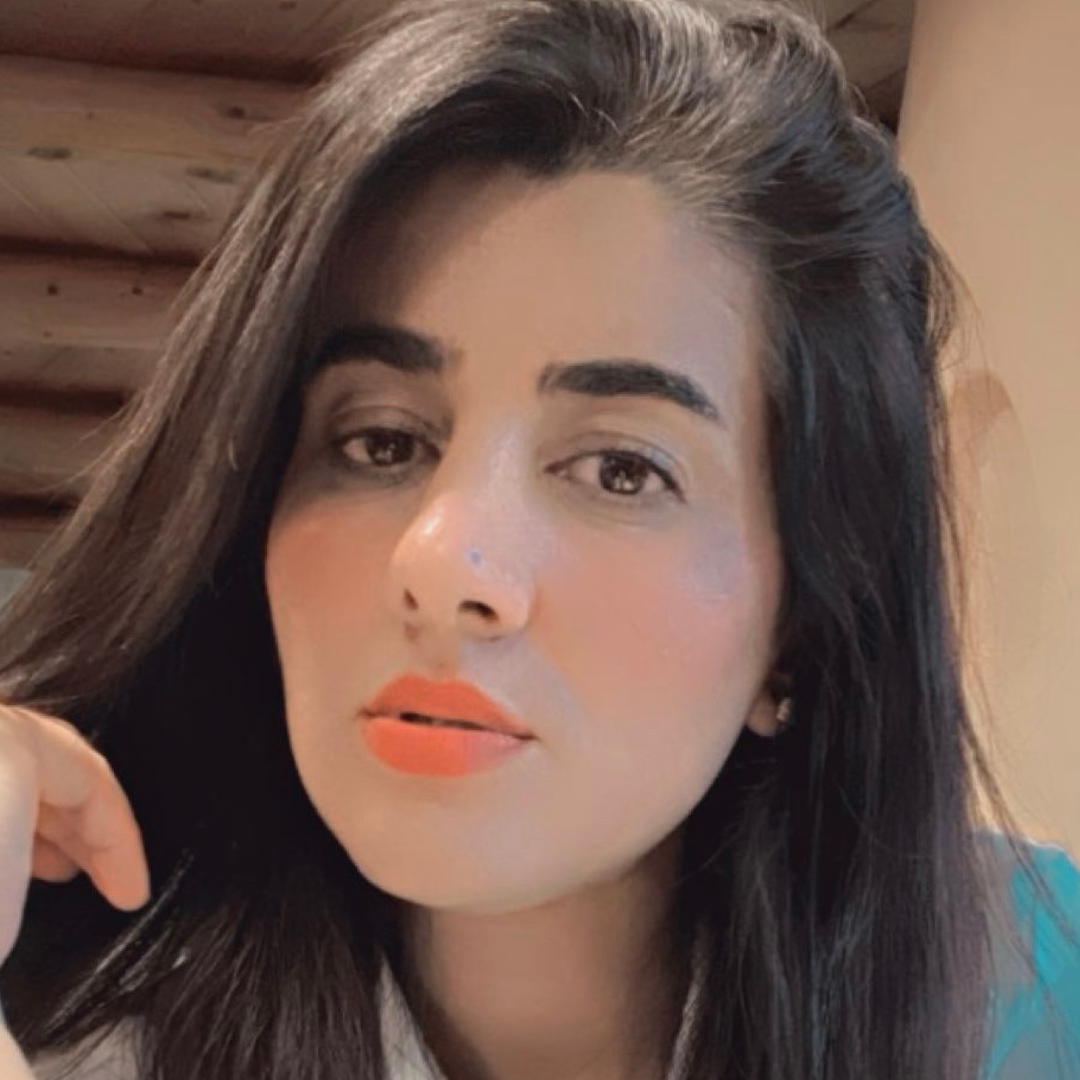 Aasma Batool is a graduate student at University of New Mexico in the College of Education, working toward a PhD in Language Literacy & Sociocultural Studies with in TESOL. Lana served as a graduate ombuds through Graduate Services starting in the Fall 2020 semester. More recently, she joined the Ombuds Services team as Project Assistant Ombuds. Aasma Batool is a graduate student at University of New Mexico in the College of Education, working toward a PhD in Language Literacy & Sociocultural Studies with in TESOL. Lana served as a graduate ombuds through Graduate Services starting in the Fall 2020 semester. More recently, she joined the Ombuds Services team as Project Assistant Ombuds.
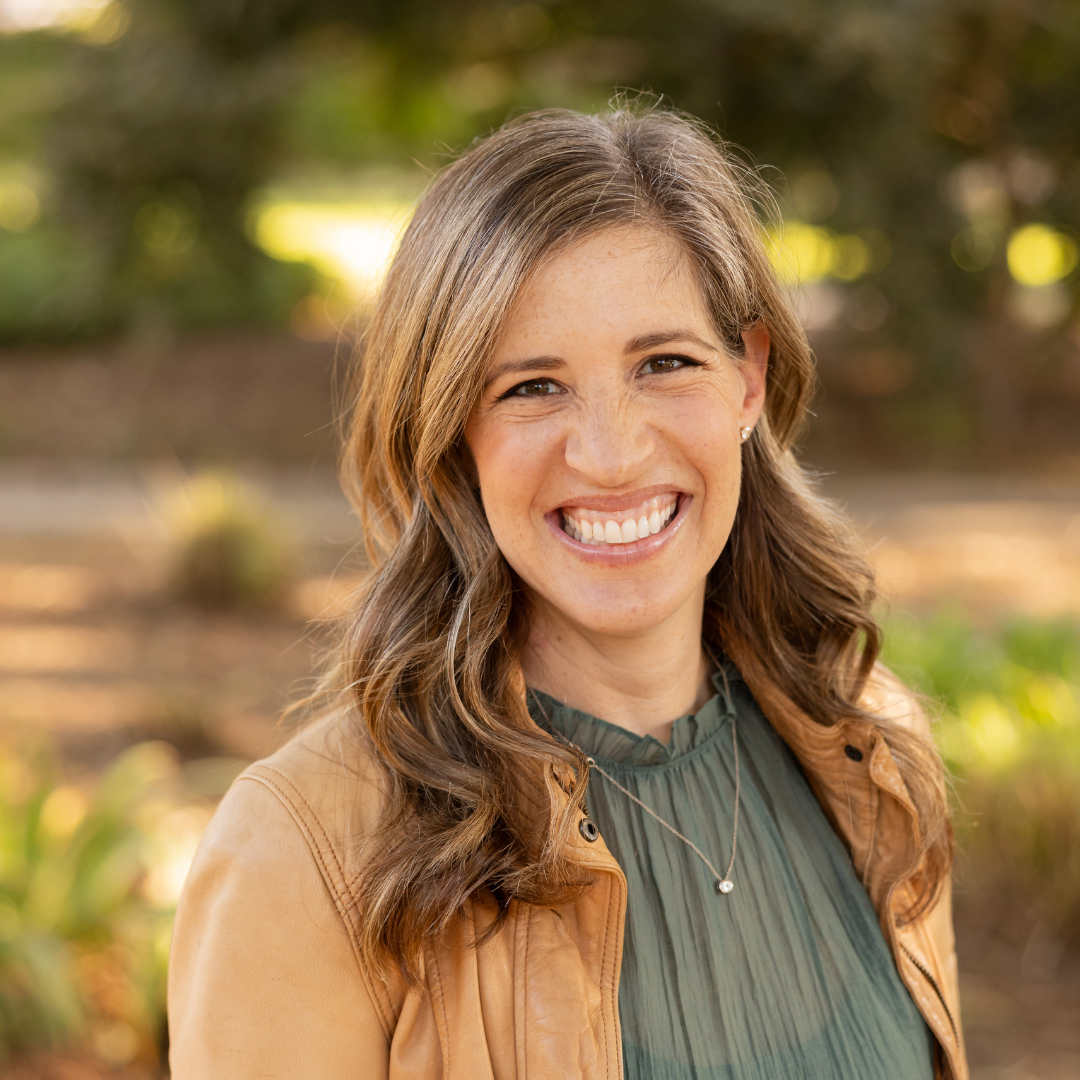 Lana Smith-Hale earned her B.S. in Psychology from Cal Poly, San Luis Obispo, and her Master’s in Social Work from the University of Southern California. She is a Licensed Clinical Social Worker in California and holds a Mediation Certification from UC Irvine. With extensive experience in mental health and group dynamics, Lana began working at UC Santa Barbara in 2014. She has served as Assistant Director of Graduate Career Services, a summer program lecturer, and as a therapist and supervisor at the Hosford Clinic. Since 2023, Lana has been serving as an Assistant Ombuds at UCSB. Lana Smith-Hale earned her B.S. in Psychology from Cal Poly, San Luis Obispo, and her Master’s in Social Work from the University of Southern California. She is a Licensed Clinical Social Worker in California and holds a Mediation Certification from UC Irvine. With extensive experience in mental health and group dynamics, Lana began working at UC Santa Barbara in 2014. She has served as Assistant Director of Graduate Career Services, a summer program lecturer, and as a therapist and supervisor at the Hosford Clinic. Since 2023, Lana has been serving as an Assistant Ombuds at UCSB.
CS 2E: Compelling Insights and Important Implications from IOA Surveys of Practice and Compensation
Ombuds seek information, and seek to get information where it needs to go. Would you like to know what issues are seen most frequently by ombuds in your sector? Or how many cases an ombuds typically handles in a year? Or who brought the most serious cases to the ombuds' attention? Or which services almost all ombuds offer, and which almost none do? And what about typical salaries and reporting lines? Come to this presentation, and leave with valuable information!
 Dr. Jennifer Schneider is an organizational ombuds at the University of South Florida (USF), offering ombuds services to nearly 50K undergraduate, graduate, and professional students. Prior to her current role, Jennifer held various faculty and administrative positions at USF, the University of Central Florida, and at Polk State College. She also spent over ten years teaching in the public K-12 system. Jennifer has been an active IOA volunteer since 2015. She currently serves on the Research and Assessment Committee and co-chairs the Advocacy Committee. She was previously a member of the Communications Committee, where she served as editor of The Independent Voice. Dr. Jennifer Schneider is an organizational ombuds at the University of South Florida (USF), offering ombuds services to nearly 50K undergraduate, graduate, and professional students. Prior to her current role, Jennifer held various faculty and administrative positions at USF, the University of Central Florida, and at Polk State College. She also spent over ten years teaching in the public K-12 system. Jennifer has been an active IOA volunteer since 2015. She currently serves on the Research and Assessment Committee and co-chairs the Advocacy Committee. She was previously a member of the Communications Committee, where she served as editor of The Independent Voice.
 Dr. Mary Rowe was an ombuds at MIT for ~ 42 years, and since then has been Adjunct Professor of Negotiation and Conflict Management at the MIT Sloan School of Management, doing research and widespread consulting about ombuds, conflict management systems, harassment, bystanders, and micro-affirmations. Her research and publications website contains many dozens of articles, mostly free access, about being an ombud and about ombuds practice. She also put many records into MIT Archives. Dr. Mary Rowe was an ombuds at MIT for ~ 42 years, and since then has been Adjunct Professor of Negotiation and Conflict Management at the MIT Sloan School of Management, doing research and widespread consulting about ombuds, conflict management systems, harassment, bystanders, and micro-affirmations. Her research and publications website contains many dozens of articles, mostly free access, about being an ombud and about ombuds practice. She also put many records into MIT Archives.
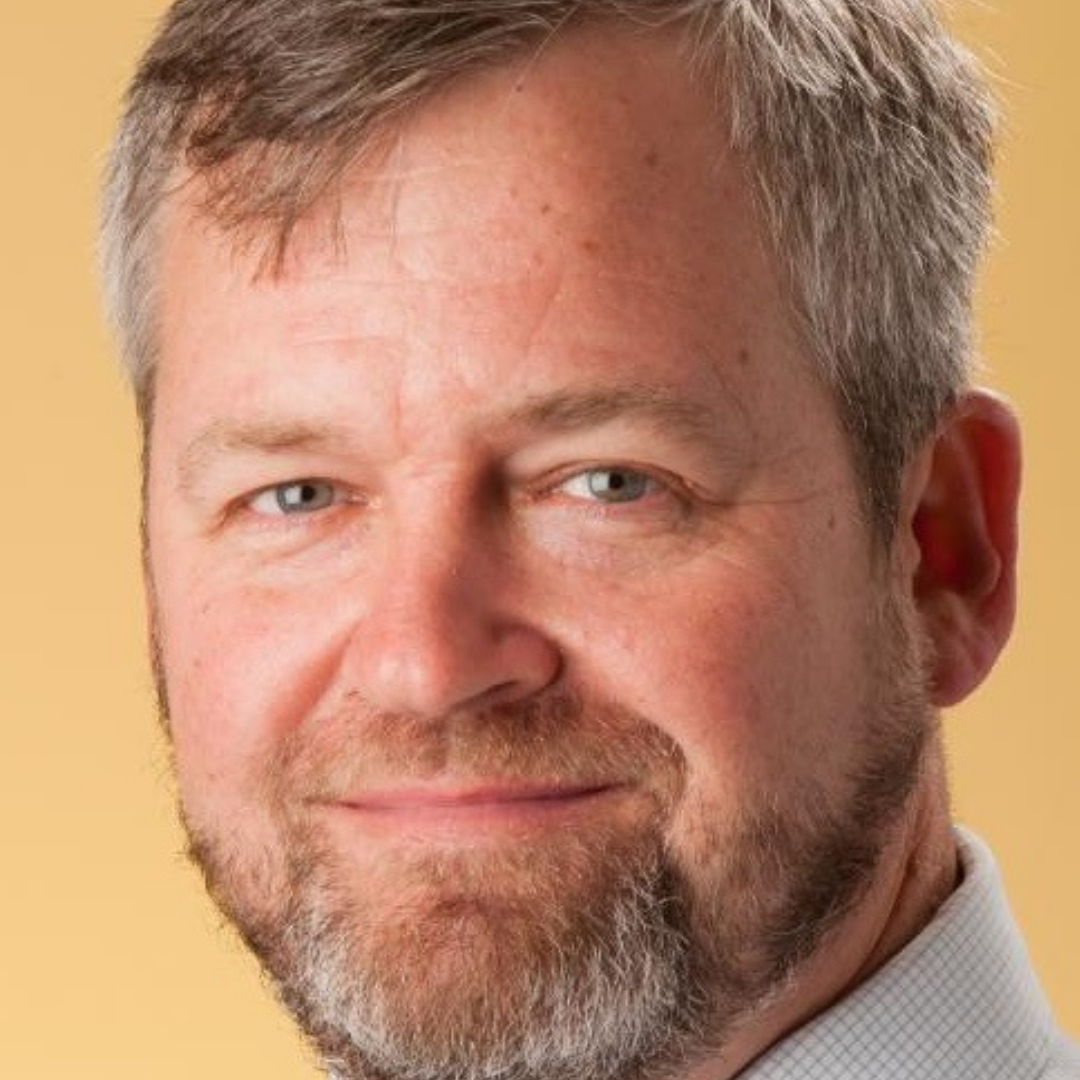 Dr. Timothy Hedeen is an experienced ombuds, mediator, and researcher, as well as Professor of Conflict Management at Kennesaw State University. He describes his work as "constructive conflict engagement," whether mediating workplace disputes, coaching private clients, or facilitating public policy dialogues. He frequently serves as a consultant, trainer, and evaluator in organizational, judicial, and educational settings. He's conducted many studies of ombuds services, including the ACUS report on federal agency ombuds, the past five IOA bi-annual practice surveys, and comprehensive reviews of ombuds offices at major universities. Dr. Timothy Hedeen is an experienced ombuds, mediator, and researcher, as well as Professor of Conflict Management at Kennesaw State University. He describes his work as "constructive conflict engagement," whether mediating workplace disputes, coaching private clients, or facilitating public policy dialogues. He frequently serves as a consultant, trainer, and evaluator in organizational, judicial, and educational settings. He's conducted many studies of ombuds services, including the ACUS report on federal agency ombuds, the past five IOA bi-annual practice surveys, and comprehensive reviews of ombuds offices at major universities.
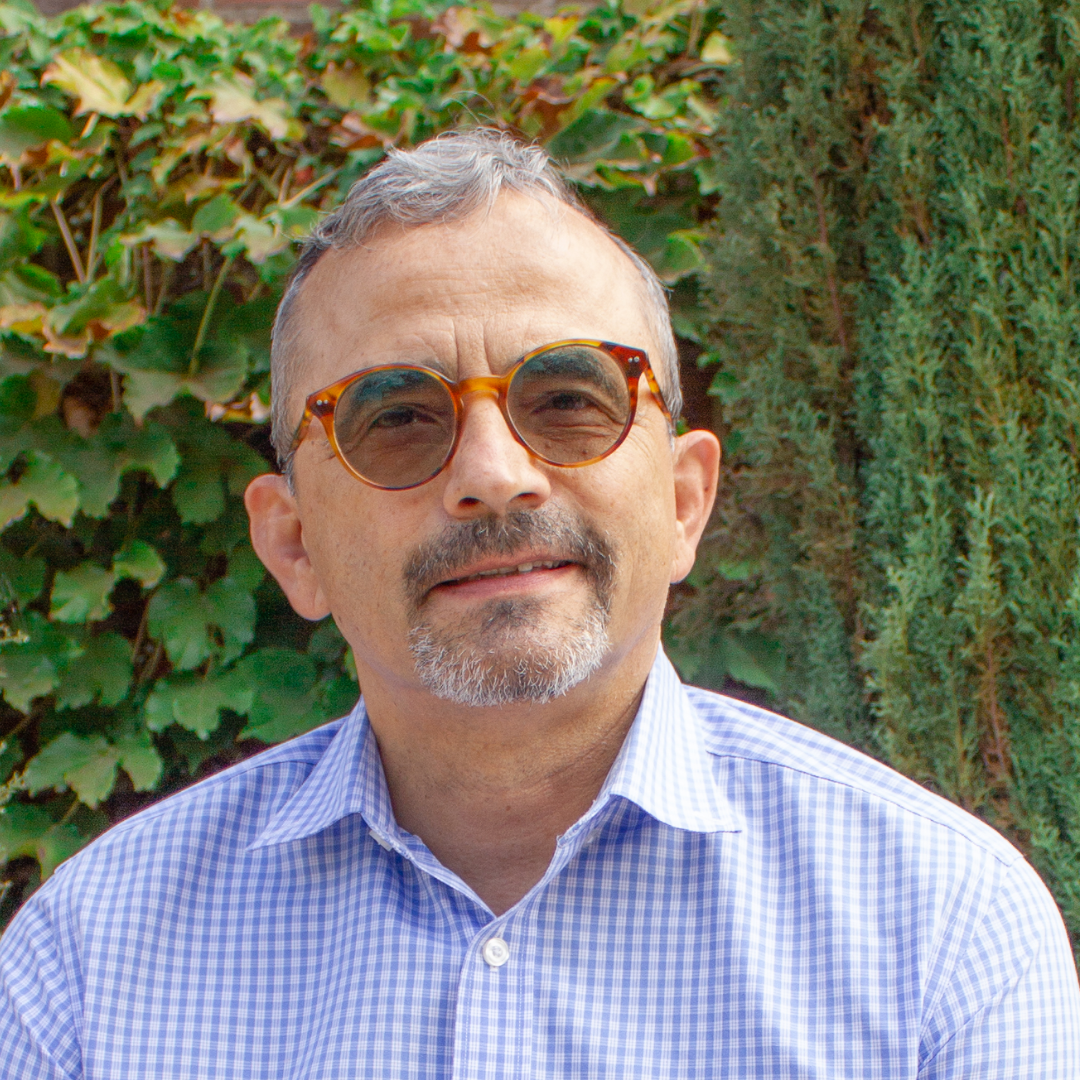 Dr. Hector Escalante Meza is the University of California, Merced, Director of the Ombuds Office. Not that long ago, he was the inaugural ombuds for the University of the Pacific. He also serves as an ombuds consultant for non-profit companies. He comes from both a management and academic background. Escalante has developed new ombuds offices in both the academic and nonprofit sectors. Escalante holds a Doctor of Education and a Master of Fine Arts in creative non-fiction writing. He served as a college professor for many years before transitioning into academic administration. Escalante is a trained mediator, DISC profile facilitator, Crucial Conversations Trainer, 3 Practice Circle facilitator, and a conflict resolution professional. Escalante currently teaches a conflict and negotiation course at the University of the Pacific. As an Organizational Ombuds, he works with individuals and groups in an organization to explore and assist them in determining options to help resolve complex work-place conflicts. Dr. Hector Escalante Meza is the University of California, Merced, Director of the Ombuds Office. Not that long ago, he was the inaugural ombuds for the University of the Pacific. He also serves as an ombuds consultant for non-profit companies. He comes from both a management and academic background. Escalante has developed new ombuds offices in both the academic and nonprofit sectors. Escalante holds a Doctor of Education and a Master of Fine Arts in creative non-fiction writing. He served as a college professor for many years before transitioning into academic administration. Escalante is a trained mediator, DISC profile facilitator, Crucial Conversations Trainer, 3 Practice Circle facilitator, and a conflict resolution professional. Escalante currently teaches a conflict and negotiation course at the University of the Pacific. As an Organizational Ombuds, he works with individuals and groups in an organization to explore and assist them in determining options to help resolve complex work-place conflicts.
Concurrent Session Block 3
CS 3A: Playing Well with Others: Improvisation Activities to Help Ombuds Meet the Moment
Ombuds must meet the moment with grace or charm, truth or understanding but always in good time. Learn how to develop and improve your ability to be in the moment when connecting with visitors or parties in a facilitation. Using improvisation, learners will practice innovative structures that support the idea of creating connection and recognizing significant moments, to stay engaged with visitors or groups.
Ombuds must build trust, hear stories, reframe, show empathy, listen for offers, promote reflection, be mindful of the time, and the list goes on. In facilitation, ombuds must recognize places for mutual gains, balance the speakers' time, attend to power dynamics and know when to talk and when to listen.
Improvising, or improv, is creating something without preparation. Improvisation involves a person using their instincts and impulses in a natural and spontaneous way to provide satisfying, and often unexpected, outcomes. Improvisation exercises and structures offer the chance for ombuds and facilitators to not only develop their intuition, reactiveness and spontaneity but also to practice an unlimited number of scenarios to meet the moment, when it arrives. No prior improvisation or theater experience is needed whatsoever. All are welcome to attend this non-traditional, participatory session that uses improvisation exercises to enhance your ability to foster connection and meet the moment.
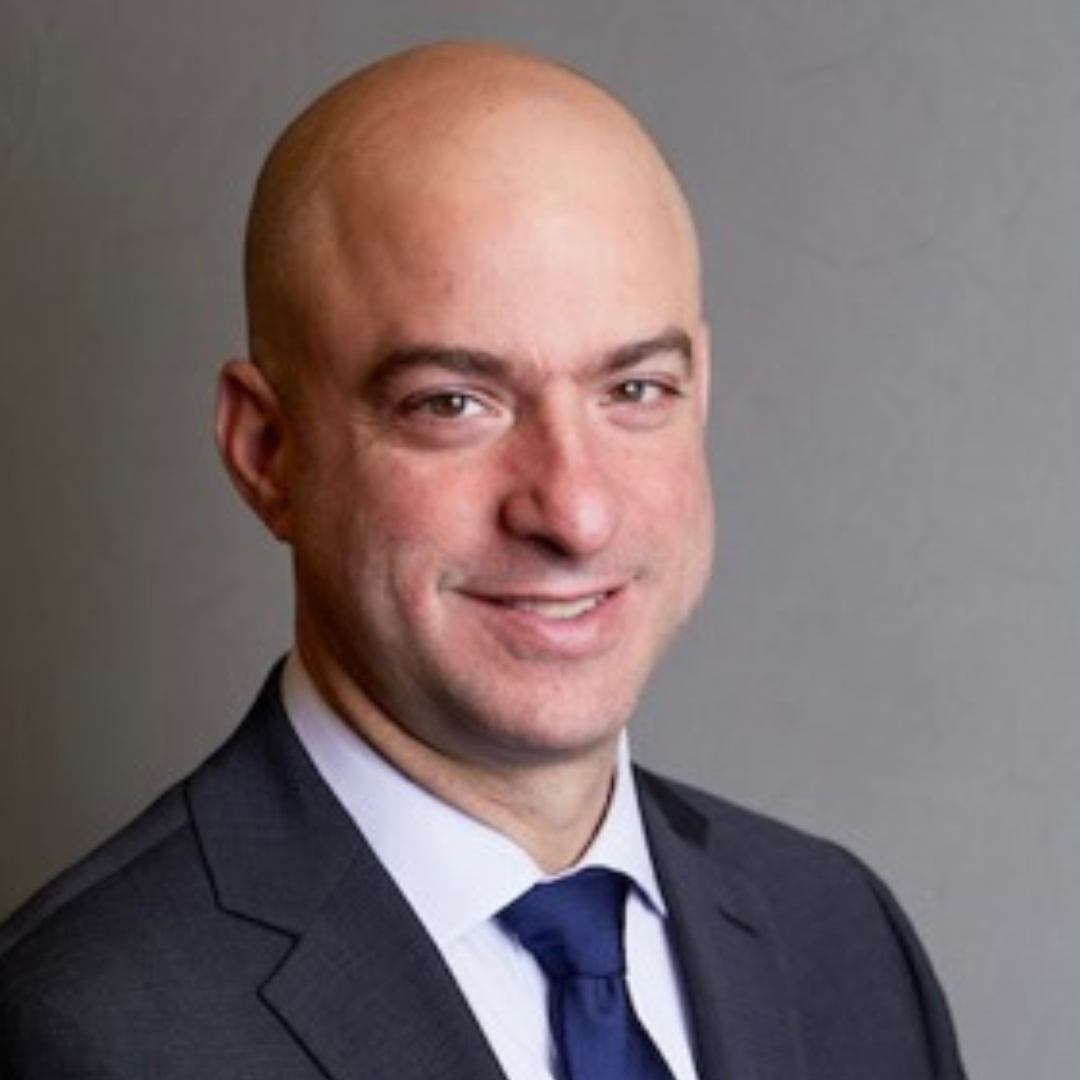 Adam Barak Kleinberger is an Ombuds at Harvard University and a Certified Organizational Ombudsman Practitioner® (CO-OP). Adam began his study of conflict resolution at the United World College and holds an MA in Dispute Resolution from the University of Massachusetts Boston, a BA from Brandeis University and a diploma from Ringling Bros. and Barnum & Bailey Clown College. Prior to arriving at Harvard, Adam served as an Ombuds at Boston University and Cornell University. His research and training have focused on improving conflict management skills using improvisation and clowning. Adam Barak Kleinberger is an Ombuds at Harvard University and a Certified Organizational Ombudsman Practitioner® (CO-OP). Adam began his study of conflict resolution at the United World College and holds an MA in Dispute Resolution from the University of Massachusetts Boston, a BA from Brandeis University and a diploma from Ringling Bros. and Barnum & Bailey Clown College. Prior to arriving at Harvard, Adam served as an Ombuds at Boston University and Cornell University. His research and training have focused on improving conflict management skills using improvisation and clowning.
CS 3B: Objectivity and Ombuds: Reality Check
The idea of objective standards is that there are independent measures of legitimacy that can help ombuds and stakeholders identify criteria for productive outcomes. Inevitably, ombuds are asked to support stakeholders dealing with value differences whose resolution cannot be managed through objective standards of any kind: often there is no policy, law, or even best practice guideline to help set a foundation for fair or reasonable agreement. In an academic setting and particularly in working with faculty, this situation is the norm and not the exception. How should an ombud respond? What are the potential impacts - precedent, passive-aggressive behavior, spin-off conflicts, and otherwise - that emerge from inadequate management of these disagreements? And what tools are available to ombuds to facilitate productive communication, satisfactory outcomes, and a reduction in recidivist visitor patterns? We will explore this phenomenon, engage in dialogue about the nature of the problem, and unpack a variety of concrete tools for the ombuds community.
 Abram Kaplan has worked in conflict resolution for 30 years, teaching a college-level course on environmental dispute resolution and then building a hands-on practice. In 2016, he co-founded Denison University's Faculty Ombuds Program, which now has eight members. Kaplan completed the IOA Foundations course, Social Justice Mediation Institute certification, and CINERGY conflict coaching training. His consulting firm, Kaplan Collaboration, provides ADR/ombud services to academic institutions. Abram Kaplan has worked in conflict resolution for 30 years, teaching a college-level course on environmental dispute resolution and then building a hands-on practice. In 2016, he co-founded Denison University's Faculty Ombuds Program, which now has eight members. Kaplan completed the IOA Foundations course, Social Justice Mediation Institute certification, and CINERGY conflict coaching training. His consulting firm, Kaplan Collaboration, provides ADR/ombud services to academic institutions.
CS 3C: Navigating the Landscape of Ombuds: Embedded vs. External Ombuds Services - Theory, Practice, and Real-World Challenges
This presentation offers a comprehensive exploration of the distinctions between internally embedded ombuds and externally positioned contract ombuds, framed through both theory and practice. Presenters will draw on their expertise and lived experiences to discuss the theoretical foundations of ombuds work, which extends beyond conflict resolution to include relationship building and systemic feedback. The session will also dive into the practical application of these models, guided by the hierarchy of tasks set forth by Raines & Harrison (JIOA, 2020). Attendees will gain insights into how these tasks, ranging from resolving individual disputes to providing organizational feedback, are prioritized and managed differently in each model. Through real-world examples, the presenters will highlight the pros, cons, and unique challenges each ombuds model faces. The session will cover key areas such as adherence to the International Ombudsman Association (IOA) Standards of Practice (independence, neutrality, confidentiality, and informality), the scope of services offered, and the methods used to assess effectiveness and provide systemic feedback. By addressing the theoretical, operational, and relational aspects of ombuds work, this session equips participants with the tools to critically evaluate each model, while also fostering a discussion around the common challenges of gaining access, trust, and influence. This session will not only cover the practical differences between embedded and external ombuds roles but will also invite participants to reflect on their own experiences and challenges, fostering a rich, theory-driven, and practice-informed dialogue on the future of ombuds work.
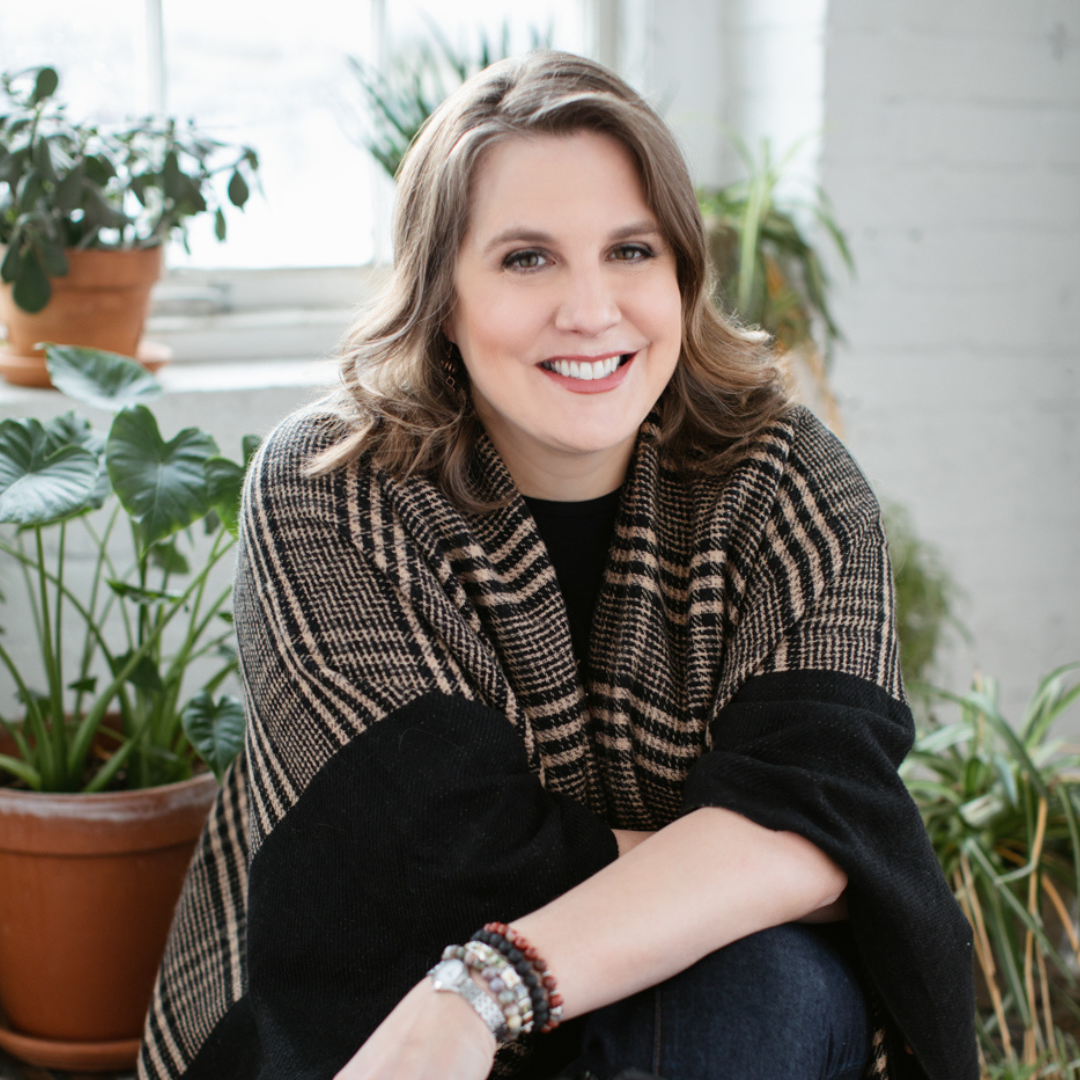 Dr. Shannon Lynn Burton is the University Ombudsperson at Michigan State University, as well as Co-Ombuds for the American Educational Research Association (AERA) and an Adjunct Professor of Management at Aquinas College where she teaches conflict resolution, group dynamics, and ethics. Shannon serves the broader professional community through her work as one of the International Ombudsman Association's (IOA) inaugural co-chairs for the Research and Assessment Committee, Editor for the Journal of the IOA (JIOA), and a Co-Editor for IOA’s first book, The Organizational Ombuds: Foundations, Fundamentals and Futures to be published in 2024. Dr. Shannon Lynn Burton is the University Ombudsperson at Michigan State University, as well as Co-Ombuds for the American Educational Research Association (AERA) and an Adjunct Professor of Management at Aquinas College where she teaches conflict resolution, group dynamics, and ethics. Shannon serves the broader professional community through her work as one of the International Ombudsman Association's (IOA) inaugural co-chairs for the Research and Assessment Committee, Editor for the Journal of the IOA (JIOA), and a Co-Editor for IOA’s first book, The Organizational Ombuds: Foundations, Fundamentals and Futures to be published in 2024.
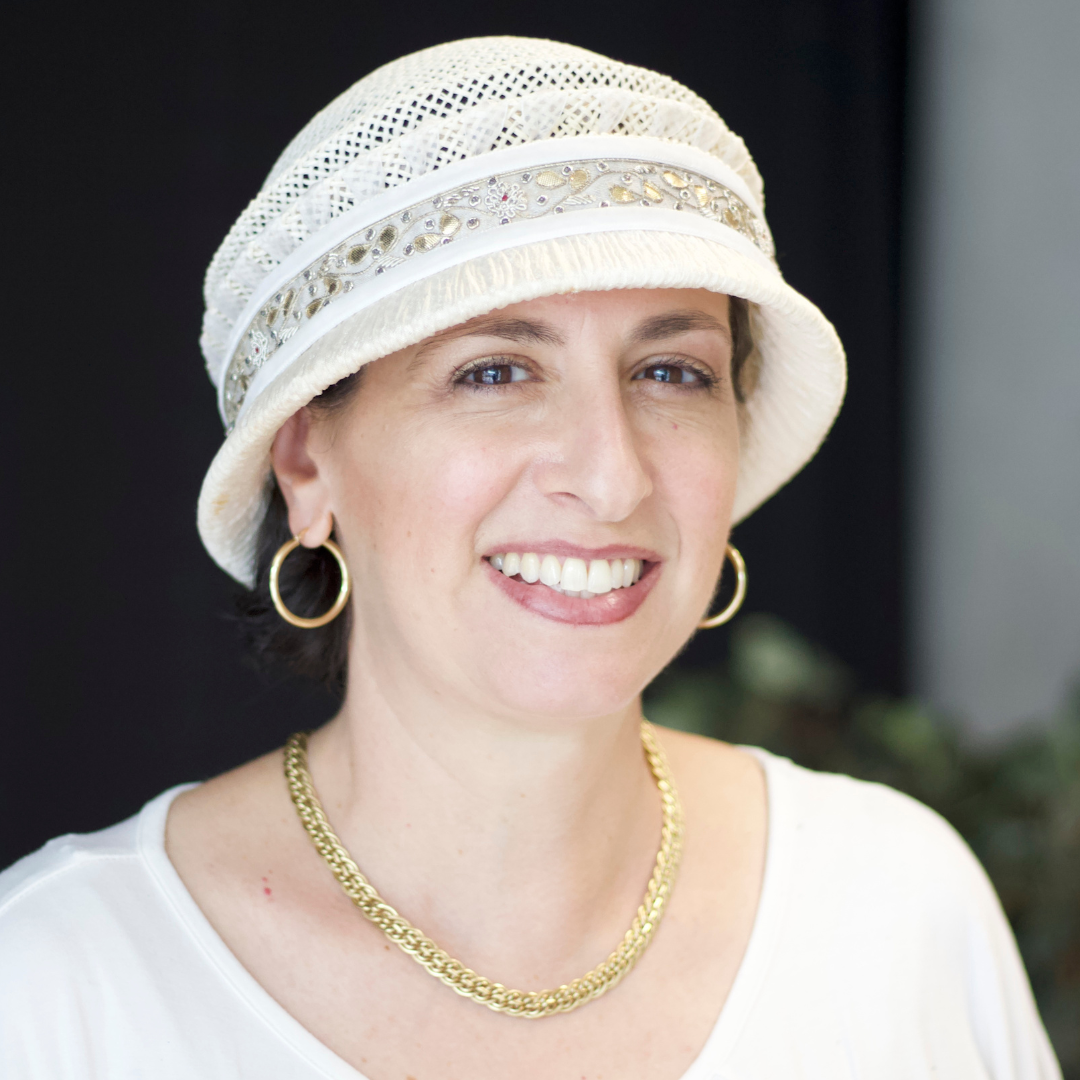 Kira Nurieli is the CEO of the Harmony Strategies Group and is an experienced Ombuds, mediator, conflict coach, trainer/facilitator, consultant, and restorative practices facilitator. She has spent upwards of twenty years helping clients handle conflict and improve communication strategies and has presented at numerous conferences and symposia as a subject matter expert. She holds a Master’s degree in Organizational Psychology from Columbia University and a Bachelor’s degree in Comparative Performance from Barnard College. Kira Nurieli is the CEO of the Harmony Strategies Group and is an experienced Ombuds, mediator, conflict coach, trainer/facilitator, consultant, and restorative practices facilitator. She has spent upwards of twenty years helping clients handle conflict and improve communication strategies and has presented at numerous conferences and symposia as a subject matter expert. She holds a Master’s degree in Organizational Psychology from Columbia University and a Bachelor’s degree in Comparative Performance from Barnard College.
CS 3D: A Circle of Companions: A 3Practices Circle Experience for Seasoned Ombuds
So often as Ombuds, we design and facilitate group experiences, but we don't often get the chance to experience them for ourselves. Participate in an experience with us! Using the 3Practices circle model, we'll explore a question highly resonant with seasoned practitioners in a session designed to increase community, understanding, and shared clarity. We hope that participants are inspired to go on to do their own learning about the 3Practices Circle model. We'll also debrief the experience together and discuss how this model can be incorporated into your Ombuds tools and your own reflective practice and self-care model.
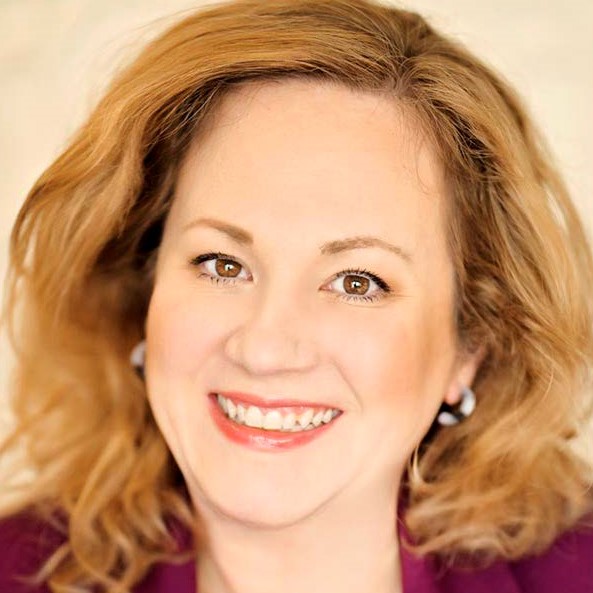 Jennifer Mahony, JD is the Ombuds Director at Boston Children's Hospital, where she established the program in January 2022. Jenn has been fortunate to be a practicing Ombuds in The United States and New Zealand. She obtained her Juris Doctor from Emory University School of Law. She serves as president-elect for the IOA Board of Directors. Jennifer Mahony, JD is the Ombuds Director at Boston Children's Hospital, where she established the program in January 2022. Jenn has been fortunate to be a practicing Ombuds in The United States and New Zealand. She obtained her Juris Doctor from Emory University School of Law. She serves as president-elect for the IOA Board of Directors.
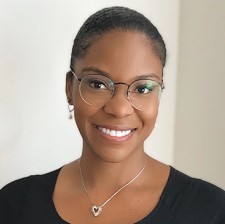 Alicia Booker Ph. D. is the Principal Ombuds for Baylor College of Medicine and former University Ombudsperson for University of Alabama at Birmingham. Alicia received her Ph.D. from Nova Southeastern University’s Conflict Analysis and Resolution program. Her dissertation project focused on Competencies for Ombuds practicing in Higher Education. Booker-Cormier serves as the Immediate Past President of the International Ombuds Association and is a member of Southern Methodist University Alumni Board. Booker earned a Bachelor of Arts in Journalism, and a Master of Arts in Dispute Resolution from Southern Methodist University (SMU).Booker has received graduate certificates in executive coaching, conflict coaching, mediation, and advanced training on workplace collaboration from SMU and a qualitative research graduate certificate from NSU. In addition to dispute resolution, Booker’s roots in investigative journalism and private investigation have equipped her with a critical interview and question-asking skills that are key to her role as an ombuds. Alicia Booker Ph. D. is the Principal Ombuds for Baylor College of Medicine and former University Ombudsperson for University of Alabama at Birmingham. Alicia received her Ph.D. from Nova Southeastern University’s Conflict Analysis and Resolution program. Her dissertation project focused on Competencies for Ombuds practicing in Higher Education. Booker-Cormier serves as the Immediate Past President of the International Ombuds Association and is a member of Southern Methodist University Alumni Board. Booker earned a Bachelor of Arts in Journalism, and a Master of Arts in Dispute Resolution from Southern Methodist University (SMU).Booker has received graduate certificates in executive coaching, conflict coaching, mediation, and advanced training on workplace collaboration from SMU and a qualitative research graduate certificate from NSU. In addition to dispute resolution, Booker’s roots in investigative journalism and private investigation have equipped her with a critical interview and question-asking skills that are key to her role as an ombuds.
CS 3E: Empathy at the Core: Advancing User-Centric Innovation in Ombuds Services
Attendees of this session will learn how to apply empathy-driven strategies to recognize specific areas in their current practices that limit visitor engagement and inclusivity, use a strategic framework and develop concrete tools to gain insight on and improve visitor experience and refine ombuds services, constantly seeking improvements that prioritize the evolving needs of the visitors.
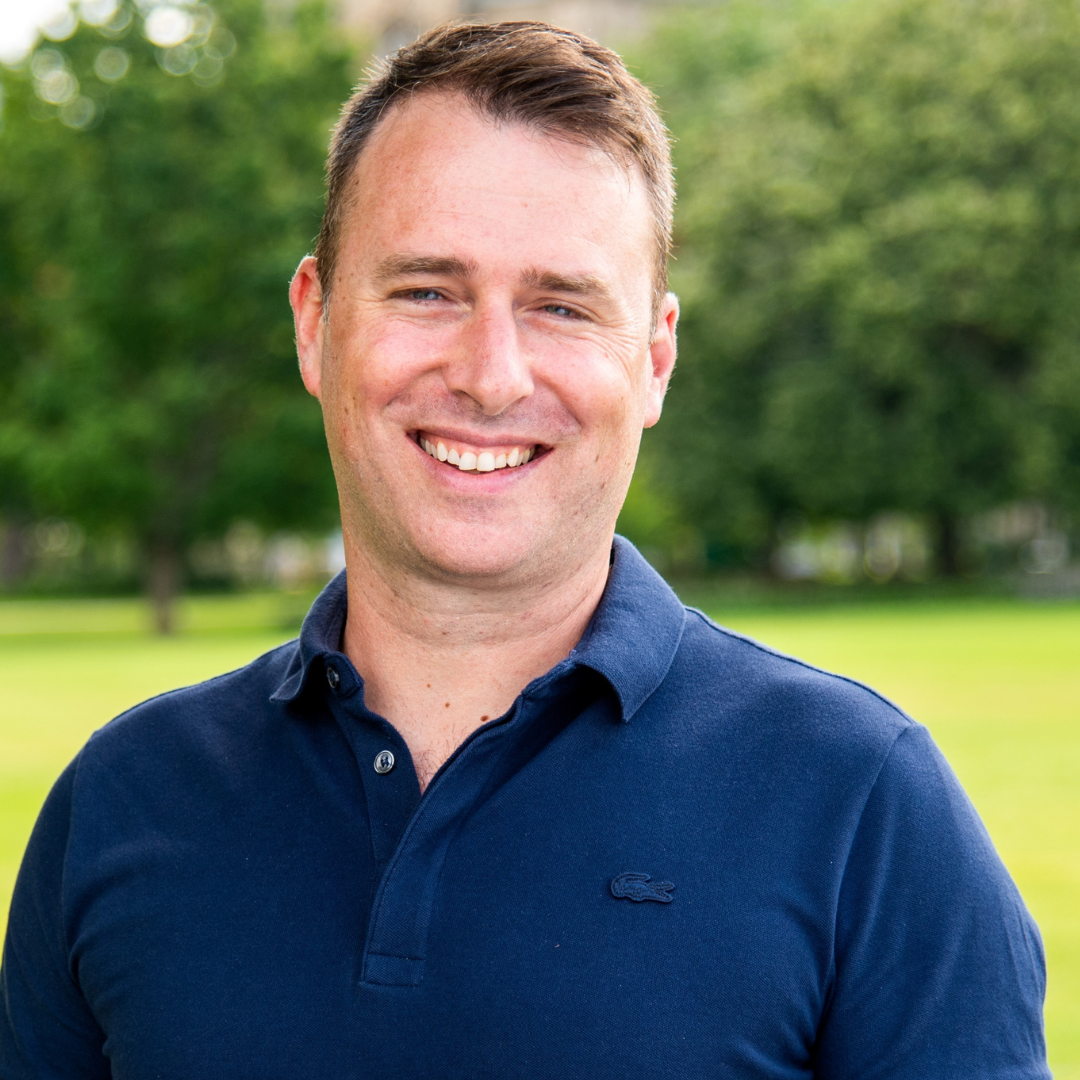 Alexandre Saint-Jean has been in the fields of conflict resolution, wellness, harassment prevention, and values and ethics for the past 16 years. He has been an ombuds since 2018. A few years ago, he discovered his life mission: to reduce human suffering through peacebuilding efforts. How he fell in this field all made sense! This has motivated Alexandre to put visitor centricity at the forefront to provide the best possible experience to those using his services. Recognizing that people are often at their most vulnerable moment when using the service, it is essential for our services to support visitors and lighten their burden, not add to it. Alexandre Saint-Jean has been in the fields of conflict resolution, wellness, harassment prevention, and values and ethics for the past 16 years. He has been an ombuds since 2018. A few years ago, he discovered his life mission: to reduce human suffering through peacebuilding efforts. How he fell in this field all made sense! This has motivated Alexandre to put visitor centricity at the forefront to provide the best possible experience to those using his services. Recognizing that people are often at their most vulnerable moment when using the service, it is essential for our services to support visitors and lighten their burden, not add to it.
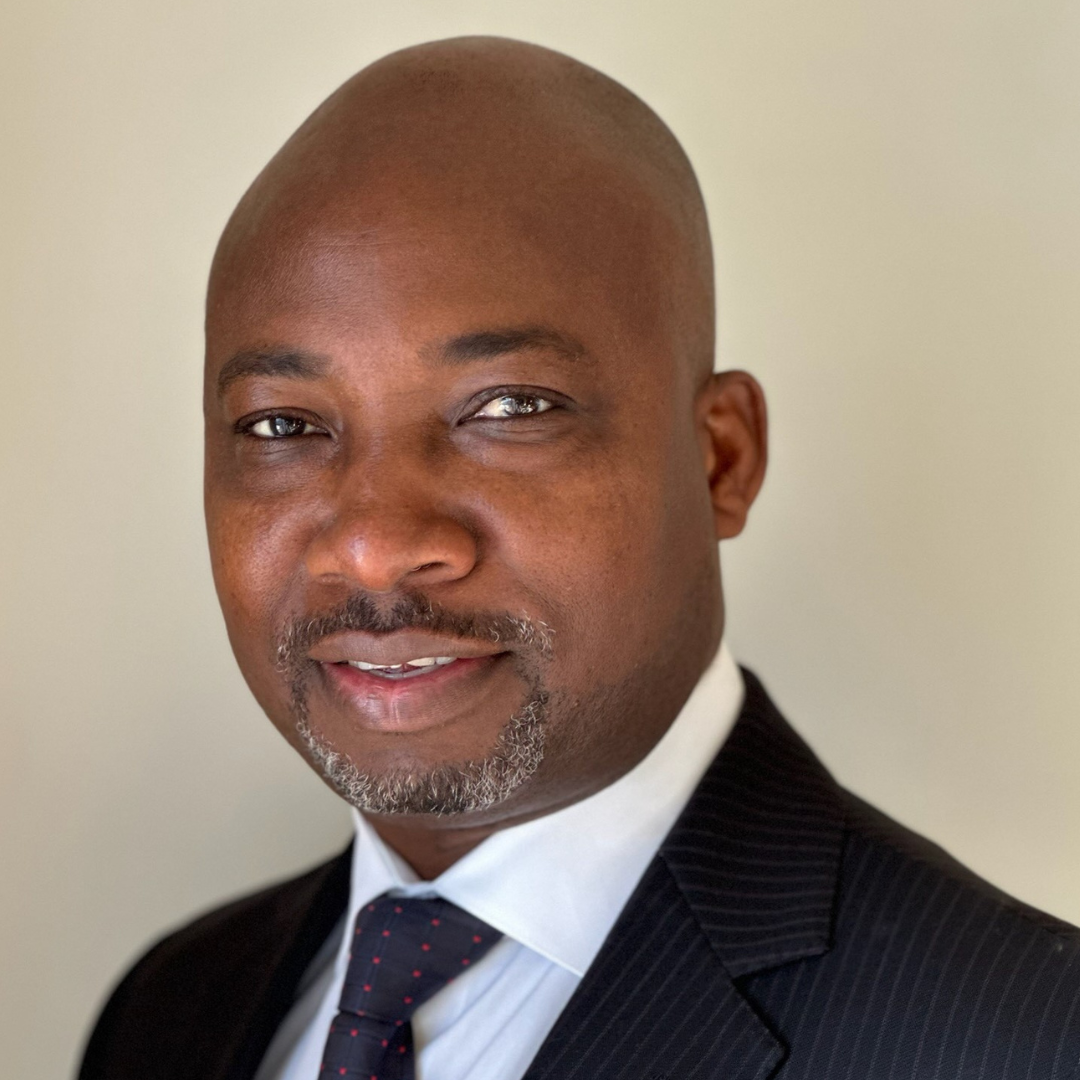 Evariste Salndjoukou is an Associate Ombuds at Shared Services Canada since 2022. He addresses workplace issues with compassion and integrity. With a master’s degree in International Relations and over 15 years of experience in human resources, Evariste combines deep knowledge of organizational behavior and legal frameworks to tackle systemic challenges. A sought-after speaker and curriculum contributor at St. Paul University, he holds multiple coaching certifications and is fluent in both French and English, committed to fostering inclusive and equitable work environments. Evariste Salndjoukou is an Associate Ombuds at Shared Services Canada since 2022. He addresses workplace issues with compassion and integrity. With a master’s degree in International Relations and over 15 years of experience in human resources, Evariste combines deep knowledge of organizational behavior and legal frameworks to tackle systemic challenges. A sought-after speaker and curriculum contributor at St. Paul University, he holds multiple coaching certifications and is fluent in both French and English, committed to fostering inclusive and equitable work environments.
Concurrent Session Block 4
CS 4A: Clarifying Session Focus: Enhancing Visitor Autonomy Before Exploring Solutions
This session explores the critical role of visitor autonomy in ombuds practice and how clarifying a visitor's objectives, not just their concerns, before problem-solving enhances session effectiveness. Participants will learn practical techniques to engage visitors in articulating their goals, promoting self-advocacy, and fostering a more visitor-led, collaborative process. Through interactive discussions and role-playing, attendees will develop skills to ensure sessions are focused on the visitor's true priorities, empowering visitors while aligning solutions with what they genuinely want to resolve and what the ombuds can realistically support. Attendees will leave equipped with actionable strategies they can immediately implement, leading to more productive sessions, stronger visitor outcomes, and enhanced ombuds effectiveness.
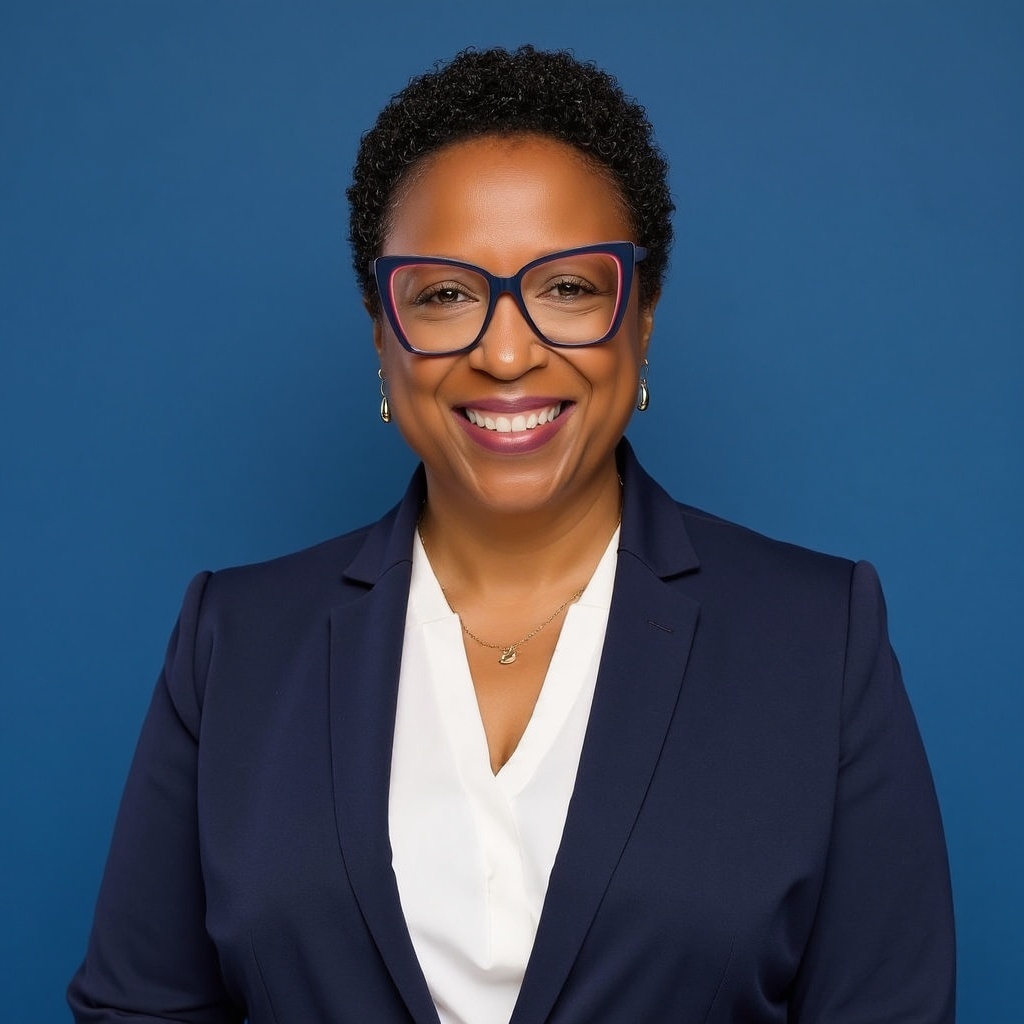 Angela Dash serves as the inaugural Ombuds at Kaiser Permanente Bernard J. Tyson School of Medicine and is the founder and president of The Pace Institute, LLC, where she provides training, coaching, facilitation, and ombuds services. She holds a PhD in Conflict Analysis and Resolution from Nova Southeastern University and is a Professional Certified Coach through the International Coaching Federation. Angela is also a former adjunct at New York University, where she educated future coaches in both NYU's coaching certification program and graduate program in Executive Coaching and Organizational Consulting. Angela Dash serves as the inaugural Ombuds at Kaiser Permanente Bernard J. Tyson School of Medicine and is the founder and president of The Pace Institute, LLC, where she provides training, coaching, facilitation, and ombuds services. She holds a PhD in Conflict Analysis and Resolution from Nova Southeastern University and is a Professional Certified Coach through the International Coaching Federation. Angela is also a former adjunct at New York University, where she educated future coaches in both NYU's coaching certification program and graduate program in Executive Coaching and Organizational Consulting.
CS 4B: Restoring, Transforming, and Healing - High Emotions, Trauma, and Mindfulness in Ombuds/ADR Practice
This interactive, practical, and thought-provoking workshop equips conflict resolution professionals with trauma-informed, restorative, and mindfulness-based tools centered on four principles of conflict transformation: tuning inward to create trauma-aware spaces, observation without evaluation through non-judgmental listening, expansion to explore underlying needs beyond surface positions, and exploration of the complexity and ambiguity in human experiences. Participants will gain practical skills to foster compassionate, human-centered resolutions, enhancing their ability to navigate trauma and conflict with strength, clarity, and compassion.
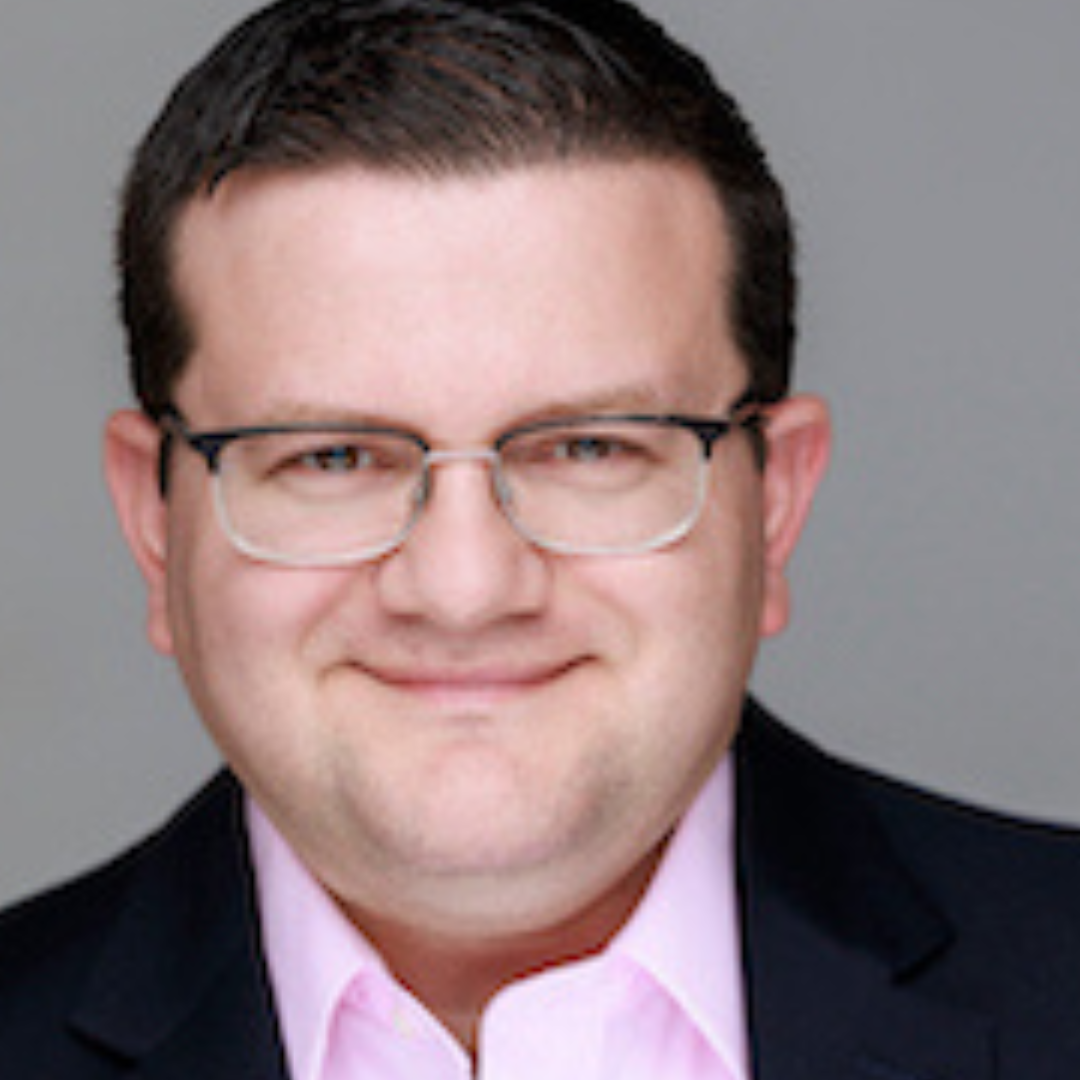 Henry Yampolsky, J.D. is a best-selling author of Dis-Solving Conflict from Within: an Inner Path for Conflict Transformation. He is a mediator, educator, attorney, and a multi-time TEDx speaker. Henry serves as the Assistant Director for Education, Outreach, and Conflict Resolution at Virginia Tech's Office for Equity and Accessibility and teaches Conflict Resolution, Mediation, and Peace Building as a part of Virginia Tech's Center for Peace Studies and Violence Prevention. He has taught and lectured around the world including at: Columbia University School of Law, the New York Peace Institute, the International Gandhi Center in New Delhi, Bharathiar University in Coimbatore, India and at the Bellevue Mediation in Zurich, Switzerland. Henry Yampolsky, J.D. is a best-selling author of Dis-Solving Conflict from Within: an Inner Path for Conflict Transformation. He is a mediator, educator, attorney, and a multi-time TEDx speaker. Henry serves as the Assistant Director for Education, Outreach, and Conflict Resolution at Virginia Tech's Office for Equity and Accessibility and teaches Conflict Resolution, Mediation, and Peace Building as a part of Virginia Tech's Center for Peace Studies and Violence Prevention. He has taught and lectured around the world including at: Columbia University School of Law, the New York Peace Institute, the International Gandhi Center in New Delhi, Bharathiar University in Coimbatore, India and at the Bellevue Mediation in Zurich, Switzerland.
CS 4C: Strange Bedfellows and Powerful Partners: The Ombuds, The Compliance Officer, Value, and Risk
Compliance Officers and Ombuds can learn a lot from each other about the similarities and differences in their important leadership roles. For both, mitigating organizational risk is key as is measuring program effectiveness. Showing effectiveness is challenging due to the intangible, qualitative aspects of corporate culture and the sometimes subjective nature of ethical standards for both professions. In this interactive session, learn what these roles share and how they are uniquely suited to support organizational risk management. Hear about a project we are engaging in on how to use compliance frameworks to identify, gather, and assess risk information from a variety of organizational sources. Engage in a group activity to identity new approaches and partnerships you might consider within your own institutions and then pitch your ideas to the Compliance Partnership Shark Tank, getting valuable feedback on how you might frame your idea to your compliance or other formal resource team. Finally, explore together the many ways in which these roles can appropriately partner to harness their different lenses and perspectives.
 Jennifer Mahony, JD, the Ombuds Director at Boston Children's Hospital, where she established the program in January 2022. Jenn has been fortunate to be a practicing Ombuds in The United States and New Zealand. She obtained her Juris Doctor from Emory University School of Law. She serves as president-elect for the IOA Board of Directors. Jennifer Mahony, JD, the Ombuds Director at Boston Children's Hospital, where she established the program in January 2022. Jenn has been fortunate to be a practicing Ombuds in The United States and New Zealand. She obtained her Juris Doctor from Emory University School of Law. She serves as president-elect for the IOA Board of Directors.
 Tim Hogan is Senior Vice President and Chief Compliance Officer for Boston Children's Hospital. He has previously served in compliance leadership roles at Beth Israel Deaconess Medical Center, Elliot Health System, and Harvard Vanguard Medical Associates/Atrius Health. Tim recently served as New England regional executive for the Healthcare Financial Management Association and is a past president of the Massachusetts/Rhode Island Chapter. He is also a former chair of the Chapter's Compliance Committee. Tim Hogan is Senior Vice President and Chief Compliance Officer for Boston Children's Hospital. He has previously served in compliance leadership roles at Beth Israel Deaconess Medical Center, Elliot Health System, and Harvard Vanguard Medical Associates/Atrius Health. Tim recently served as New England regional executive for the Healthcare Financial Management Association and is a past president of the Massachusetts/Rhode Island Chapter. He is also a former chair of the Chapter's Compliance Committee.
CS 4D: Integrating Ignatian Pedagogy, Empathy, Multipartiality, and Restorative Justice in Ombuds Work
This interactive session explores how the Ignatian Pedagogical Paradigm (IPP), empathy, multipartiality, and restorative justice intersect to foster equitable and transformative conflict resolution. Participants will engage in reflective exercises and discussions to understand how these principles create inclusive, healing spaces that address power dynamics and systemic inequities. Attendees will learn how these frameworks enhance their role in resolving conflicts and leave with practical tools for integrating these approaches into their work, promoting justice and holistic growth in their communities.
 Dr. Roy Pereira is the Special Assistant to the Senior VP and LMU Ombuds for Students. He teaches a core course in theology and neuroscience to the post-doctoral psychology program. He has 31 years of teaching experience and has served as Provost. He is also in charge of the LMU Mental Health & Wellness catering to various LMU Student Affairs departments. His research covers the effects of internet usage, social media on the brain and mind-body connection for which he has spoken at TEDx; Google Headquarters, CA, Harvard University and across the world. He has a sizeable presence on YouTube and Instagram. Dr. Roy Pereira is the Special Assistant to the Senior VP and LMU Ombuds for Students. He teaches a core course in theology and neuroscience to the post-doctoral psychology program. He has 31 years of teaching experience and has served as Provost. He is also in charge of the LMU Mental Health & Wellness catering to various LMU Student Affairs departments. His research covers the effects of internet usage, social media on the brain and mind-body connection for which he has spoken at TEDx; Google Headquarters, CA, Harvard University and across the world. He has a sizeable presence on YouTube and Instagram.
 Dr. Emelyn dela Peña is Loyola Marymount University’s vice president for Diversity, Equity, and Inclusion, where she oversees the university's anti-racism, diversity, equity, and inclusion efforts including the Anti-Racism Project, Truth, Racial Healing & Transformation Center Alliance, Ombuds office, and the LMU DEI Consortium. Together, she and the vice president for Mission & Ministry lead the university’s Recruiting and Hiring for Mission and Inclusive Excellence Initiative. Emelyn draws on a Student Affairs career that spanned 27 years prior to her current role and has presented and taught nationally on social justice, gender, and diversity issues. She co-authored “Paying homage to college and university women’s centers: gender justice work in the center for diversity and inclusion” in University and College Women’s and Gender Equity Centers: The Changing Landscape, “From Slavery to SlutWalk: Brown Bodies and the Misguided Politics of Sexual Agency” in the Critical Black Studies Reader, “Social Justice Leadership: Silos to Synergies” in Culturally Responsive Leadership in Higher Education, and “Emergent Approaches to Diversity and Social Justice Work in Higher Education” in Teaching Diversity. Dr. Emelyn dela Peña is Loyola Marymount University’s vice president for Diversity, Equity, and Inclusion, where she oversees the university's anti-racism, diversity, equity, and inclusion efforts including the Anti-Racism Project, Truth, Racial Healing & Transformation Center Alliance, Ombuds office, and the LMU DEI Consortium. Together, she and the vice president for Mission & Ministry lead the university’s Recruiting and Hiring for Mission and Inclusive Excellence Initiative. Emelyn draws on a Student Affairs career that spanned 27 years prior to her current role and has presented and taught nationally on social justice, gender, and diversity issues. She co-authored “Paying homage to college and university women’s centers: gender justice work in the center for diversity and inclusion” in University and College Women’s and Gender Equity Centers: The Changing Landscape, “From Slavery to SlutWalk: Brown Bodies and the Misguided Politics of Sexual Agency” in the Critical Black Studies Reader, “Social Justice Leadership: Silos to Synergies” in Culturally Responsive Leadership in Higher Education, and “Emergent Approaches to Diversity and Social Justice Work in Higher Education” in Teaching Diversity.
CS 4E: Research Update (RNA): From Data to Action: Building a Culture of Assessment in Ombuds Offices
Assessment is a vital tool for organizational Ombuds offices to measure impact, demonstrate value, and drive systemic change. By leveraging data and evaluation strategies, Ombuds can align their services with institutional priorities such as diversity, equity, inclusion, and the success of students and employees. This session introduces foundational assessment principles and highlights how assessment enhances Ombuds practice while fostering a culture of continuous improvement. We will explore how Ombuds can use assessment to improve service delivery and engage stakeholders. We will also discuss how assessment can drive cultural change, ensuring that Ombuds services are aligned with institutional goals. By the end of this session, participants will have a clear understanding of how to plan, execute, and leverage assessments that align with organizational priorities and promote a culture of accountability, transparency, and ongoing improvement within their offices.
 Dr. Shannon Lynn Burton is the University Ombudsperson at Michigan State University, as well as Co-Ombuds for the American Educational Research Association (AERA) and an Adjunct Professor of Management at Aquinas College where she teaches conflict resolution, group dynamics, and ethics. Shannon serves the broader professional community through her work as one of the International Ombudsman Association's (IOA) inaugural co-chairs for the Research and Assessment Committee, Editor for the Journal of the IOA (JIOA), and a Co-Editor for IOA’s first book, The Organizational Ombuds: Foundations, Fundamentals and Futures to be published in 2024. Dr. Shannon Lynn Burton is the University Ombudsperson at Michigan State University, as well as Co-Ombuds for the American Educational Research Association (AERA) and an Adjunct Professor of Management at Aquinas College where she teaches conflict resolution, group dynamics, and ethics. Shannon serves the broader professional community through her work as one of the International Ombudsman Association's (IOA) inaugural co-chairs for the Research and Assessment Committee, Editor for the Journal of the IOA (JIOA), and a Co-Editor for IOA’s first book, The Organizational Ombuds: Foundations, Fundamentals and Futures to be published in 2024.
Concurrent Session Block 5
CS 5A: Photovoice: Expanding the Modern Ombuds' Toolkit to Provide Impactful Upward Feedback about Systemic Challenges Regarding DEIB
Conflict is complex. Therefore, the methods of engagement for Ombuds offices sometimes require creativity beyond our staple services when addressing it (Howard, 2020). Photovoice, which combines photography and dialogue, is an answer to this call as it engages participants in a unique form of self-advocacy that is mutually beneficial for the organization and the project participants. This session will introduce participants to the theoretical foundations, key features, and structure of the PV methodology before guiding them through a mini version of a project to gain first-hand experience with the process, an understanding of what is involved in its facilitation, and an opportunity to debrief and brainstorm future applications.
As a one-hour session, the focus is on the description of theory, process, and project examples. If time allows, there will be an opportunity to brainstorm future projects.
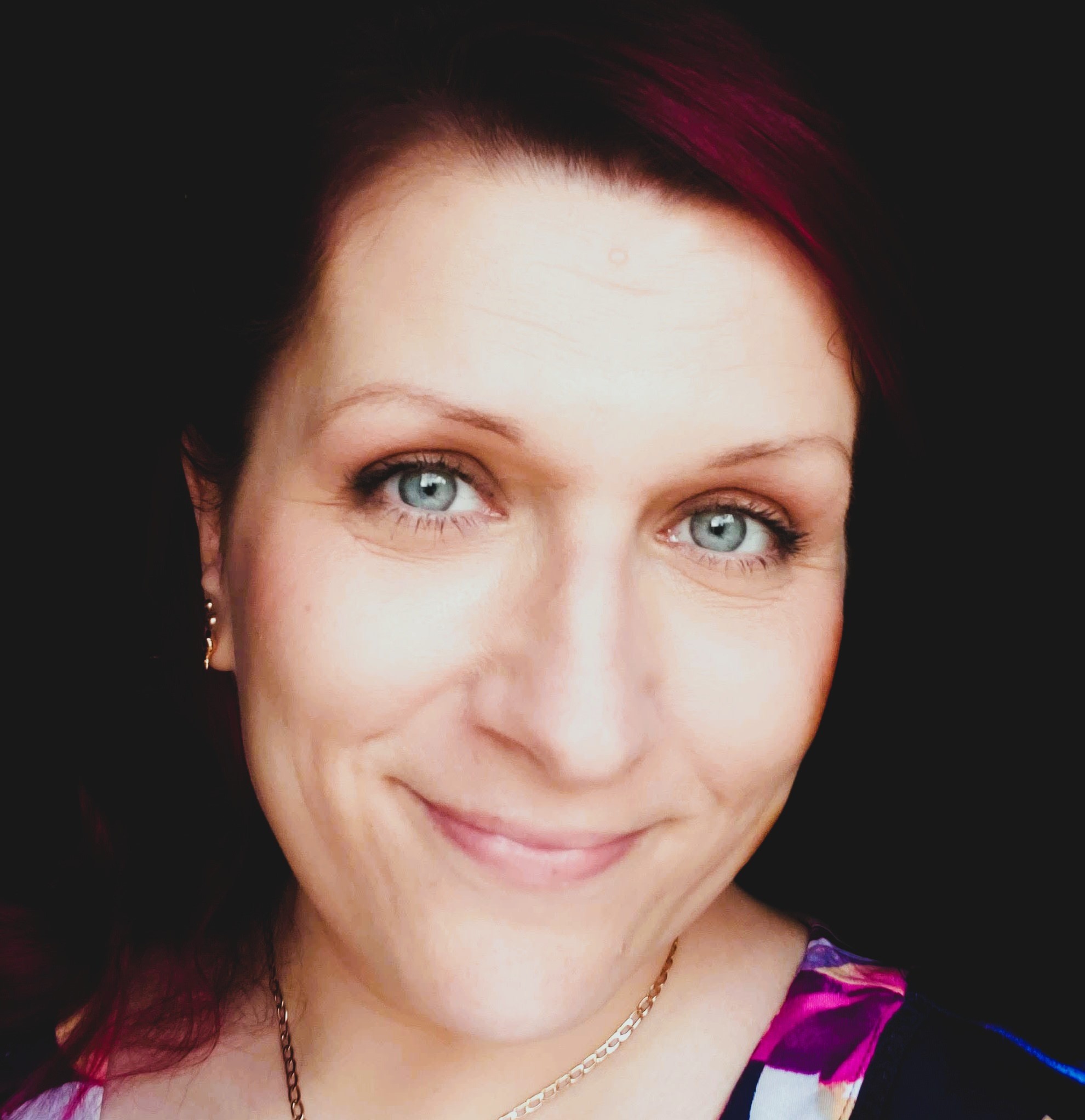 Birthe C. Reimers, PhD, is the Director of the Office of the Ombudsperson at Georgia State University, a member of MWI's Outsourced Ombuds team, and the 2023 recipient of The Association for Conflict Resolution's William J. Kreidler Award for Distinguished Service to Expanding Knowledge in the Field of Conflict Resolution.Dr. Reimers holds a PhD in International Conflict Management from Kennesaw State University, a M.A. in African American Studies from UCLA, and a B.A. in Education from the University of Hamburg, Germany. She has developed the Comprehensive Conflict Engagement Model (CCEM) and pioneered the use of Photovoice as a conflict engagement strategy in diverse communities. Birthe C. Reimers, PhD, is the Director of the Office of the Ombudsperson at Georgia State University, a member of MWI's Outsourced Ombuds team, and the 2023 recipient of The Association for Conflict Resolution's William J. Kreidler Award for Distinguished Service to Expanding Knowledge in the Field of Conflict Resolution.Dr. Reimers holds a PhD in International Conflict Management from Kennesaw State University, a M.A. in African American Studies from UCLA, and a B.A. in Education from the University of Hamburg, Germany. She has developed the Comprehensive Conflict Engagement Model (CCEM) and pioneered the use of Photovoice as a conflict engagement strategy in diverse communities.
CS 5B: The RESOLVE Framework: An Effective Approach to Conflict Management
This presentation delves into the RESOLVE framework, a structured approach designed to help individuals of all experience levels navigate conflicts effectively. The framework emphasizes the importance of empathy, understanding, and active listening in creating a supportive environment for open communication and problem-solving. It provides a step-by-step process for recognizing, engaging with, seeking common ground, offering solutions, listening actively, valuing perspectives, and ending on a positive note. By breaking down conflict resolution into manageable steps, RESOLVE empowers individuals to address conflicts directly, even when they feel uncomfortable. The presentation highlights the benefits of effective conflict management, including improved relationships, increased productivity, and reduced stress.
Diane Holland has more than 20 years of experience in counseling, mediation, and training. She has worked in the human services, human resources, and higher education sectors. Guided by her belief that problem-solving is her life’s purpose, she takes pride in creating solutions that foster understanding and growth. Serving as an Ombudsperson is an added bonus, allowing her to support individuals and organizations in navigating complex challenges.
CS 5C: Navigating Mental Health Challenges During Workplace Mediations
This session will provide an overview of the mental health challenges that ombuds and mediators may encounter during mediations, from subtle signs of stress to more overt issues like panic attacks or emotional breakdowns. We will discuss how these challenges can impact communication, conflict resolution, and decision-making and what mediators can do to adapt their techniques while remaining impartial.
Participants will learn 1) Techniques for identifying when mental health is affecting the mediation process, 2) Strategies for adjusting mediation formats to better support mental health needs, 3) Approaches for engaging leadership and HR teams in ongoing mental health support after mediation, and 4) Legal and ethical considerations for handling mental health issues within mediation sessions.
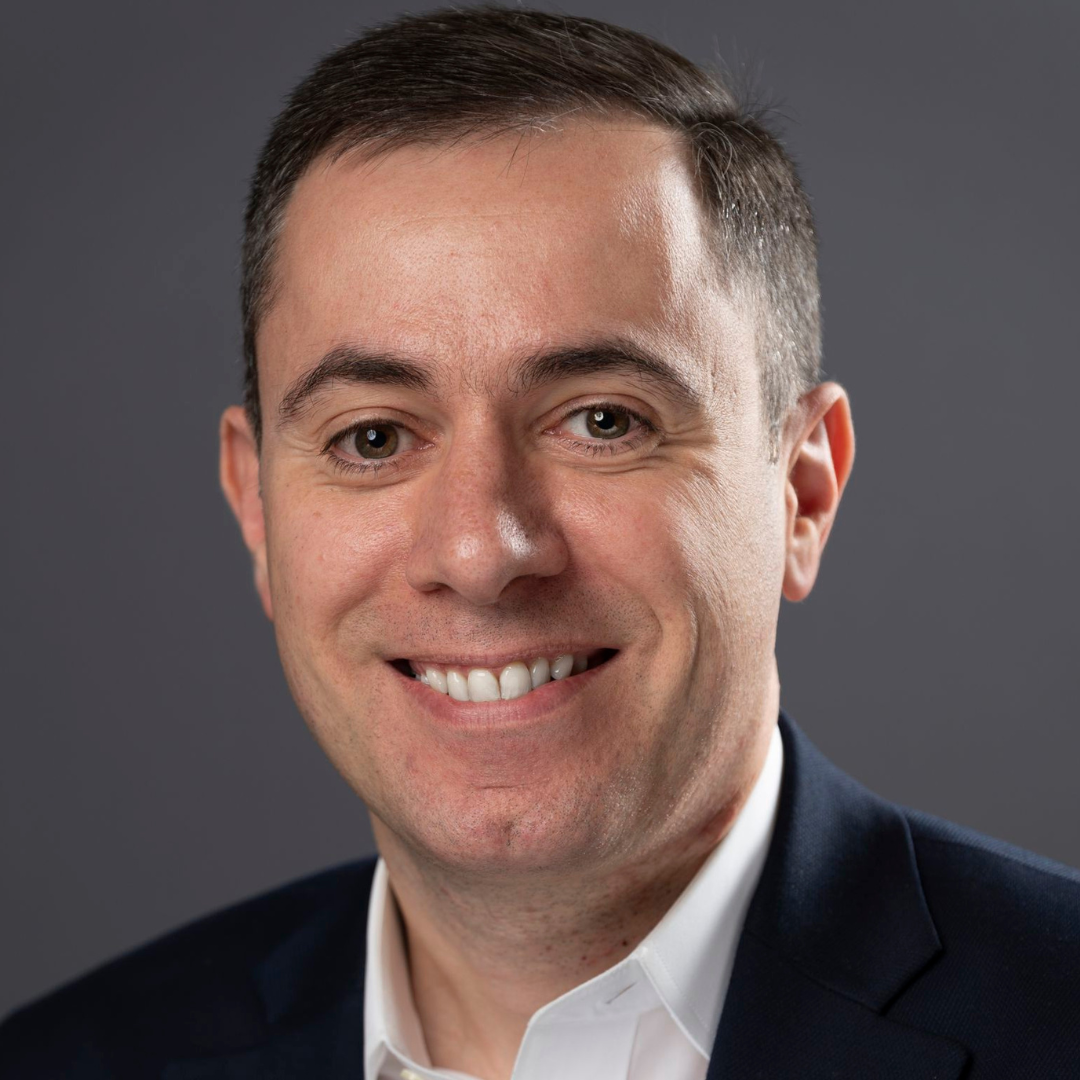 Mushegh Manukyan is an international mediator and arbitrator who manages the Mediation Unit of the Office of the Ombudsman for UN Funds and Programmes, overseeing a panel of over 60 mediators. With a background in nearly 1,000 mediations involving over 95 nationalities and experience in complex, multi-billion-dollar arbitrations, he has also held senior legal positions in multinational companies. Mushegh played an instrumental role in drafting the mediation laws in Armenia. He is a graduate of Yerevan State University and Harvard Law School and has published extensively on private international law and mediation. Mushegh Manukyan is an international mediator and arbitrator who manages the Mediation Unit of the Office of the Ombudsman for UN Funds and Programmes, overseeing a panel of over 60 mediators. With a background in nearly 1,000 mediations involving over 95 nationalities and experience in complex, multi-billion-dollar arbitrations, he has also held senior legal positions in multinational companies. Mushegh played an instrumental role in drafting the mediation laws in Armenia. He is a graduate of Yerevan State University and Harvard Law School and has published extensively on private international law and mediation.
CS 5D: Talkin' 'Bout My Generation: Managing Multi-Generational Workspaces
According to census data by Glassdoor as reported by Axios, "As of September 2023, Millenials make up the most of the full-time workforce with 49.5 million workers, followed by Gen X at 42.8 million, Baby Boomers at 17.3 million and Gen Z at 17.1 million. Gen Z is expected to overtake baby boomers in the workforce by next year." Understanding and working with differences between and among multiple generations in the same workspace is as important to creating organizational culture as understanding and working with differences in culture, race, ethnicity, gender, neurodiversity, etc.. and being truly inclusive as ombuds requires us to recognize and be prepared to understand and manage generational differences. In this workshop, you'll learn about the different communication styles and norms of each generation (as shown by research rather than stereotypes), understand differences in work expectations, and learn best practices to both coach and support where there are inter-generational differences and difficulties.
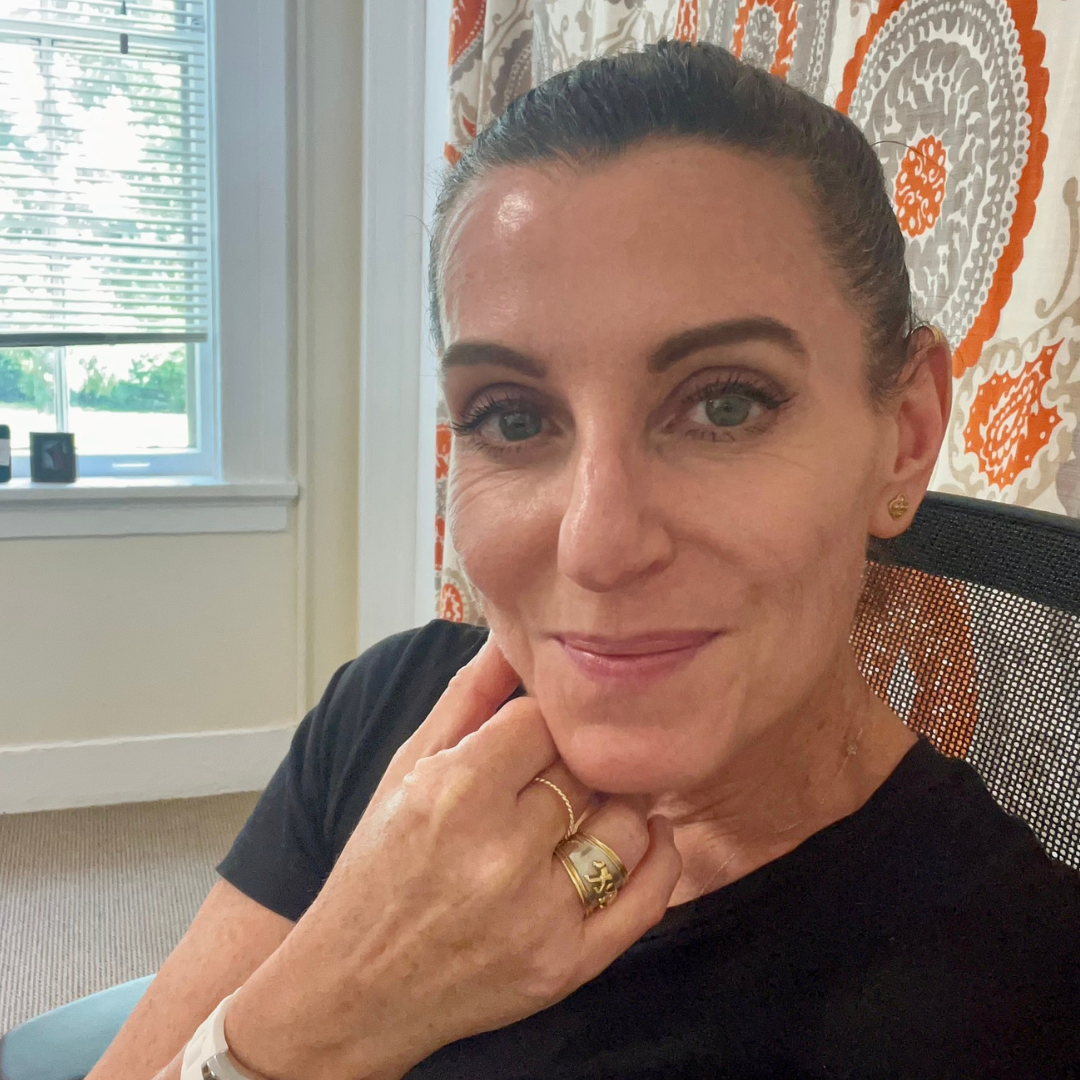 Israela Adah Brill-Cass is a professional neutral, attorney and founder of Fixerrr, through which she helps organizations rethink, respond to and resolve (the 3r’s) conflict, create more inclusive workplaces and manage negotiations effectively. As an independent ombuds, Israela serves as the inaugural Faculty and Staff Ombuds for both Wesleyan University (2017), and Clark University (2020), and also as the Ombuds for the Broad Institute of MIT and Harvard (2022). She is Senior Affiliated Faculty at Emerson College in Boston where she received the Stanzler Award for Excellence in Teaching (2018), and in addition to this honor, Israela is most proud of having established the first federally-funded Agricultural Mediation Program in New England in 2002 to help cranberry growers. She is the author of Ombudsing with Neurodiversity in Mind (JOIA, 2024), a contributing author to “Mediation: A Practice Guide for Mediators, Lawyers, and Other Professionals” (MCLE, 2013), and she was named a Top Woman Attorney in Massachusetts in Alternative Dispute Resolution in 2013 and 2016. Israela Adah Brill-Cass is a professional neutral, attorney and founder of Fixerrr, through which she helps organizations rethink, respond to and resolve (the 3r’s) conflict, create more inclusive workplaces and manage negotiations effectively. As an independent ombuds, Israela serves as the inaugural Faculty and Staff Ombuds for both Wesleyan University (2017), and Clark University (2020), and also as the Ombuds for the Broad Institute of MIT and Harvard (2022). She is Senior Affiliated Faculty at Emerson College in Boston where she received the Stanzler Award for Excellence in Teaching (2018), and in addition to this honor, Israela is most proud of having established the first federally-funded Agricultural Mediation Program in New England in 2002 to help cranberry growers. She is the author of Ombudsing with Neurodiversity in Mind (JOIA, 2024), a contributing author to “Mediation: A Practice Guide for Mediators, Lawyers, and Other Professionals” (MCLE, 2013), and she was named a Top Woman Attorney in Massachusetts in Alternative Dispute Resolution in 2013 and 2016.
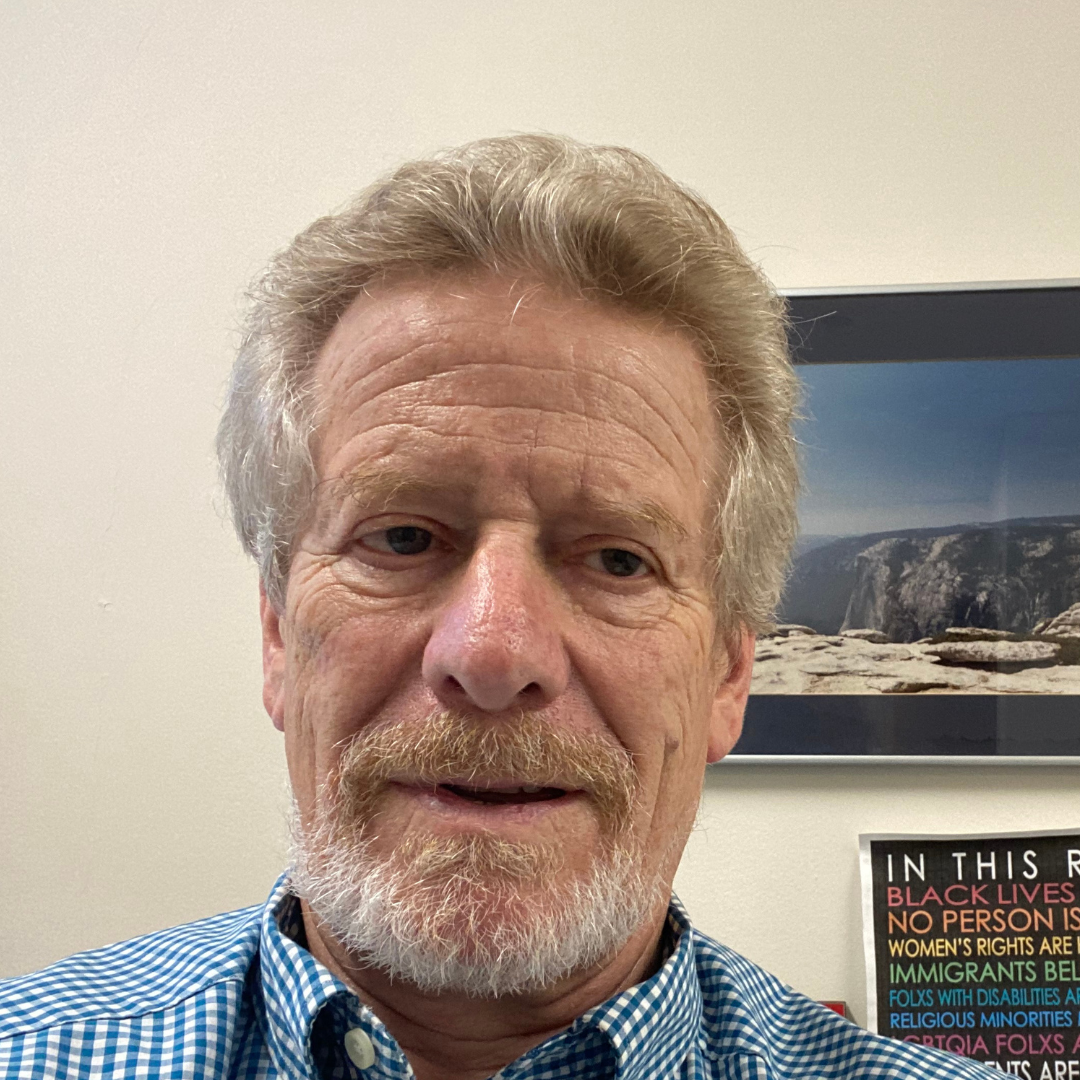 Don Greenstein, Esq. is the Brandeis University Ombuds Director, an affiliate of Boston Law Collaborative, adjunct Professor with the MA General Hospital Institute for Medical Professionals. He had a freelance mediation, facilitation, conflict coaching, and external ombud practice for over a decade.Don is a proud “Papi” to 4 grandchildren, and three daughters. He enjoys time Kayaking and bike riding with his family in NH, Cape Cod and throughout the world. Don Greenstein, Esq. is the Brandeis University Ombuds Director, an affiliate of Boston Law Collaborative, adjunct Professor with the MA General Hospital Institute for Medical Professionals. He had a freelance mediation, facilitation, conflict coaching, and external ombud practice for over a decade.Don is a proud “Papi” to 4 grandchildren, and three daughters. He enjoys time Kayaking and bike riding with his family in NH, Cape Cod and throughout the world.
CS 5E: Harnessing AI for Impactful Data Management and Presentation
Participants will engage with a fictional data set and prepare for meetings with leadership to explore data handling. The session will guide attendees through identifying what data can be shared with AI, refining raw data, and utilizing AI tools to generate meaningful quantitative and qualitative results. Emphasis will be placed on the crucial role of ombuds professionals in critically reviewing, editing, and refining AI-generated outputs to accurately represent their work's narrative.
 Teresa Ralicki is a Senior OmbudsLead at Pinterest and founder of the Ombuds Institute. She has worked as an Ombuds, mediating, coaching individuals, facilitating group conflicts, and supporting organizational change for organizations like the American Red Cross and University of Colorado. She has an MA in Conflict Resolution and certificates in Organizational Consulting and Diversity, Equity, & Inclusion. She also teaches at Juniata College and offers consulting and training to enhance professional skills in alternative dispute resolution. Teresa Ralicki is a Senior OmbudsLead at Pinterest and founder of the Ombuds Institute. She has worked as an Ombuds, mediating, coaching individuals, facilitating group conflicts, and supporting organizational change for organizations like the American Red Cross and University of Colorado. She has an MA in Conflict Resolution and certificates in Organizational Consulting and Diversity, Equity, & Inclusion. She also teaches at Juniata College and offers consulting and training to enhance professional skills in alternative dispute resolution.
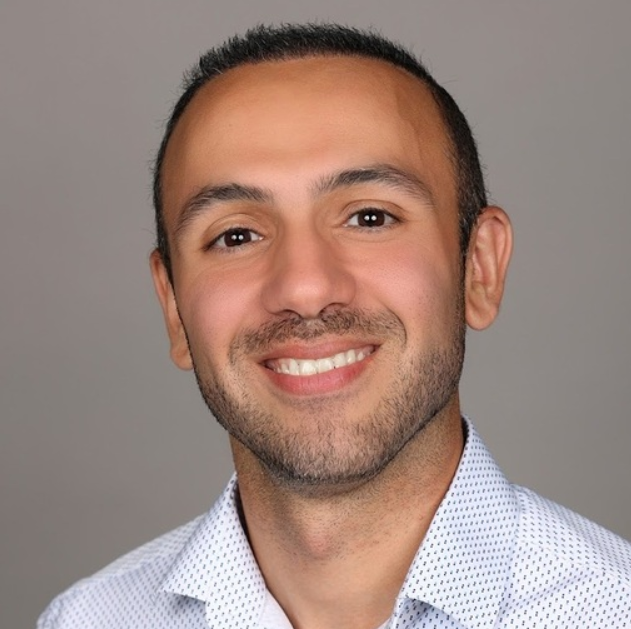 Awab Al-Rawe is an Ombuds Lead at Pinterest. He joined the Pinterest Ombuds Program in 2024, bringing a rich background in conflict resolution and mediation shaped by his studies in Iraq, Syria, and the United States, where he earned a BA in International Relations and Diplomacy and an MS in Conflict and Dispute Resolution from the University of Oregon. Fluent in five languages and currently learning a sixth, his linguistic and cultural expertise enrich his professional contributions. Previously, Awab served as an Ombuds with the Oregon Health Authority, resolving healthcare concerns and advising on system improvements before managing a team dedicated to Medicaid access issues. Outside of his profession, he enjoys playing soccer, indulging in reading and writing, and exploring new destinations. Awab Al-Rawe is an Ombuds Lead at Pinterest. He joined the Pinterest Ombuds Program in 2024, bringing a rich background in conflict resolution and mediation shaped by his studies in Iraq, Syria, and the United States, where he earned a BA in International Relations and Diplomacy and an MS in Conflict and Dispute Resolution from the University of Oregon. Fluent in five languages and currently learning a sixth, his linguistic and cultural expertise enrich his professional contributions. Previously, Awab served as an Ombuds with the Oregon Health Authority, resolving healthcare concerns and advising on system improvements before managing a team dedicated to Medicaid access issues. Outside of his profession, he enjoys playing soccer, indulging in reading and writing, and exploring new destinations.
Concurrent Session Block 6
CS 6A: Enhancing Accountability in the Ombuds Field: Best Practices and Strategies
In this session, we will explore the critical role of accountability in the Ombuds profession and its impact on effectiveness, trust, and credibility. The presentation will be structured as follows:•Introduction to Accountability in Ombuds Programs - Key Accountability Practices - Conclusion and Q&A. Through this session, participants will gain valuable insights into how adopting accountability measures can uphold the principles of the Ombuds profession, promote positive organizational change, and enhance their effectiveness.
 Diana C. Trillos Vera is a licensed attorney in Colombia and New York, a certified Organizational Ombuds, and an Associate Certified Coach (ACC) with the International Coaching Federation. She brings extensive expertise in workplace conflict resolution, capacity building, and fostering a positive institutional culture. Diana holds a Master of Law in International Legal Studies from American University and has been a member of the Ombuds Services team at the World Bank Group since 2018. Prior to this role, she served as an Associate Ombudsperson at the Inter-American Development Bank and held roles at Defensoría del Pueblo de Colombia, where she focused on addressing citizen complaints and investigating allegations of misconduct. Diana C. Trillos Vera is a licensed attorney in Colombia and New York, a certified Organizational Ombuds, and an Associate Certified Coach (ACC) with the International Coaching Federation. She brings extensive expertise in workplace conflict resolution, capacity building, and fostering a positive institutional culture. Diana holds a Master of Law in International Legal Studies from American University and has been a member of the Ombuds Services team at the World Bank Group since 2018. Prior to this role, she served as an Associate Ombudsperson at the Inter-American Development Bank and held roles at Defensoría del Pueblo de Colombia, where she focused on addressing citizen complaints and investigating allegations of misconduct.
CS 6B: Culture Clash: Understanding and Resolving Conflict in International Teams
When working with people from other countries, one must often throw one's basic assumptions, such as what it means to be polite or what makes a person trustworthy, out the window. Participants will learn where different cultures fall along four continuums that are key to understanding intercultural conflict: 1. Communicating (low- vs. high-context cultures) 2. Evaluating (direct vs. indirect negative feedback) 3. Trusting (task vs. relationship-based) 4. Disagreeing (confrontational vs. nonconfrontational) The presenter will model how to discuss cultural differences openly and without straying into stereotyping. Participants will learn and share concrete tips for helping visitors navigate intercultural conflict, and resources for further learning will be shared.
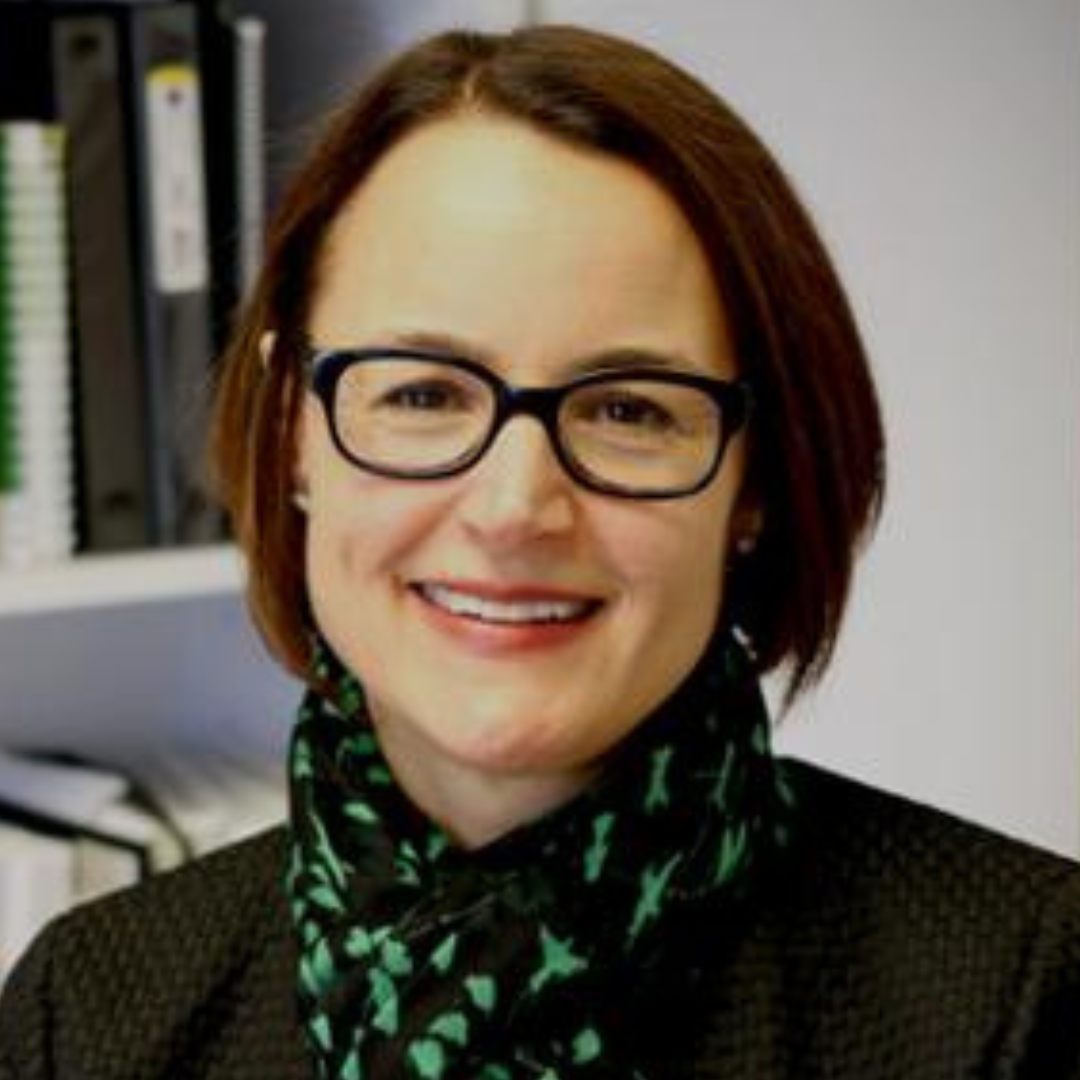 Dona Yarbrough is the Associate Ombuds at Auburn University. Her fascination with intercultural communication began with helping international students adapt to U.S. writing conventions as a teacher at the University of Virginia, where she received her PhD in English. Dona has assisted faculty, staff, and students in communicating across their differences for over 20 years. As part of a multinational family, her interest in intercultural communication is both personal and professional. Dona Yarbrough is the Associate Ombuds at Auburn University. Her fascination with intercultural communication began with helping international students adapt to U.S. writing conventions as a teacher at the University of Virginia, where she received her PhD in English. Dona has assisted faculty, staff, and students in communicating across their differences for over 20 years. As part of a multinational family, her interest in intercultural communication is both personal and professional.
CS 6C: We're Human Too: How to Tackle Conflict Among Ombuds
What happens when conflict management professionals become mired in conflict? As fun as it is to joke about the irony of inter-Ombuds conflict, these situations are decidedly not funny and can be painful and demoralizing. In this presentation, we will normalize the idea that Ombuds have conflict with each other, both within Ombuds offices and within professional organizations. We will share some of our own experiences, how we responded, and what we learned from utilizing our Ombuds skills on ourselves. We will then provide some strategies for how to respond when inter-Ombuds conflict arises, including developing psychological safety, cultivating resilience, creating Ombuddy networks and reflection circles, and determining when and how to report situations formally. Finally, we will allow for open discussion and a safe space for participants to share their own stories. Ombuds are human too, and conflict will arise among us. Rather than deny and resist, we can resolve our own conflicts with the same intention and wisdom we guide our visitors to employ.
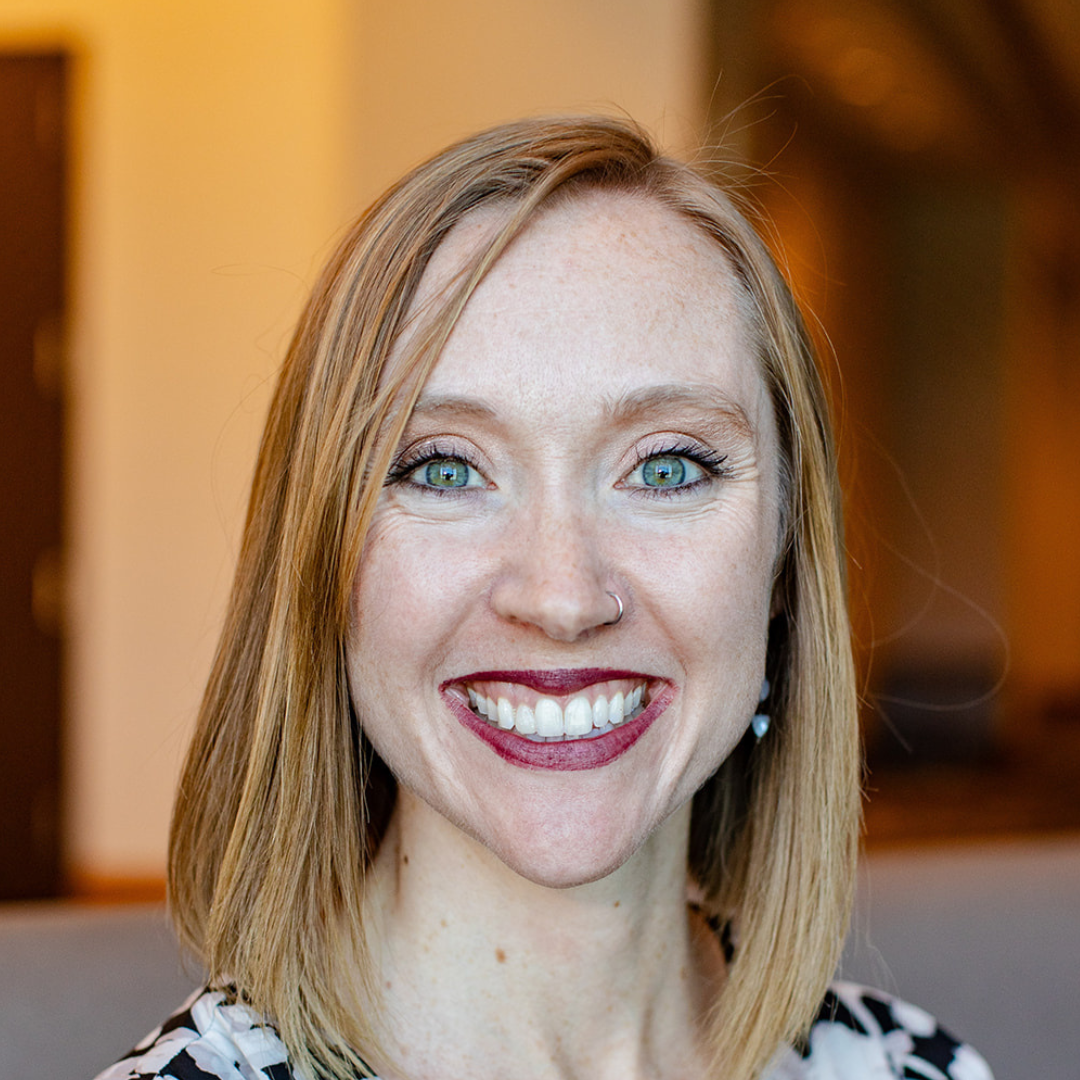 Tessa Tompkins Byer has served as the University Ombuds at Clemson University in Clemson, SC, since August 2021. She has been a mediator, conflict coach, trainer, and Ombuds consultant since 2015, and she has provided conflict resolution in many contexts, including divorce, workplace, family, religious, landlord/tenant, permanency, harassment prevention, and small-claims court. Tessa holds a Master of Arts in Coexistence and Conflict from Brandeis University and a Master of Community Planning from Auburn University, and she is working on her PhD in Industrial and Organizational Psychology. Tessa Tompkins Byer has served as the University Ombuds at Clemson University in Clemson, SC, since August 2021. She has been a mediator, conflict coach, trainer, and Ombuds consultant since 2015, and she has provided conflict resolution in many contexts, including divorce, workplace, family, religious, landlord/tenant, permanency, harassment prevention, and small-claims court. Tessa holds a Master of Arts in Coexistence and Conflict from Brandeis University and a Master of Community Planning from Auburn University, and she is working on her PhD in Industrial and Organizational Psychology.
CS 6D: Inspiring Growth in Your Ombuds Practice: Expanding Competencies and Impact
As organizations grow more diverse and complex, the demand for full-service Ombuds programs that provide comprehensive support has never been greater. To meet this need, Ombuds practitioners must develop a wide range of competencies, including outreach, conflict coaching, mediation, skill building, data management, and group facilitation/team building. These skills are critical for expanding services and maximizing the Ombuds' impact across the organization.
This one-hour session will focus on both expanding competencies and developing innovative programming as part of a “full-service” Ombuds program. Participants will explore how these offerings can enhance support for visitors and contribute to organizational health. Through discussions and examples, attendees will gain insights into competencies necessary for continued growth in the role, and be inspired to expand their services to position themselves as key contributors to organizational health.
 Donna Douglass Williams is Senior Director of the Ombuds Program at Pinterest, recently launched as one of the first Ombuds programs in the tech sector. Donna has over twenty-five years experience as an attorney, mediator, facilitator, trainer, consultant and organizational ombudsperson. Donna previously held the position of Ombudsperson for the World Health Organization (WHO) in Geneva, Switzerland serving WHO and UNAIDS staff in global duty stations, led the Ombuds team at MD Anderson Cancer Center, and served as Ombuds at Georgia State University and UConn Health. In addition to her work at Pinterest, Donna is also a consultant ombudsperson for the United Nations Funds and Programmes, responsible for team facilitation and training global staff in several UN agencies, including UNICEF, UNDP, UN Women, and UNFPA. Donna is a graduate of Purdue University, and the King Hall School of Law at University of California, Davis. Donna Douglass Williams is Senior Director of the Ombuds Program at Pinterest, recently launched as one of the first Ombuds programs in the tech sector. Donna has over twenty-five years experience as an attorney, mediator, facilitator, trainer, consultant and organizational ombudsperson. Donna previously held the position of Ombudsperson for the World Health Organization (WHO) in Geneva, Switzerland serving WHO and UNAIDS staff in global duty stations, led the Ombuds team at MD Anderson Cancer Center, and served as Ombuds at Georgia State University and UConn Health. In addition to her work at Pinterest, Donna is also a consultant ombudsperson for the United Nations Funds and Programmes, responsible for team facilitation and training global staff in several UN agencies, including UNICEF, UNDP, UN Women, and UNFPA. Donna is a graduate of Purdue University, and the King Hall School of Law at University of California, Davis.
 Angela Dash serves as the inaugural Ombuds at Kaiser Permanente Bernard J. Tyson School of Medicine and is the founder and president of The Pace Institute, LLC, where she provides training, coaching, facilitation, and ombuds services. She holds a PhD in Conflict Analysis and Resolution from Nova Southeastern University and is a Professional Certified Coach through the International Coaching Federation. Angela is also a former adjunct at New York University, where she educated future coaches in both NYU's coaching certification program and graduate program in Executive Coaching and Organizational Consulting. Angela Dash serves as the inaugural Ombuds at Kaiser Permanente Bernard J. Tyson School of Medicine and is the founder and president of The Pace Institute, LLC, where she provides training, coaching, facilitation, and ombuds services. She holds a PhD in Conflict Analysis and Resolution from Nova Southeastern University and is a Professional Certified Coach through the International Coaching Federation. Angela is also a former adjunct at New York University, where she educated future coaches in both NYU's coaching certification program and graduate program in Executive Coaching and Organizational Consulting.
Mini Sessions
Afternoon Mini Sessions | Symphony 1-3
Mini sessions will each last 15 minutes with a 5-minute break between the start of each session. Participants will have the chance to join three sessions during this time.
Updates from IOA's Artificial Intelligence (AI) Working Group: A Discussion of How AI Is Affecting Our Practices and Field, Including Possible Uses, Benefits, Concerns, and Resources
After participating in this session, participants will be better able to Think about how AI is affecting the practices and field of organizational ombuds, with specific examples, including ways that ombuds can use AI in our practices.
- Learn to identify how those effects and uses of AI can benefit our practices.
- Learn to identify how those effects and uses of AI can raise concerns for our practices, including potential vulnerability for our compliance with IOA's Standards of Practice and Ethics.
- Consider promising practices on how to reconcile the benefits with the concerns.
- Identify additional resources.
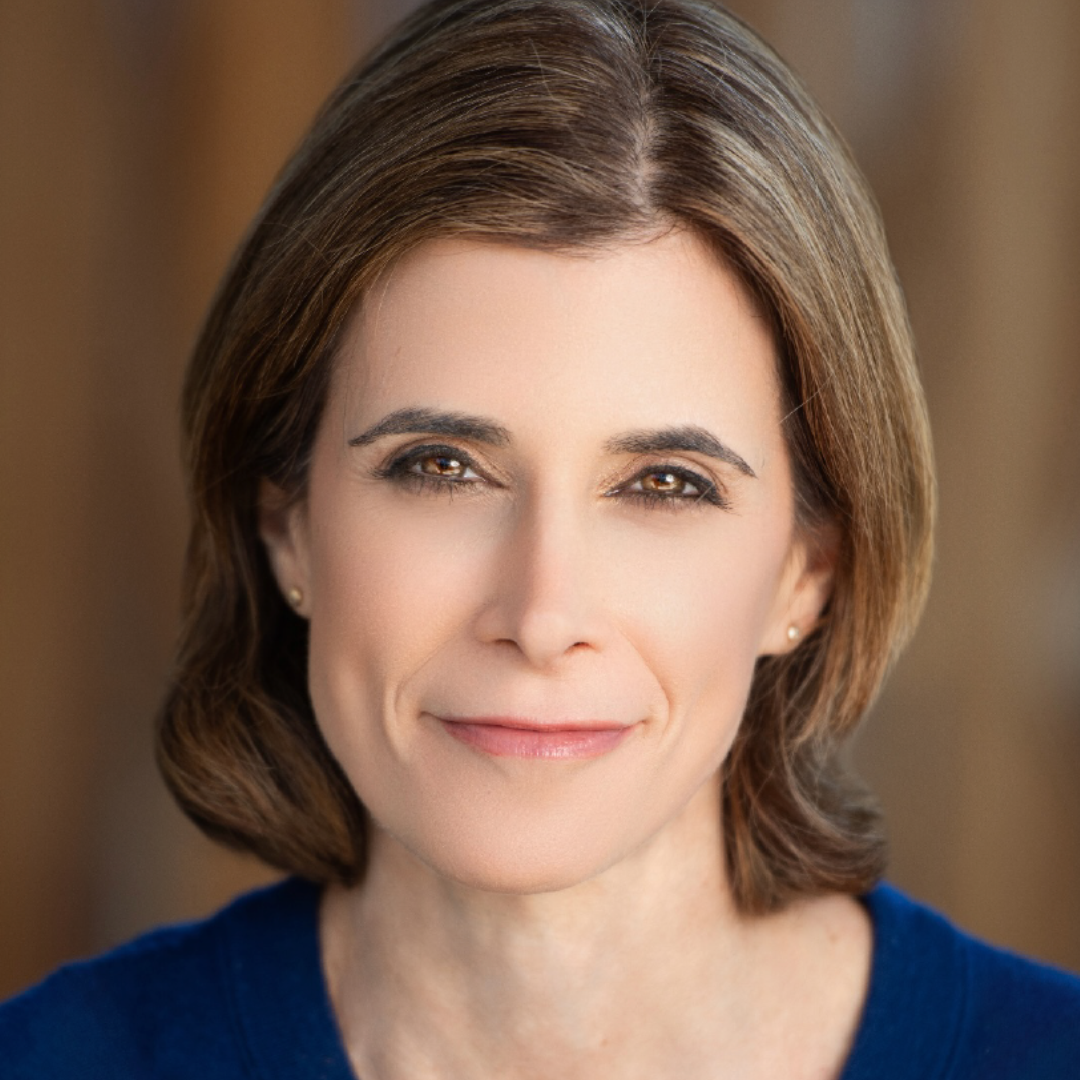 Julie Muroff is the Chair of IOA’s Artificial Intelligence (AI) Working Group and Co-chair of IOA’s Research & Assessment Committee. Since March 2021, Julie has served as the founding Ombuds Director at the Janelia Research Campus of the Howard Hughes Medical Institute. Previously, Julie worked for over 15 years at the National Institutes of Health (NIH) in several leadership roles, including appointments as Acting NIH Ombudsman/Director of the NIH Center for Cooperative Resolution. Julie is a Certified Organizational Ombuds Practitioner, Professional Certified Coach, attorney, mediator, facilitator, and educator, and she enjoys serving as a frequent speaker, instructor, and author on ombuds-related topics. Julie Muroff is the Chair of IOA’s Artificial Intelligence (AI) Working Group and Co-chair of IOA’s Research & Assessment Committee. Since March 2021, Julie has served as the founding Ombuds Director at the Janelia Research Campus of the Howard Hughes Medical Institute. Previously, Julie worked for over 15 years at the National Institutes of Health (NIH) in several leadership roles, including appointments as Acting NIH Ombudsman/Director of the NIH Center for Cooperative Resolution. Julie is a Certified Organizational Ombuds Practitioner, Professional Certified Coach, attorney, mediator, facilitator, and educator, and she enjoys serving as a frequent speaker, instructor, and author on ombuds-related topics.
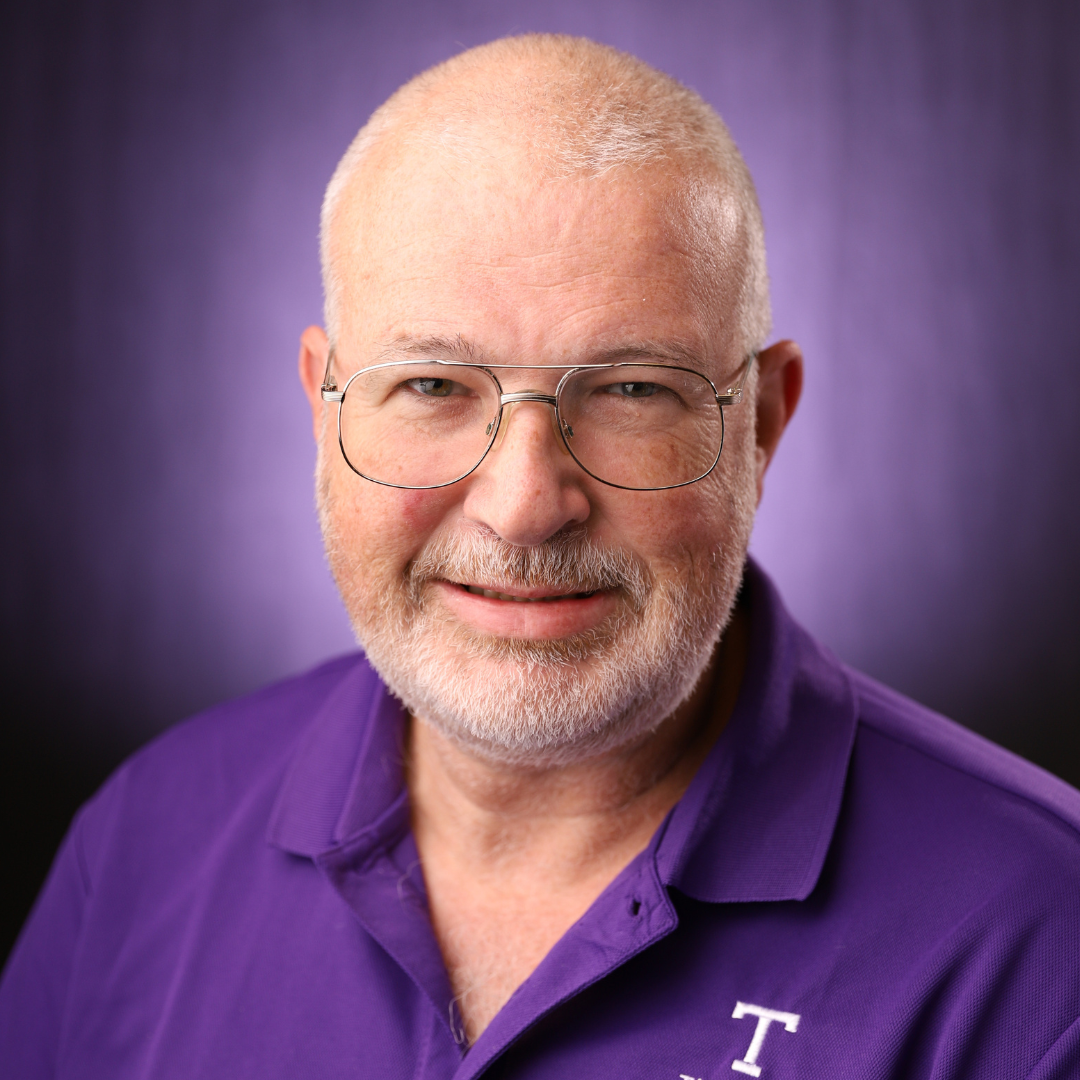 Dennis G. Jones is beginning his second year as the inaugural faculty ombuds at Tarleton State University in Stephenville, Texas. In addition to serving as a collateral duty faculty ombuds, he is a Professor of Computer Information Systems in the Dr. Sam Pack College of Business at Tarleton. He has over 30 years of experience as a faculty member and is heavily involved in leading the artificial intelligence efforts at Tarleton. Dennis G. Jones is beginning his second year as the inaugural faculty ombuds at Tarleton State University in Stephenville, Texas. In addition to serving as a collateral duty faculty ombuds, he is a Professor of Computer Information Systems in the Dr. Sam Pack College of Business at Tarleton. He has over 30 years of experience as a faculty member and is heavily involved in leading the artificial intelligence efforts at Tarleton.
Passive-Aggressiveness: How to Help Visitors Navigate this Dysfunctional Conflict Management Style
Dysfunctional workplace communication often damages employee relationships and hinders organizational progress. As Ombuds, it is important to understand the different forms of dysfunctional conflict styles that reinforce toxic workplace cultures. One conflict management strategy that is often employed, and is less understood, is the passive-aggressive conflict management style. The passive-aggressive style is a complex communication pattern that contains elements of both anger about a situation and fear of direct confrontation. Someone with a (conscious or unconscious) aggressive motive may engage in indirect harmful behaviors directed at a person with whom someone has a conflict. By virtue of its indirect nature, it is conveniently deniable by the person causing the harm. As such, a person can simultaneously cause harm and save face, if they are confronted regarding their passive-aggressive behavior. Passive aggressive behaviors can take several forms including sarcasm, wistful comments, undermining others, giving the silent treatment, evading issues, withholding information, resentment, indirect refusal, or simply moody behavior at work. This workshop will examine the complexity of the passive-aggressive conflict communication style. We will describe listening strategies for Ombuds to help them identify acts of passive-aggressiveness in visitor stories. Finally, we will discuss strategies for managing passive-aggressive coworkers.
 Dr. Laura Umphrey is the Director of the University Ombuds Program and Professor of Communication at Northern Arizona University (NAU). She has been at NAU for 22 years and has taught courses including conflict and mediation, group communication, interpersonal and health communication. Previous leadership positions include serving as the Director of the School of Communication and Associate Dean of the College of Health and Human Services. Dr. Laura Umphrey is the Director of the University Ombuds Program and Professor of Communication at Northern Arizona University (NAU). She has been at NAU for 22 years and has taught courses including conflict and mediation, group communication, interpersonal and health communication. Previous leadership positions include serving as the Director of the School of Communication and Associate Dean of the College of Health and Human Services.
A Pound of Prevention: Unlocking an Underused Ombuds Competence
Ombuds play a role in preventing conflicts through upward reporting. Yet conflict prevention is not normally a focus of our work. Ombuds charters and standards of practice often do not mention prevention, and prevention does not receive attention at professional events or in publications. There are obvious advantages to addressing tensions before they become conflicts. Costs of conflicts to organizations include legal expenses, employee turnover, and the diversion of management time to deal with disputes. Less tangible costs include decreased morale, damaged relationships, reduced employee loyalty, and reputational damage to organizations. The benefit of avoiding conflict is manifest. As Benjamin Franklin famously observed, “[a]n ounce of prevention is worth a pound of cure. Ombuds occupy a privileged position within organizations to facilitate conflict prevention. They simultaneously have an ear to the ground through daily meetings with visitors, and the ear of management, who rely on them to identify and manage workplace tensions. Because ombuds offices are structurally independent of the organizations they serve, they can provide direct feedback to management about emerging issues in a way that others would not for fear of damaging relationships or retaliation. This session will explore the role that conflict prevention can play in ombuds services. We consider whether ombuds should devote more attention and resources to prevention, how a greater focus on attention would influence operations and services, and what risks a greater focus on prevention might entail.
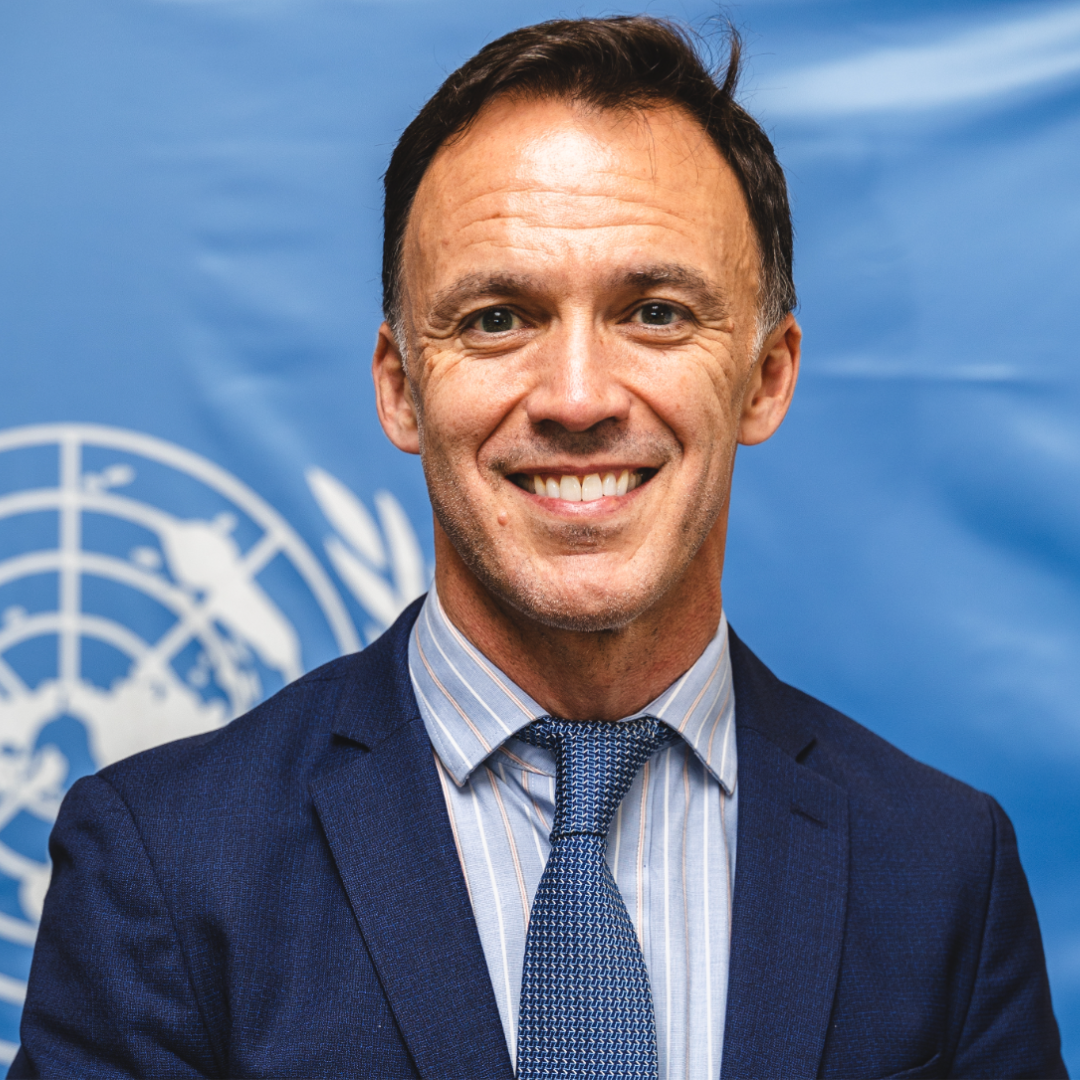 James Claxton has more than 15 years of collective experience as an ombuds, mediator, arbitrator, attorney, and law professor specializing in international dispute resolution. He serves as an officer of the Mediation Committee of the International Bar Association (IBA), chair of an IBA working group on AI and mediation, and a board member of the Mediation Clinic at the University of Strathclyde. I have worked with the United States Agency for International Development and the International Finance Corporation on mediation capacity-building projects. His publications on mediation have appeared in the Asian Journal on Mediation, The Journal of World Trade, and the Pepperdine Dispute Resolution Law Journal. James Claxton has more than 15 years of collective experience as an ombuds, mediator, arbitrator, attorney, and law professor specializing in international dispute resolution. He serves as an officer of the Mediation Committee of the International Bar Association (IBA), chair of an IBA working group on AI and mediation, and a board member of the Mediation Clinic at the University of Strathclyde. I have worked with the United States Agency for International Development and the International Finance Corporation on mediation capacity-building projects. His publications on mediation have appeared in the Asian Journal on Mediation, The Journal of World Trade, and the Pepperdine Dispute Resolution Law Journal.
Fostering Organizational Connections Through the 4 Ps
This presentation will highlight the importance of establishing an ombuds office as an essential resource for the various constituencies in an organization. The more connections an Ombuds program can establish, and the more it can meet the needs of different units, the more likely the office's long-term success. This presentation identifies the "four Ps" of effective Ombuds outreach: Personalization, Partnerships, and Points of Pride. The presenter will briefly discuss how the Ombuds Office at the University of West Georgia has woven these three pillars together in its ongoing outreach efforts. It will then give attendees the opportunity to brainstorm and discuss how these pillars might inform their own outreach efforts.
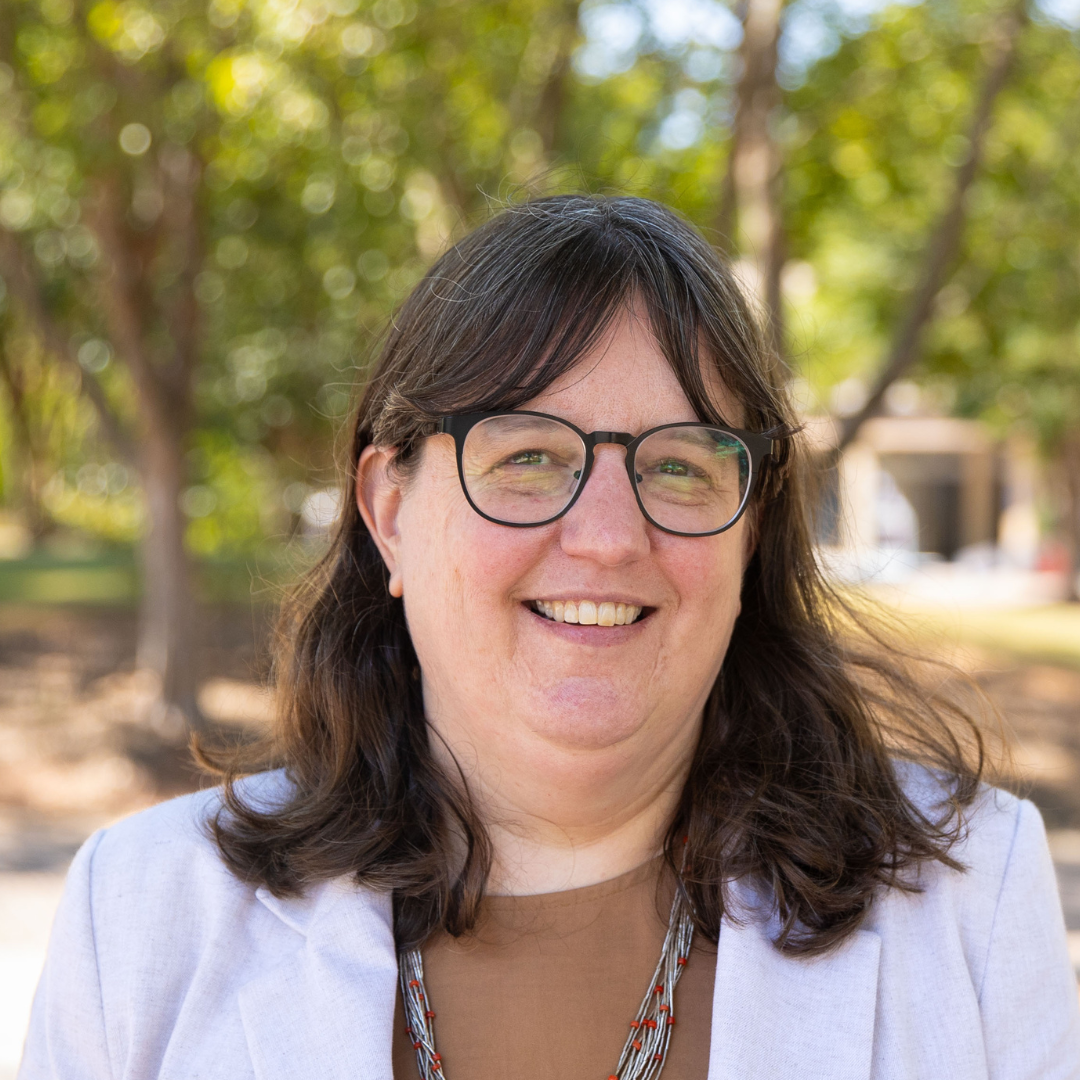 Dr. Julia Farmer is the Director of Ombuds Services at the University of West Georgia, a position that she has held for the last five years. She received her M.S. in Conflict Management from Kennesaw State University and her Ph.D. in Romance Languages and Literatures at UC-Berkeley. She currently serves as an Associate Editor for the Journal of the International Ombuds Association and as a member of the IOA's Communications Committee. Dr. Julia Farmer is the Director of Ombuds Services at the University of West Georgia, a position that she has held for the last five years. She received her M.S. in Conflict Management from Kennesaw State University and her Ph.D. in Romance Languages and Literatures at UC-Berkeley. She currently serves as an Associate Editor for the Journal of the International Ombuds Association and as a member of the IOA's Communications Committee.
The Light-Hearted Ombuds for the Heavy-Hearted Organization
While it is not the ombuds' job to support everyone's mental health, ombuds are often still involved: they give employees hope. They talk them through a plan that can help resolve the problem that is attacking their mental health. Coordinating with other offices creates an organization of employees empowered with hope and a plan. This session will walk through a sample, fictitious organization. We will begin with a checklist: what microbiases, aggressions, toxic behaviors, and despair is rising to the ombuds office? Then we will walk through a strategy for addressing these concerns: when someone raises mental health concerns to an ombuds, what is an appropriate response? Then as a group we will discuss inter-departmental strategies: how can we collaborate with other departments to support the organization as a whole? Finally, we will look at the lovely neuroplasticity changes that brains go through as they work with an ombuds, and the long-term effects on their mental health.
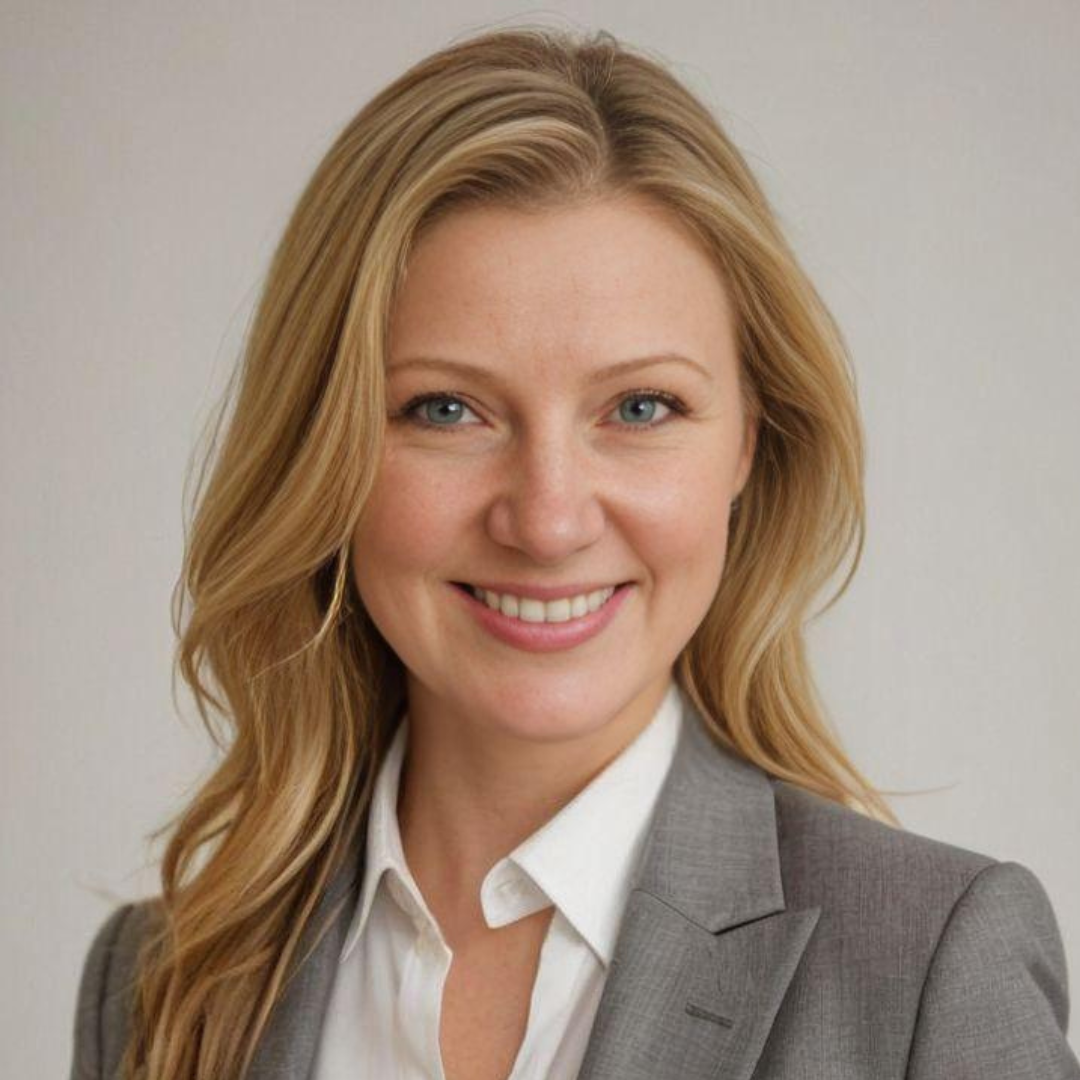 Dr. Clare Fowler received her Doctorate on designing dispute resolution systems for small businesses from Pepperdine University Graduate School of Education/Organizational Leadership and her Master’s of Dispute Resolution from the Straus Institute for Dispute Resolution at the Pepperdine University School of Law, and teaches at University of Oregon and Pepperdine University. Clare mediates and trains, focusing on workplace disputes. Dr. Fowler’s dissertation was a phenomenological study of Workplace disputes. Her 2023 book, Rising Above Office Conflict, is a guidebook for HR directors dealing with high-conflict behaviors. Dr. Clare Fowler received her Doctorate on designing dispute resolution systems for small businesses from Pepperdine University Graduate School of Education/Organizational Leadership and her Master’s of Dispute Resolution from the Straus Institute for Dispute Resolution at the Pepperdine University School of Law, and teaches at University of Oregon and Pepperdine University. Clare mediates and trains, focusing on workplace disputes. Dr. Fowler’s dissertation was a phenomenological study of Workplace disputes. Her 2023 book, Rising Above Office Conflict, is a guidebook for HR directors dealing with high-conflict behaviors.
Ombudsing from Afar: Serving Effectively as a Multi-Site Ombuds
This presentation is meant to aid ombuds who may be serving an organization or institution spread across multiple locations, making it inconvenient to meet visitors in person and difficult to establish rapport with institutional resources. The discussion will center on breaking through geographic barriers in order to effectively connect with visitors and build trust within the organization, identifying and navigating cultural differences across disparate sites. Additionally, the presentation will discuss how concerns with the use of technology and visitor confidentiality can be addressed and ameliorated.
Catherine Briley serves as the Associate Ombuds for Louisiana State University, having joined the LSU Ombuds Office in January of 2024. Prior to her return to LSU, Catherine worked as an associate attorney at Vinson & Elkins LLP in Dallas, Texas, representing a range of clients in a variety of complex commercial transactions.Catherine received her bachelor’s degrees in History and Liberal Arts with a concentration in Classical Civilizations from LSU, and is a graduate of the Roger Hadfield Ogden Honors College. She obtained her Juris Doctor from LSU’s Paul M. Hebert Law Center, where she served as an editor of the Louisiana Law Review. She is a member of the State Bar of Texas.
Establishing an Office: 4 Marketing Techniques on Little to No Budget
This brief presentation is intended for ombuds who are establishing an office within an institution, with the focus being on marketing with little to no budget, including promoting one's office to and through Leadership. Four potential marketing avenues will be shared via poster, handout, and Q & A discussion. Time dedicated to each avenue will be adjusted based on audience interest.
Dr. Michelle Kibby is the University Faculty Ombudsperson at Southern Illinois University Carbondale and is a collateral duty ombuds. Dr. Kibby established the Faculty Ombuds office and works as a solo practitioner. Through her marketing efforts, she was able to double her number of visitors in a year and increase the trust Leadership placed in her and their number of referrals.
Behind the Scenes of Year One: Honest Reflections for Emerging Ombuds
This informal yet engaging and reflective presentation is designed specifically for emerging ombudspersons, offering practical advice and personal insights drawn from real experiences in the role. This 15-minute presentation will be structured as an interactive discussion, encouraging participants to share their experiences and exchange effective strategies with one another.
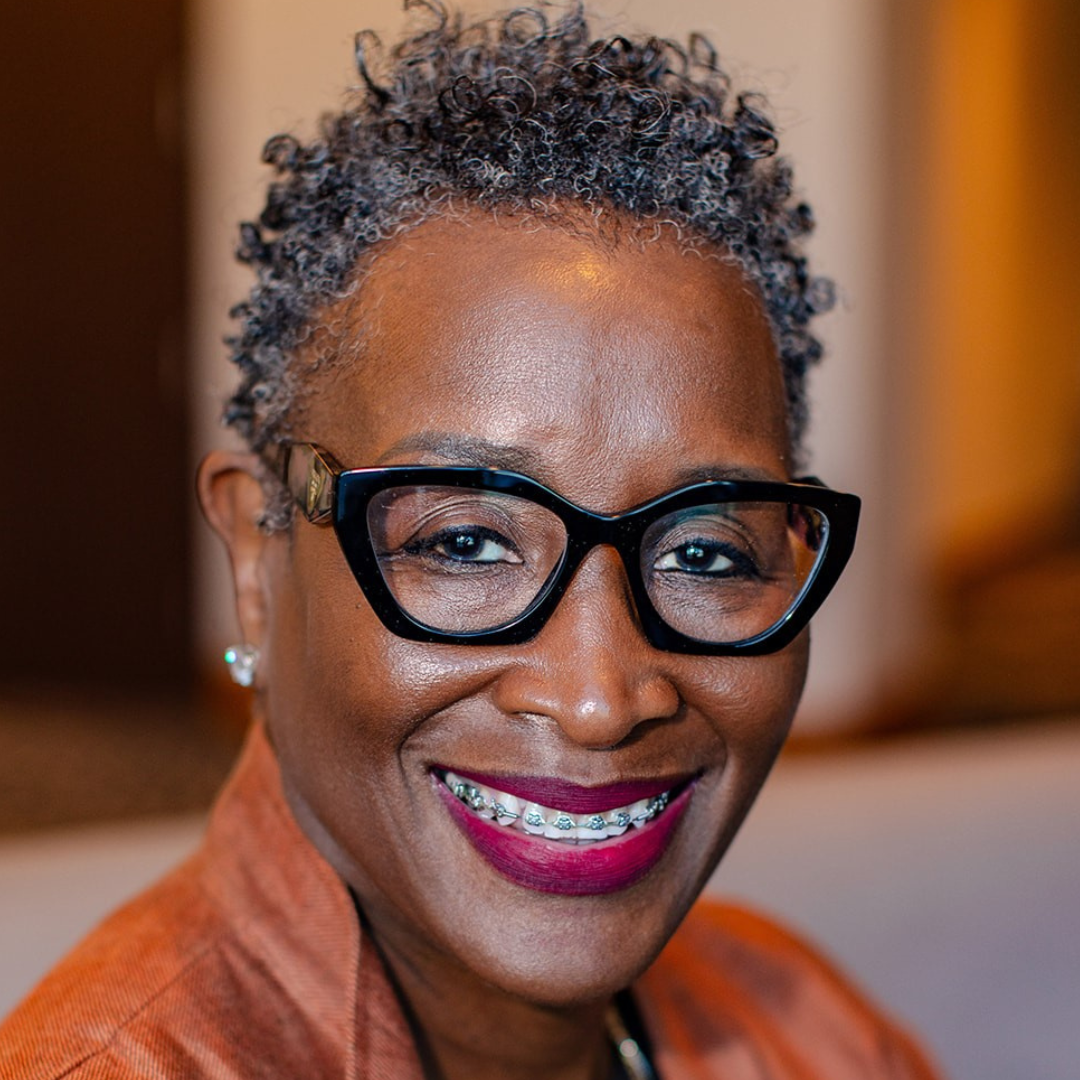 Bridgette M. Nevils-Taylor, M.S., B.S. is an accomplished professional with over 30 years of experience at the University of Miami, where she currently serves as the Associate Ombudsperson for the Miller School of Medicine. She brings a strong foundation in conflict resolution and relationship building, specializing in fostering collaborative environments. Bridgette holds a Master of Science in Conflict Analysis and Resolution Management from Nova Southeastern University, with a focus on Organizational Conflict, and is currently pursuing her Ed. D. in Applied Learning Sciences at the University of Miami. Bridgette M. Nevils-Taylor, M.S., B.S. is an accomplished professional with over 30 years of experience at the University of Miami, where she currently serves as the Associate Ombudsperson for the Miller School of Medicine. She brings a strong foundation in conflict resolution and relationship building, specializing in fostering collaborative environments. Bridgette holds a Master of Science in Conflict Analysis and Resolution Management from Nova Southeastern University, with a focus on Organizational Conflict, and is currently pursuing her Ed. D. in Applied Learning Sciences at the University of Miami.
Mentoring Event
What Would You Do? Ethical Dilemmas for New Ombuds | Symphony 4
This is a session for any practicing ombuds with less than two years of experience. Experienced ombuds will work with small groups and discuss a variety of realistic scenarios for the new ombuds to practice according to the IOA standards. This is an interactive session where all new ombuds get to participate and engage with each other and explore best practices.
Facilitators:
 Scott B. Cantor, PhD, CO-OP has been on the faculty at The University of Texas MD Anderson Cancer Center since 1994. His research focus has been clinical decision analysis, having received his bachelor's degree in Applied Mathematics from Yale and his doctorate in Decision Sciences from Harvard. Scott became an ombuds in 2018, after training in conflict resolution, mediation, and coaching. He is an active member of the IOA Events Committee and is a mentor for new ombuds. Scott B. Cantor, PhD, CO-OP has been on the faculty at The University of Texas MD Anderson Cancer Center since 1994. His research focus has been clinical decision analysis, having received his bachelor's degree in Applied Mathematics from Yale and his doctorate in Decision Sciences from Harvard. Scott became an ombuds in 2018, after training in conflict resolution, mediation, and coaching. He is an active member of the IOA Events Committee and is a mentor for new ombuds.
Melissa Connell has been the Ombuds for the University of Colorado Denver|Anschutz campuses for the last 23 years and has been in the ombuds profession for over 26 years. Melissa has actively participated as a member and prior chair of the IOA Mentoring Committee since 2007. She values and appreciates working with her incredibly delightful IOA colleagues on the committee and looks forward to more years of service.
Linda Falkson has served as a Cornell University Ombudsman since 2008. Prior to this appointment, she served in the field of judicial affairs. As an Ombudsman, she serves students, faculty and staff at Cornell University.
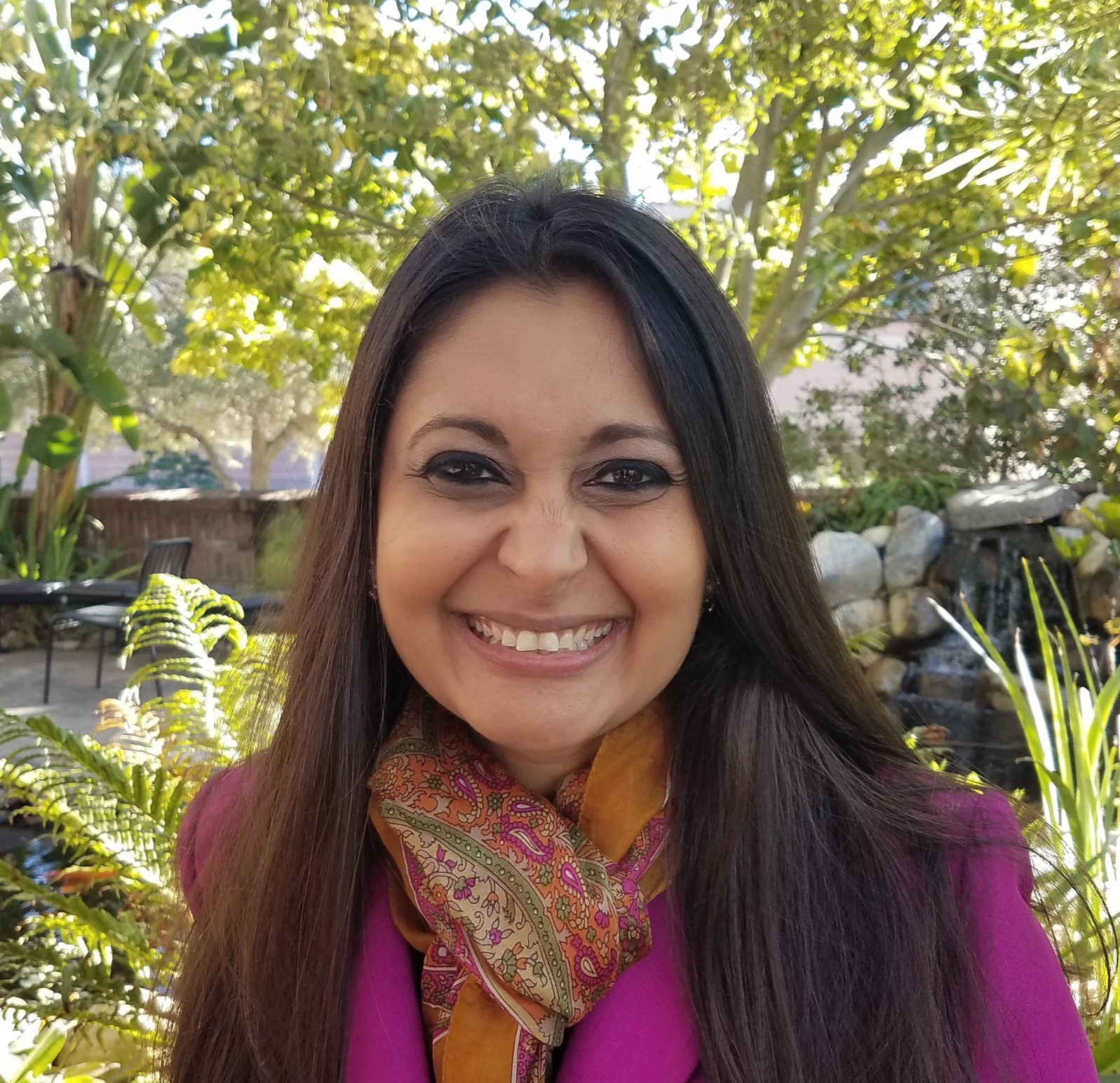 Shreya Trivedi was born in Mombasa, Kenya, and came to the United States in 2001 as an international student. Shreya has a B.A. in Advertising and Public Relations with a minor in Marketing and a master’s degree in Non-Profit Management. She was appointed as the Ombuds Officer at the University of Central Florida in May 2011. Shreya is a Certified Organizational Ombuds Practitioner (CO-OP ®), a Florida Supreme Court-certified county mediator and also serves on the IOA Mentoring Committee. She speaks five languages and loves to travel and spend time with her family, friends and dogs. Shreya Trivedi was born in Mombasa, Kenya, and came to the United States in 2001 as an international student. Shreya has a B.A. in Advertising and Public Relations with a minor in Marketing and a master’s degree in Non-Profit Management. She was appointed as the Ombuds Officer at the University of Central Florida in May 2011. Shreya is a Certified Organizational Ombuds Practitioner (CO-OP ®), a Florida Supreme Court-certified county mediator and also serves on the IOA Mentoring Committee. She speaks five languages and loves to travel and spend time with her family, friends and dogs.
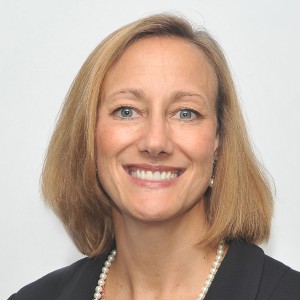 Ronnie Thomson changed her career in 2001 to the organizational ombuds profession for Dresser Inc. with whom she had served in many HR roles prior to its merger with Halliburton. With the purchase of Dresser by GE Oil and Gas, Ronnie moved her ombuds practice into Halliburton’s well-established ombuds program until relocating to New Mexico in 2021 to re-launch the Sandia Ombuds Office, where she currently serves. She previously served IOA as chair of Mentoring and Board member filling the roles of Secretary, President and Past-President. Ronnie Thomson changed her career in 2001 to the organizational ombuds profession for Dresser Inc. with whom she had served in many HR roles prior to its merger with Halliburton. With the purchase of Dresser by GE Oil and Gas, Ronnie moved her ombuds practice into Halliburton’s well-established ombuds program until relocating to New Mexico in 2021 to re-launch the Sandia Ombuds Office, where she currently serves. She previously served IOA as chair of Mentoring and Board member filling the roles of Secretary, President and Past-President.
|

 Ellen Miller is the Executive Director of the International Ombuds Association. An advocate for organizational ombuds, Ellen speaks, writes, and educates policymakers on issues impacting the field. She is a collaborative, creative leader with more than 25 years of experience including organizational management, program development, advocacy, stakeholder engagement, and strategic planning/positioning. A trained mediator and facilitator, Ellen has a proven ability to develop and maintain strong, effective relationships and develop creative approaches to organizational challenges. Previously, Ellen served as Executive Director of the California Lawyers Foundation and Associate Executive Director (Initiatives and External Relations) of the California Lawyers Association where she provided strategic direction and organizational development for a myriad of new programs and initiatives including DEI, access to justice, health and wellness, public education, and bar relations, and several foundational projects. Prior to joining CLF/CLA, she served as the Executive Director/CEO of the San Diego County Bar Association and as Section Director of the Section of Dispute Resolution at the American Bar Association.
Ellen Miller is the Executive Director of the International Ombuds Association. An advocate for organizational ombuds, Ellen speaks, writes, and educates policymakers on issues impacting the field. She is a collaborative, creative leader with more than 25 years of experience including organizational management, program development, advocacy, stakeholder engagement, and strategic planning/positioning. A trained mediator and facilitator, Ellen has a proven ability to develop and maintain strong, effective relationships and develop creative approaches to organizational challenges. Previously, Ellen served as Executive Director of the California Lawyers Foundation and Associate Executive Director (Initiatives and External Relations) of the California Lawyers Association where she provided strategic direction and organizational development for a myriad of new programs and initiatives including DEI, access to justice, health and wellness, public education, and bar relations, and several foundational projects. Prior to joining CLF/CLA, she served as the Executive Director/CEO of the San Diego County Bar Association and as Section Director of the Section of Dispute Resolution at the American Bar Association. Sarah Klaper, JD, was named Northwestern University's first university ombudsperson in August 2021. Sarah comes to Northwestern from Northern Illinois University in DeKalb, Ill., where she served for nine years as the University Ombudsperson. Prior to her time at NIU, Sarah was an instructor of Legal Analysis, Research, and Communication at DePaul University College of Law in Chicago. She also taught Education Law, as well as State and Local Government. Sarah's background is in law, and she practiced mainly public interest work for many years. Sarah started her legal career at Southeastern Ohio Legal Services in Portsmouth, Ohio. She last practiced at the Citizen Advocacy Center in Elmhurst, Illinois, where she focused on open government work and community organizing around issues such as the First Amendment, the Open Meetings Act, and the Freedom of Information Act. The principles of fairness and equity have guided Sarah throughout her career.
Sarah Klaper, JD, was named Northwestern University's first university ombudsperson in August 2021. Sarah comes to Northwestern from Northern Illinois University in DeKalb, Ill., where she served for nine years as the University Ombudsperson. Prior to her time at NIU, Sarah was an instructor of Legal Analysis, Research, and Communication at DePaul University College of Law in Chicago. She also taught Education Law, as well as State and Local Government. Sarah's background is in law, and she practiced mainly public interest work for many years. Sarah started her legal career at Southeastern Ohio Legal Services in Portsmouth, Ohio. She last practiced at the Citizen Advocacy Center in Elmhurst, Illinois, where she focused on open government work and community organizing around issues such as the First Amendment, the Open Meetings Act, and the Freedom of Information Act. The principles of fairness and equity have guided Sarah throughout her career. Jessica Kuchta-Miller, MA, JD, is the university ombuds at Duke University. She holds a law degree with a certificate in Dispute Resolution and a master’s degree in counseling psychology. As a longtime mediator and qualified neutral, Jessica brings significant experience in training others in mediation, negotiation, conflict resolution, and communication skills. She is an active member of the International Ombuds Association and frequently teaches the Foundations of the Organizational Ombuds course while mentoring new ombuds.
Jessica Kuchta-Miller, MA, JD, is the university ombuds at Duke University. She holds a law degree with a certificate in Dispute Resolution and a master’s degree in counseling psychology. As a longtime mediator and qualified neutral, Jessica brings significant experience in training others in mediation, negotiation, conflict resolution, and communication skills. She is an active member of the International Ombuds Association and frequently teaches the Foundations of the Organizational Ombuds course while mentoring new ombuds. finn schneider (they/them) has worked in U.S. higher education for 16 years across a variety of administrative and instructional roles. They currently work at the University of Minnesota Twin Cities as an ombudsperson and the director of the student ombuds office. They have been practicing as an ombuds for five years, with previous conflict resolution experience working in student housing, campus violence prevention, leadership development, and LGBTQ+ services.
finn schneider (they/them) has worked in U.S. higher education for 16 years across a variety of administrative and instructional roles. They currently work at the University of Minnesota Twin Cities as an ombudsperson and the director of the student ombuds office. They have been practicing as an ombuds for five years, with previous conflict resolution experience working in student housing, campus violence prevention, leadership development, and LGBTQ+ services. Markku Makinen (she/her) has worked in higher education for four years, in the areas of student housing and LGBTQ+ student services. She has been a practicing organizational ombuds for two years at the University of Minnesota, and her career in higher education has provided a plethora of experience in navigating conflict resolution from many different perspectives. Markku received a Masters in Leadership in Student Affairs from the University of St. Thomas, as well as a certification in mediation that has allowed the ombuds office to expand the resources available to visitors.
Markku Makinen (she/her) has worked in higher education for four years, in the areas of student housing and LGBTQ+ student services. She has been a practicing organizational ombuds for two years at the University of Minnesota, and her career in higher education has provided a plethora of experience in navigating conflict resolution from many different perspectives. Markku received a Masters in Leadership in Student Affairs from the University of St. Thomas, as well as a certification in mediation that has allowed the ombuds office to expand the resources available to visitors. Meg Willoughby is the inaugural Faculty Ombuds at Villanova University since 2019. She served as Co-Chair of the ABA’s Ombuds Committee, receiving the 2024 Outstanding Committee Award and Best Program Award for Ombuds Day 2023. Previously, Meg was Senior Attorney and Subject Matter Expert in the U.S. Department of Education, Office for Civil Rights, and Litigation Associate at Stradley, Ronon, Stevens & Young LLP. She received a JD and Masters
Meg Willoughby is the inaugural Faculty Ombuds at Villanova University since 2019. She served as Co-Chair of the ABA’s Ombuds Committee, receiving the 2024 Outstanding Committee Award and Best Program Award for Ombuds Day 2023. Previously, Meg was Senior Attorney and Subject Matter Expert in the U.S. Department of Education, Office for Civil Rights, and Litigation Associate at Stradley, Ronon, Stevens & Young LLP. She received a JD and Masters  Bruce MacAllister, B.S., J.D. Has thirty years of ombuds experience and has served as the inaugural ombuds for four organizations, including most recently serving as Ombuds for the International Foundation for Online Responsibility and for The Little Owl Society for Families and Children. In addition to ombuds work, he served as General Counsel to a large state law enforcement agency, Vice President for Finance and Administration for a regional community college, and a mediator for court systems, municipalities, and state and federal agencies.
Bruce MacAllister, B.S., J.D. Has thirty years of ombuds experience and has served as the inaugural ombuds for four organizations, including most recently serving as Ombuds for the International Foundation for Online Responsibility and for The Little Owl Society for Families and Children. In addition to ombuds work, he served as General Counsel to a large state law enforcement agency, Vice President for Finance and Administration for a regional community college, and a mediator for court systems, municipalities, and state and federal agencies. Chuck Doran is an experienced organizational ombuds, mediator, and trainer. Chuck is a Certified Organizational Ombuds Practitioner (CO-OP) and a member of the International Ombuds Association who completed ombuds training with the IOA in 1995. Chuck has served as an outsourced organizational ombuds for companies, universities, and other organizations since 1997 and received a President's Award from the IOA in 2024. A mediator since 1992, he is a member of the National Academy of Distinguished Neutrals and the CPR Dispute Resolution Panel of Distinguished Neutrals. He has mediated with the Equal Employment Opportunity Commission (EEOC), the Massachusetts Commission Against Discrimination (MCAD), MWI, the Harvard Mediation Program, and the United States Postal Service REDRESS I and REDRESS II Mediation Panels. In addition to his ombuds and mediation work, Chuck works nationally and internationally as a dispute resolution trainer and consultant with corporate, governmental, and non-profit clients including Coca-Cola Enterprises, General Motors, Bose Corporation, and the Harvard Negotiation Project at Harvard Law School. Chuck has served as a teaching assistant on multiple occasions with Professor Roger Fisher at Harvard Law School's Program of Instruction for Lawyers Negotiation Workshop. In 1993, Chuck completed a Specialization in Negotiation and Dispute Resolution at the Program on Negotiation and chaired two regional ADR Conferences in 1997 and 1999. Chuck served as a member of the Massachusetts Supreme Judicial Court Standing Committee on Dispute Resolution and was Chair of the Qualifications Subcommittee. He is a member of the Massachusetts Bar Association's Dispute Resolution Advisory Group and is a past president of the Association for Conflict Resolution, New England Chapter. Chuck is also a Distinguished Fellow with the International Academy of Mediators (IAM) and a past president of IAM's Board of Governors.
Chuck Doran is an experienced organizational ombuds, mediator, and trainer. Chuck is a Certified Organizational Ombuds Practitioner (CO-OP) and a member of the International Ombuds Association who completed ombuds training with the IOA in 1995. Chuck has served as an outsourced organizational ombuds for companies, universities, and other organizations since 1997 and received a President's Award from the IOA in 2024. A mediator since 1992, he is a member of the National Academy of Distinguished Neutrals and the CPR Dispute Resolution Panel of Distinguished Neutrals. He has mediated with the Equal Employment Opportunity Commission (EEOC), the Massachusetts Commission Against Discrimination (MCAD), MWI, the Harvard Mediation Program, and the United States Postal Service REDRESS I and REDRESS II Mediation Panels. In addition to his ombuds and mediation work, Chuck works nationally and internationally as a dispute resolution trainer and consultant with corporate, governmental, and non-profit clients including Coca-Cola Enterprises, General Motors, Bose Corporation, and the Harvard Negotiation Project at Harvard Law School. Chuck has served as a teaching assistant on multiple occasions with Professor Roger Fisher at Harvard Law School's Program of Instruction for Lawyers Negotiation Workshop. In 1993, Chuck completed a Specialization in Negotiation and Dispute Resolution at the Program on Negotiation and chaired two regional ADR Conferences in 1997 and 1999. Chuck served as a member of the Massachusetts Supreme Judicial Court Standing Committee on Dispute Resolution and was Chair of the Qualifications Subcommittee. He is a member of the Massachusetts Bar Association's Dispute Resolution Advisory Group and is a past president of the Association for Conflict Resolution, New England Chapter. Chuck is also a Distinguished Fellow with the International Academy of Mediators (IAM) and a past president of IAM's Board of Governors. Allison Monyei Whaley, J.D., SHRM-CP, CO-OP® is an Associate Ombuds at the U.S. Census Bureau. She also works as an organizational ombuds for MWI. Her commitment to empowering people to achieve their own resolutions has characterized her work as an ombuds, fulfilling the role as a shuttle diplomat, facilitator, and mediator. Before entering the ombuds profession, she worked as an attorney, advocating on behalf of our nation's veterans and their families. She is an active leader in the ombuds community where she acts as administrator for the Black Ombuds Network and serves on the International Ombudsman Association CO-OP® Board of Directors.
Allison Monyei Whaley, J.D., SHRM-CP, CO-OP® is an Associate Ombuds at the U.S. Census Bureau. She also works as an organizational ombuds for MWI. Her commitment to empowering people to achieve their own resolutions has characterized her work as an ombuds, fulfilling the role as a shuttle diplomat, facilitator, and mediator. Before entering the ombuds profession, she worked as an attorney, advocating on behalf of our nation's veterans and their families. She is an active leader in the ombuds community where she acts as administrator for the Black Ombuds Network and serves on the International Ombudsman Association CO-OP® Board of Directors. Brent Epperson, Ph.D. serves as an ombuds at the University of Luxembourg (part-time) and as an Assistant Professor and researcher of conflict studies at Saint Paul University in Canada. Brent has worked as an ombuds in Europe and North America for nearly 11 years. His research focuses on ombuds practice, good governance and the development of administratively fair and equitable policies and procedures, and issue representation in policy debates. He is a Board Member of the European Network of Ombuds in Higher Education (ENOHE), a member of the International Ombuds Association (IOA), and an Associate Member of the Association of Canadian College and University Ombuds (ACCUO).
Brent Epperson, Ph.D. serves as an ombuds at the University of Luxembourg (part-time) and as an Assistant Professor and researcher of conflict studies at Saint Paul University in Canada. Brent has worked as an ombuds in Europe and North America for nearly 11 years. His research focuses on ombuds practice, good governance and the development of administratively fair and equitable policies and procedures, and issue representation in policy debates. He is a Board Member of the European Network of Ombuds in Higher Education (ENOHE), a member of the International Ombuds Association (IOA), and an Associate Member of the Association of Canadian College and University Ombuds (ACCUO). Laura Armstrong, Ph.D., C.Psych. is a nationally-funded researcher, Full Professor of Counselling and Psychotherapy, and a Clinical Psychologist who has developed mental health education programs using Meaning Mindset Theory, new knowledge mobilization research methodology, and validated measures of risk behaviours, meaning, alliance, and mental health. Dr. Armstrong brings expertise in knowledge mobilization, program development, digital media and the arts to convey educational information, and the application of what works in psychology to other fields. She has published or presented 75 articles, books, chapters, posters, workshops, and technical manuscripts in the areas of psychometric measure development, program development and evaluation, Second and Third Wave Positive Psychology, suicide prevention, and promotion of meaning and well-being. Dr. Armstrong has received Foundations in Ombuds Training.
Laura Armstrong, Ph.D., C.Psych. is a nationally-funded researcher, Full Professor of Counselling and Psychotherapy, and a Clinical Psychologist who has developed mental health education programs using Meaning Mindset Theory, new knowledge mobilization research methodology, and validated measures of risk behaviours, meaning, alliance, and mental health. Dr. Armstrong brings expertise in knowledge mobilization, program development, digital media and the arts to convey educational information, and the application of what works in psychology to other fields. She has published or presented 75 articles, books, chapters, posters, workshops, and technical manuscripts in the areas of psychometric measure development, program development and evaluation, Second and Third Wave Positive Psychology, suicide prevention, and promotion of meaning and well-being. Dr. Armstrong has received Foundations in Ombuds Training. Neal J. Powless, MS, CO-OP is a traditional member of the Onondaga Nation and Eel Clan. He produced the Major Motion Picture “Crooked Arrows” and NY Emmy Nominated “Game of Life; Heart and Soul of the Onondaga” and continues to collaborate on multiple film and media projects. Mr. Powless has taught courses and presented publicly across the US and internationally for 30 years about Indigenous culture, value systems and is the Co/founder of Indigenous Concepts Consulting. He has published chapters in a news media book and a foundational Ombuds textbook. Since 2014, Mr. Powless has been the Head Coach for the Netherlands National Lacrosseteam whose current World Rank is 12, was a 3-time All-American, 2002 All-World, and has won a total of 5 Professional and National Championships. He has been inducted into 6 sports Hall of Fames.Neal has a master’s in counseling from Syracuse University and a BS in Psychology from Nazareth University.
Neal J. Powless, MS, CO-OP is a traditional member of the Onondaga Nation and Eel Clan. He produced the Major Motion Picture “Crooked Arrows” and NY Emmy Nominated “Game of Life; Heart and Soul of the Onondaga” and continues to collaborate on multiple film and media projects. Mr. Powless has taught courses and presented publicly across the US and internationally for 30 years about Indigenous culture, value systems and is the Co/founder of Indigenous Concepts Consulting. He has published chapters in a news media book and a foundational Ombuds textbook. Since 2014, Mr. Powless has been the Head Coach for the Netherlands National Lacrosseteam whose current World Rank is 12, was a 3-time All-American, 2002 All-World, and has won a total of 5 Professional and National Championships. He has been inducted into 6 sports Hall of Fames.Neal has a master’s in counseling from Syracuse University and a BS in Psychology from Nazareth University. Linda M. Brothers is the inaugural University Staff Ombudsperson for Georgetown University, having previously been an ombuds at the National Institutes of Health and Wellesley College. Her areas of special focus include perceived difference and intercultural conflict, systemic conflict within organizations, and the practical application of theory to advance ombuds practice. Brothers writes on these subjects and is a frequent presenter for the International Ombuds Association, the Center for Alternative Dispute Resolution, and the Coalition of Federal Ombudsmen. She is a past Board Member of the New England Association for Conflict Resolution; she holds a J.D. from NYU and a B.A. from Yale University.
Linda M. Brothers is the inaugural University Staff Ombudsperson for Georgetown University, having previously been an ombuds at the National Institutes of Health and Wellesley College. Her areas of special focus include perceived difference and intercultural conflict, systemic conflict within organizations, and the practical application of theory to advance ombuds practice. Brothers writes on these subjects and is a frequent presenter for the International Ombuds Association, the Center for Alternative Dispute Resolution, and the Coalition of Federal Ombudsmen. She is a past Board Member of the New England Association for Conflict Resolution; she holds a J.D. from NYU and a B.A. from Yale University. Nicholas Theotocatos started his career working as a lawyer for a firm representing the State of Alaska on the Alaska North Slope Royalty Litigation. Before becoming an ombudsman, Nicholas helped build administrative tribunals, working first for the UN Compensation Commission and then for the German Forced Labour Compensation Programme administered by the International Organization for Migration (IOM). He was the Ombudsperson for IOM from 2007 until 2009, the UN's Regional Ombudsman in Nairobi from 2010 until 2019 and has been the UN’s Regional Ombudsman in Geneva since 2019.
Nicholas Theotocatos started his career working as a lawyer for a firm representing the State of Alaska on the Alaska North Slope Royalty Litigation. Before becoming an ombudsman, Nicholas helped build administrative tribunals, working first for the UN Compensation Commission and then for the German Forced Labour Compensation Programme administered by the International Organization for Migration (IOM). He was the Ombudsperson for IOM from 2007 until 2009, the UN's Regional Ombudsman in Nairobi from 2010 until 2019 and has been the UN’s Regional Ombudsman in Geneva since 2019. Donna Buehler
Donna Buehler Jivanto van Hemert (he/him)
Jivanto van Hemert (he/him)  Aasma Batool is a graduate student at University of New Mexico in the College of Education, working toward a PhD in Language Literacy & Sociocultural Studies with in TESOL. Lana served as a graduate ombuds through Graduate Services starting in the Fall 2020 semester. More recently, she joined the Ombuds Services team as Project Assistant Ombuds.
Aasma Batool is a graduate student at University of New Mexico in the College of Education, working toward a PhD in Language Literacy & Sociocultural Studies with in TESOL. Lana served as a graduate ombuds through Graduate Services starting in the Fall 2020 semester. More recently, she joined the Ombuds Services team as Project Assistant Ombuds. Lana Smith-Hale earned her B.S. in Psychology from Cal Poly, San Luis Obispo, and her Master’s in Social Work from the University of Southern California. She is a Licensed Clinical Social Worker in California and holds a Mediation Certification from UC Irvine. With extensive experience in mental health and group dynamics, Lana began working at UC Santa Barbara in 2014. She has served as Assistant Director of Graduate Career Services, a summer program lecturer, and as a therapist and supervisor at the Hosford Clinic. Since 2023, Lana has been serving as an Assistant Ombuds at UCSB.
Lana Smith-Hale earned her B.S. in Psychology from Cal Poly, San Luis Obispo, and her Master’s in Social Work from the University of Southern California. She is a Licensed Clinical Social Worker in California and holds a Mediation Certification from UC Irvine. With extensive experience in mental health and group dynamics, Lana began working at UC Santa Barbara in 2014. She has served as Assistant Director of Graduate Career Services, a summer program lecturer, and as a therapist and supervisor at the Hosford Clinic. Since 2023, Lana has been serving as an Assistant Ombuds at UCSB. Dr. Jennifer Schneider is an organizational ombuds at the University of South Florida (USF), offering ombuds services to nearly 50K undergraduate, graduate, and professional students. Prior to her current role, Jennifer held various faculty and administrative positions at USF, the University of Central Florida, and at Polk State College. She also spent over ten years teaching in the public K-12 system. Jennifer has been an active IOA volunteer since 2015. She currently serves on the Research and Assessment Committee and co-chairs the Advocacy Committee. She was previously a member of the Communications Committee, where she served as editor of The Independent Voice.
Dr. Jennifer Schneider is an organizational ombuds at the University of South Florida (USF), offering ombuds services to nearly 50K undergraduate, graduate, and professional students. Prior to her current role, Jennifer held various faculty and administrative positions at USF, the University of Central Florida, and at Polk State College. She also spent over ten years teaching in the public K-12 system. Jennifer has been an active IOA volunteer since 2015. She currently serves on the Research and Assessment Committee and co-chairs the Advocacy Committee. She was previously a member of the Communications Committee, where she served as editor of The Independent Voice. Dr. Mary Rowe
Dr. Mary Rowe Dr. Timothy Hedeen is an experienced ombuds, mediator, and researcher, as well as Professor of Conflict Management at Kennesaw State University. He describes his work as "constructive conflict engagement," whether mediating workplace disputes, coaching private clients, or facilitating public policy dialogues. He frequently serves as a consultant, trainer, and evaluator in organizational, judicial, and educational settings. He's conducted many studies of ombuds services, including the ACUS report on federal agency ombuds, the past five IOA bi-annual practice surveys, and comprehensive reviews of ombuds offices at major universities.
Dr. Timothy Hedeen is an experienced ombuds, mediator, and researcher, as well as Professor of Conflict Management at Kennesaw State University. He describes his work as "constructive conflict engagement," whether mediating workplace disputes, coaching private clients, or facilitating public policy dialogues. He frequently serves as a consultant, trainer, and evaluator in organizational, judicial, and educational settings. He's conducted many studies of ombuds services, including the ACUS report on federal agency ombuds, the past five IOA bi-annual practice surveys, and comprehensive reviews of ombuds offices at major universities.
 Adam Barak Kleinberger is an Ombuds at Harvard University and a Certified Organizational Ombudsman Practitioner® (CO-OP). Adam began his study of conflict resolution at the United World College and holds an MA in Dispute Resolution from the University of Massachusetts Boston, a BA from Brandeis University and a diploma from Ringling Bros. and Barnum & Bailey Clown College. Prior to arriving at Harvard, Adam served as an Ombuds at Boston University and Cornell University. His research and training have focused on improving conflict management skills using improvisation and clowning.
Adam Barak Kleinberger is an Ombuds at Harvard University and a Certified Organizational Ombudsman Practitioner® (CO-OP). Adam began his study of conflict resolution at the United World College and holds an MA in Dispute Resolution from the University of Massachusetts Boston, a BA from Brandeis University and a diploma from Ringling Bros. and Barnum & Bailey Clown College. Prior to arriving at Harvard, Adam served as an Ombuds at Boston University and Cornell University. His research and training have focused on improving conflict management skills using improvisation and clowning. Abram Kaplan has worked in conflict resolution for 30 years, teaching a college-level course on environmental dispute resolution and then building a hands-on practice. In 2016, he co-founded Denison University's Faculty Ombuds Program, which now has eight members. Kaplan completed the IOA Foundations course, Social Justice Mediation Institute certification, and CINERGY conflict coaching training. His consulting firm, Kaplan Collaboration, provides ADR/ombud services to academic institutions.
Abram Kaplan has worked in conflict resolution for 30 years, teaching a college-level course on environmental dispute resolution and then building a hands-on practice. In 2016, he co-founded Denison University's Faculty Ombuds Program, which now has eight members. Kaplan completed the IOA Foundations course, Social Justice Mediation Institute certification, and CINERGY conflict coaching training. His consulting firm, Kaplan Collaboration, provides ADR/ombud services to academic institutions. Dr. Shannon Lynn Burton is the University Ombudsperson at Michigan State University, as well as Co-Ombuds for the American Educational Research Association (AERA) and an Adjunct Professor of Management at Aquinas College where she teaches conflict resolution, group dynamics, and ethics. Shannon serves the broader professional community through her work as one of the International Ombudsman Association's (IOA) inaugural co-chairs for the Research and Assessment Committee, Editor for the Journal of the IOA (JIOA), and a Co-Editor for IOA’s first book, The Organizational Ombuds: Foundations, Fundamentals and Futures to be published in 2024.
Dr. Shannon Lynn Burton is the University Ombudsperson at Michigan State University, as well as Co-Ombuds for the American Educational Research Association (AERA) and an Adjunct Professor of Management at Aquinas College where she teaches conflict resolution, group dynamics, and ethics. Shannon serves the broader professional community through her work as one of the International Ombudsman Association's (IOA) inaugural co-chairs for the Research and Assessment Committee, Editor for the Journal of the IOA (JIOA), and a Co-Editor for IOA’s first book, The Organizational Ombuds: Foundations, Fundamentals and Futures to be published in 2024. Kira Nurieli is the CEO of the Harmony Strategies Group and is an experienced Ombuds, mediator, conflict coach, trainer/facilitator, consultant, and restorative practices facilitator. She has spent upwards of twenty years helping clients handle conflict and improve communication strategies and has presented at numerous conferences and symposia as a subject matter expert. She holds a Master’s degree in Organizational Psychology from Columbia University and a Bachelor’s degree in Comparative Performance from Barnard College.
Kira Nurieli is the CEO of the Harmony Strategies Group and is an experienced Ombuds, mediator, conflict coach, trainer/facilitator, consultant, and restorative practices facilitator. She has spent upwards of twenty years helping clients handle conflict and improve communication strategies and has presented at numerous conferences and symposia as a subject matter expert. She holds a Master’s degree in Organizational Psychology from Columbia University and a Bachelor’s degree in Comparative Performance from Barnard College. Jennifer Mahony, JD is the Ombuds Director at Boston Children's Hospital, where she established the program in January 2022. Jenn has been fortunate to be a practicing Ombuds in The United States and New Zealand. She obtained her Juris Doctor from Emory University School of Law. She serves as president-elect for the IOA Board of Directors.
Jennifer Mahony, JD is the Ombuds Director at Boston Children's Hospital, where she established the program in January 2022. Jenn has been fortunate to be a practicing Ombuds in The United States and New Zealand. She obtained her Juris Doctor from Emory University School of Law. She serves as president-elect for the IOA Board of Directors. Alicia Booker Ph. D. is the Principal Ombuds for Baylor College of Medicine and former University Ombudsperson for University of Alabama at Birmingham. Alicia received her Ph.D. from Nova Southeastern University’s Conflict Analysis and Resolution program. Her dissertation project focused on Competencies for Ombuds practicing in Higher Education. Booker-Cormier serves as the Immediate Past President of the International Ombuds Association and is a member of Southern Methodist University Alumni Board. Booker earned a Bachelor of Arts in Journalism, and a Master of Arts in Dispute Resolution from Southern Methodist University (SMU).Booker has received graduate certificates in executive coaching, conflict coaching, mediation, and advanced training on workplace collaboration from SMU and a qualitative research graduate certificate from NSU. In addition to dispute resolution, Booker’s roots in investigative journalism and private investigation have equipped her with a critical interview and question-asking skills that are key to her role as an ombuds.
Alicia Booker Ph. D. is the Principal Ombuds for Baylor College of Medicine and former University Ombudsperson for University of Alabama at Birmingham. Alicia received her Ph.D. from Nova Southeastern University’s Conflict Analysis and Resolution program. Her dissertation project focused on Competencies for Ombuds practicing in Higher Education. Booker-Cormier serves as the Immediate Past President of the International Ombuds Association and is a member of Southern Methodist University Alumni Board. Booker earned a Bachelor of Arts in Journalism, and a Master of Arts in Dispute Resolution from Southern Methodist University (SMU).Booker has received graduate certificates in executive coaching, conflict coaching, mediation, and advanced training on workplace collaboration from SMU and a qualitative research graduate certificate from NSU. In addition to dispute resolution, Booker’s roots in investigative journalism and private investigation have equipped her with a critical interview and question-asking skills that are key to her role as an ombuds. Alexandre Saint-Jean has been in the fields of conflict resolution, wellness, harassment prevention, and values and ethics for the past 16 years. He has been an ombuds since 2018. A few years ago, he discovered his life mission: to reduce human suffering through peacebuilding efforts. How he fell in this field all made sense! This has motivated Alexandre to put visitor centricity at the forefront to provide the best possible experience to those using his services. Recognizing that people are often at their most vulnerable moment when using the service, it is essential for our services to support visitors and lighten their burden, not add to it.
Alexandre Saint-Jean has been in the fields of conflict resolution, wellness, harassment prevention, and values and ethics for the past 16 years. He has been an ombuds since 2018. A few years ago, he discovered his life mission: to reduce human suffering through peacebuilding efforts. How he fell in this field all made sense! This has motivated Alexandre to put visitor centricity at the forefront to provide the best possible experience to those using his services. Recognizing that people are often at their most vulnerable moment when using the service, it is essential for our services to support visitors and lighten their burden, not add to it. Evariste Salndjoukou is an Associate Ombuds at Shared Services Canada since 2022. He addresses workplace issues with compassion and integrity. With a master’s degree in International Relations and over 15 years of experience in human resources, Evariste combines deep knowledge of organizational behavior and legal frameworks to tackle systemic challenges. A sought-after speaker and curriculum contributor at St. Paul University, he holds multiple coaching certifications and is fluent in both French and English, committed to fostering inclusive and equitable work environments.
Evariste Salndjoukou is an Associate Ombuds at Shared Services Canada since 2022. He addresses workplace issues with compassion and integrity. With a master’s degree in International Relations and over 15 years of experience in human resources, Evariste combines deep knowledge of organizational behavior and legal frameworks to tackle systemic challenges. A sought-after speaker and curriculum contributor at St. Paul University, he holds multiple coaching certifications and is fluent in both French and English, committed to fostering inclusive and equitable work environments. Angela Dash
Angela Dash  Henry Yampolsky, J.D.
Henry Yampolsky, J.D.  Tim Hogan is Senior Vice President and Chief Compliance Officer for Boston Children's Hospital. He has previously served in compliance leadership roles at Beth Israel Deaconess Medical Center, Elliot Health System, and Harvard Vanguard Medical Associates/Atrius Health. Tim recently served as New England regional executive for the Healthcare Financial Management Association and is a past president of the Massachusetts/Rhode Island Chapter. He is also a former chair of the Chapter's Compliance Committee.
Tim Hogan is Senior Vice President and Chief Compliance Officer for Boston Children's Hospital. He has previously served in compliance leadership roles at Beth Israel Deaconess Medical Center, Elliot Health System, and Harvard Vanguard Medical Associates/Atrius Health. Tim recently served as New England regional executive for the Healthcare Financial Management Association and is a past president of the Massachusetts/Rhode Island Chapter. He is also a former chair of the Chapter's Compliance Committee. Dr. Roy Pereira is the Special Assistant to the Senior VP and LMU Ombuds for Students. He teaches a core course in theology and neuroscience to the post-doctoral psychology program. He has 31 years of teaching experience and has served as Provost. He is also in charge of the LMU Mental Health & Wellness catering to various LMU Student Affairs departments. His research covers the effects of internet usage, social media on the brain and mind-body connection for which he has spoken at TEDx; Google Headquarters, CA, Harvard University and across the world. He has a sizeable presence on YouTube and Instagram.
Dr. Roy Pereira is the Special Assistant to the Senior VP and LMU Ombuds for Students. He teaches a core course in theology and neuroscience to the post-doctoral psychology program. He has 31 years of teaching experience and has served as Provost. He is also in charge of the LMU Mental Health & Wellness catering to various LMU Student Affairs departments. His research covers the effects of internet usage, social media on the brain and mind-body connection for which he has spoken at TEDx; Google Headquarters, CA, Harvard University and across the world. He has a sizeable presence on YouTube and Instagram. Dr. Emelyn dela Peña is Loyola Marymount University’s vice president for Diversity, Equity, and Inclusion, where she oversees the university's anti-racism, diversity, equity, and inclusion efforts including the Anti-Racism Project, Truth, Racial Healing & Transformation Center Alliance, Ombuds office, and the LMU DEI Consortium. Together, she and the vice president for Mission & Ministry lead the university’s Recruiting and Hiring for Mission and Inclusive Excellence Initiative. Emelyn draws on a Student Affairs career that spanned 27 years prior to her current role and has presented and taught nationally on social justice, gender, and diversity issues. She co-authored “Paying homage to college and university women’s centers: gender justice work in the center for diversity and inclusion” in University and College Women’s and Gender Equity Centers: The Changing Landscape, “From Slavery to SlutWalk: Brown Bodies and the Misguided Politics of Sexual Agency” in the Critical Black Studies Reader, “Social Justice Leadership: Silos to Synergies” in Culturally Responsive Leadership in Higher Education, and “Emergent Approaches to Diversity and Social Justice Work in Higher Education” in Teaching Diversity.
Dr. Emelyn dela Peña is Loyola Marymount University’s vice president for Diversity, Equity, and Inclusion, where she oversees the university's anti-racism, diversity, equity, and inclusion efforts including the Anti-Racism Project, Truth, Racial Healing & Transformation Center Alliance, Ombuds office, and the LMU DEI Consortium. Together, she and the vice president for Mission & Ministry lead the university’s Recruiting and Hiring for Mission and Inclusive Excellence Initiative. Emelyn draws on a Student Affairs career that spanned 27 years prior to her current role and has presented and taught nationally on social justice, gender, and diversity issues. She co-authored “Paying homage to college and university women’s centers: gender justice work in the center for diversity and inclusion” in University and College Women’s and Gender Equity Centers: The Changing Landscape, “From Slavery to SlutWalk: Brown Bodies and the Misguided Politics of Sexual Agency” in the Critical Black Studies Reader, “Social Justice Leadership: Silos to Synergies” in Culturally Responsive Leadership in Higher Education, and “Emergent Approaches to Diversity and Social Justice Work in Higher Education” in Teaching Diversity. Mushegh Manukyan i
Mushegh Manukyan i Israela Adah Brill-Cass
Israela Adah Brill-Cass  Don Greenstein, Esq. is the Brandeis University Ombuds Director, an affiliate of Boston Law Collaborative, adjunct Professor with the MA General Hospital Institute for Medical Professionals. He had a freelance mediation, facilitation, conflict coaching, and external ombud practice for over a decade.Don is a proud “Papi” to 4 grandchildren, and three daughters. He enjoys time Kayaking and bike riding with his family in NH, Cape Cod and throughout the world.
Don Greenstein, Esq. is the Brandeis University Ombuds Director, an affiliate of Boston Law Collaborative, adjunct Professor with the MA General Hospital Institute for Medical Professionals. He had a freelance mediation, facilitation, conflict coaching, and external ombud practice for over a decade.Don is a proud “Papi” to 4 grandchildren, and three daughters. He enjoys time Kayaking and bike riding with his family in NH, Cape Cod and throughout the world. Teresa Ralicki is a Senior OmbudsLead at Pinterest and founder of the Ombuds Institute. She has worked as an Ombuds, mediating, coaching individuals, facilitating group conflicts, and supporting organizational change for organizations like the American Red Cross and University of Colorado. She has an MA in Conflict Resolution and certificates in Organizational Consulting and Diversity, Equity, & Inclusion. She also teaches at Juniata College and offers consulting and training to enhance professional skills in alternative dispute resolution.
Teresa Ralicki is a Senior OmbudsLead at Pinterest and founder of the Ombuds Institute. She has worked as an Ombuds, mediating, coaching individuals, facilitating group conflicts, and supporting organizational change for organizations like the American Red Cross and University of Colorado. She has an MA in Conflict Resolution and certificates in Organizational Consulting and Diversity, Equity, & Inclusion. She also teaches at Juniata College and offers consulting and training to enhance professional skills in alternative dispute resolution. Diana C. Trillos Vera is a licensed attorney in Colombia and New York, a certified Organizational Ombuds, and an Associate Certified Coach (ACC) with the International Coaching Federation. She brings extensive expertise in workplace conflict resolution, capacity building, and fostering a positive institutional culture. Diana holds a Master of Law in International Legal Studies from American University and has been a member of the Ombuds Services team at the World Bank Group since 2018. Prior to this role, she served as an Associate Ombudsperson at the Inter-American Development Bank and held roles at Defensoría del Pueblo de Colombia, where she focused on addressing citizen complaints and investigating allegations of misconduct.
Diana C. Trillos Vera is a licensed attorney in Colombia and New York, a certified Organizational Ombuds, and an Associate Certified Coach (ACC) with the International Coaching Federation. She brings extensive expertise in workplace conflict resolution, capacity building, and fostering a positive institutional culture. Diana holds a Master of Law in International Legal Studies from American University and has been a member of the Ombuds Services team at the World Bank Group since 2018. Prior to this role, she served as an Associate Ombudsperson at the Inter-American Development Bank and held roles at Defensoría del Pueblo de Colombia, where she focused on addressing citizen complaints and investigating allegations of misconduct. Dona Yarbrough
Dona Yarbrough  Tessa Tompkins Byer has served as the University Ombuds at Clemson University in Clemson, SC, since August 2021. She has been a mediator, conflict coach, trainer, and Ombuds consultant since 2015, and she has provided conflict resolution in many contexts, including divorce, workplace, family, religious, landlord/tenant, permanency, harassment prevention, and small-claims court. Tessa holds a Master of Arts in Coexistence and Conflict from Brandeis University and a Master of Community Planning from Auburn University, and she is working on her PhD in Industrial and Organizational Psychology.
Tessa Tompkins Byer has served as the University Ombuds at Clemson University in Clemson, SC, since August 2021. She has been a mediator, conflict coach, trainer, and Ombuds consultant since 2015, and she has provided conflict resolution in many contexts, including divorce, workplace, family, religious, landlord/tenant, permanency, harassment prevention, and small-claims court. Tessa holds a Master of Arts in Coexistence and Conflict from Brandeis University and a Master of Community Planning from Auburn University, and she is working on her PhD in Industrial and Organizational Psychology. Donna Douglass Williams is Senior Director of the Ombuds Program at Pinterest, recently launched as one of the first Ombuds programs in the tech sector. Donna has over twenty-five years experience as an attorney, mediator, facilitator, trainer, consultant and organizational ombudsperson. Donna previously held the position of Ombudsperson for the World Health Organization (WHO) in Geneva, Switzerland serving WHO and UNAIDS staff in global duty stations, led the Ombuds team at MD Anderson Cancer Center, and served as Ombuds at Georgia State University and UConn Health. In addition to her work at Pinterest, Donna is also a consultant ombudsperson for the United Nations Funds and Programmes, responsible for team facilitation and training global staff in several UN agencies, including UNICEF, UNDP, UN Women, and UNFPA. Donna is a graduate of Purdue University, and the King Hall School of Law at University of California, Davis.
Donna Douglass Williams is Senior Director of the Ombuds Program at Pinterest, recently launched as one of the first Ombuds programs in the tech sector. Donna has over twenty-five years experience as an attorney, mediator, facilitator, trainer, consultant and organizational ombudsperson. Donna previously held the position of Ombudsperson for the World Health Organization (WHO) in Geneva, Switzerland serving WHO and UNAIDS staff in global duty stations, led the Ombuds team at MD Anderson Cancer Center, and served as Ombuds at Georgia State University and UConn Health. In addition to her work at Pinterest, Donna is also a consultant ombudsperson for the United Nations Funds and Programmes, responsible for team facilitation and training global staff in several UN agencies, including UNICEF, UNDP, UN Women, and UNFPA. Donna is a graduate of Purdue University, and the King Hall School of Law at University of California, Davis. Julie Muroff is the Chair of IOA’s Artificial Intelligence (AI) Working Group and Co-chair of IOA’s Research & Assessment Committee. Since March 2021, Julie has served as the founding Ombuds Director at the Janelia Research Campus of the Howard Hughes Medical Institute. Previously, Julie worked for over 15 years at the National Institutes of Health (NIH) in several leadership roles, including appointments as Acting NIH Ombudsman/Director of the NIH Center for Cooperative Resolution. Julie is a Certified Organizational Ombuds Practitioner, Professional Certified Coach, attorney, mediator, facilitator, and educator, and she enjoys serving as a frequent speaker, instructor, and author on ombuds-related topics.
Julie Muroff is the Chair of IOA’s Artificial Intelligence (AI) Working Group and Co-chair of IOA’s Research & Assessment Committee. Since March 2021, Julie has served as the founding Ombuds Director at the Janelia Research Campus of the Howard Hughes Medical Institute. Previously, Julie worked for over 15 years at the National Institutes of Health (NIH) in several leadership roles, including appointments as Acting NIH Ombudsman/Director of the NIH Center for Cooperative Resolution. Julie is a Certified Organizational Ombuds Practitioner, Professional Certified Coach, attorney, mediator, facilitator, and educator, and she enjoys serving as a frequent speaker, instructor, and author on ombuds-related topics. Dennis G. Jones is beginning his second year as the inaugural faculty ombuds at Tarleton State University in Stephenville, Texas. In addition to serving as a collateral duty faculty ombuds, he is a Professor of Computer Information Systems in the Dr. Sam Pack College of Business at Tarleton. He has over 30 years of experience as a faculty member and is heavily involved in leading the artificial intelligence efforts at Tarleton.
Dennis G. Jones is beginning his second year as the inaugural faculty ombuds at Tarleton State University in Stephenville, Texas. In addition to serving as a collateral duty faculty ombuds, he is a Professor of Computer Information Systems in the Dr. Sam Pack College of Business at Tarleton. He has over 30 years of experience as a faculty member and is heavily involved in leading the artificial intelligence efforts at Tarleton. Dr. Laura Umphrey is the Director of the University Ombuds Program and Professor of Communication at Northern Arizona University (NAU). She has been at NAU for 22 years and has taught courses including conflict and mediation, group communication, interpersonal and health communication. Previous leadership positions include serving as the Director of the School of Communication and Associate Dean of the College of Health and Human Services.
Dr. Laura Umphrey is the Director of the University Ombuds Program and Professor of Communication at Northern Arizona University (NAU). She has been at NAU for 22 years and has taught courses including conflict and mediation, group communication, interpersonal and health communication. Previous leadership positions include serving as the Director of the School of Communication and Associate Dean of the College of Health and Human Services. James Claxton has more than 15 years of collective experience as an ombuds, mediator, arbitrator, attorney, and law professor specializing in international dispute resolution. He serves as an officer of the Mediation Committee of the International Bar Association (IBA), chair of an IBA working group on AI and mediation, and a board member of the Mediation Clinic at the University of Strathclyde. I have worked with the United States Agency for International Development and the International Finance Corporation on mediation capacity-building projects. His publications on mediation have appeared in the Asian Journal on Mediation, The Journal of World Trade, and the Pepperdine Dispute Resolution Law Journal.
James Claxton has more than 15 years of collective experience as an ombuds, mediator, arbitrator, attorney, and law professor specializing in international dispute resolution. He serves as an officer of the Mediation Committee of the International Bar Association (IBA), chair of an IBA working group on AI and mediation, and a board member of the Mediation Clinic at the University of Strathclyde. I have worked with the United States Agency for International Development and the International Finance Corporation on mediation capacity-building projects. His publications on mediation have appeared in the Asian Journal on Mediation, The Journal of World Trade, and the Pepperdine Dispute Resolution Law Journal. Dr. Julia Farmer is the Director of Ombuds Services at the University of West Georgia, a position that she has held for the last five years. She received her M.S. in Conflict Management from Kennesaw State University and her Ph.D. in Romance Languages and Literatures at UC-Berkeley. She currently serves as an Associate Editor for the Journal of the International Ombuds Association and as a member of the IOA's Communications Committee.
Dr. Julia Farmer is the Director of Ombuds Services at the University of West Georgia, a position that she has held for the last five years. She received her M.S. in Conflict Management from Kennesaw State University and her Ph.D. in Romance Languages and Literatures at UC-Berkeley. She currently serves as an Associate Editor for the Journal of the International Ombuds Association and as a member of the IOA's Communications Committee. Dr. Clare Fowler received her Doctorate on designing dispute resolution systems for small businesses from Pepperdine University Graduate School of Education/Organizational Leadership and her Master’s of Dispute Resolution from the Straus Institute for Dispute Resolution at the Pepperdine University School of Law, and teaches at University of Oregon and Pepperdine University. Clare mediates and trains, focusing on workplace disputes. Dr. Fowler’s dissertation was a phenomenological study of Workplace disputes. Her 2023 book, Rising Above Office Conflict, is a guidebook for HR directors dealing with high-conflict behaviors.
Dr. Clare Fowler received her Doctorate on designing dispute resolution systems for small businesses from Pepperdine University Graduate School of Education/Organizational Leadership and her Master’s of Dispute Resolution from the Straus Institute for Dispute Resolution at the Pepperdine University School of Law, and teaches at University of Oregon and Pepperdine University. Clare mediates and trains, focusing on workplace disputes. Dr. Fowler’s dissertation was a phenomenological study of Workplace disputes. Her 2023 book, Rising Above Office Conflict, is a guidebook for HR directors dealing with high-conflict behaviors. Bridgette M. Nevils-Taylor, M.S., B.S. is an accomplished professional with over 30 years of experience at the University of Miami, where she currently serves as the Associate Ombudsperson for the Miller School of Medicine. She brings a strong foundation in conflict resolution and relationship building, specializing in fostering collaborative environments. Bridgette holds a Master of Science in Conflict Analysis and Resolution Management from Nova Southeastern University, with a focus on Organizational Conflict, and is currently pursuing her Ed. D. in Applied Learning Sciences at the University of Miami.
Bridgette M. Nevils-Taylor, M.S., B.S. is an accomplished professional with over 30 years of experience at the University of Miami, where she currently serves as the Associate Ombudsperson for the Miller School of Medicine. She brings a strong foundation in conflict resolution and relationship building, specializing in fostering collaborative environments. Bridgette holds a Master of Science in Conflict Analysis and Resolution Management from Nova Southeastern University, with a focus on Organizational Conflict, and is currently pursuing her Ed. D. in Applied Learning Sciences at the University of Miami. Scott B. Cantor, PhD, CO-OP has been on the faculty at The University of Texas MD Anderson Cancer Center since 1994. His research focus has been clinical decision analysis, having received his bachelor's degree in Applied Mathematics from Yale and his doctorate in Decision Sciences from Harvard. Scott became an ombuds in 2018, after training in conflict resolution, mediation, and coaching. He is an active member of the IOA Events Committee and is a mentor for new ombuds.
Scott B. Cantor, PhD, CO-OP has been on the faculty at The University of Texas MD Anderson Cancer Center since 1994. His research focus has been clinical decision analysis, having received his bachelor's degree in Applied Mathematics from Yale and his doctorate in Decision Sciences from Harvard. Scott became an ombuds in 2018, after training in conflict resolution, mediation, and coaching. He is an active member of the IOA Events Committee and is a mentor for new ombuds. Shreya Trivedi was born in Mombasa, Kenya, and came to the United States in 2001 as an international student. Shreya has a B.A. in Advertising and Public Relations with a minor in Marketing and a master’s degree in Non-Profit Management. She was appointed as the Ombuds Officer at the University of Central Florida in May 2011. Shreya is a Certified Organizational Ombuds Practitioner (CO-OP ®), a Florida Supreme Court-certified county mediator and also serves on the IOA Mentoring Committee. She speaks five languages and loves to travel and spend time with her family, friends and dogs.
Shreya Trivedi was born in Mombasa, Kenya, and came to the United States in 2001 as an international student. Shreya has a B.A. in Advertising and Public Relations with a minor in Marketing and a master’s degree in Non-Profit Management. She was appointed as the Ombuds Officer at the University of Central Florida in May 2011. Shreya is a Certified Organizational Ombuds Practitioner (CO-OP ®), a Florida Supreme Court-certified county mediator and also serves on the IOA Mentoring Committee. She speaks five languages and loves to travel and spend time with her family, friends and dogs. Ronnie Thomson changed her career in 2001 to the organizational ombuds profession for Dresser Inc. with whom she had served in many HR roles prior to its merger with Halliburton. With the purchase of Dresser by GE Oil and Gas, Ronnie moved her ombuds practice into Halliburton’s well-established ombuds program until relocating to New Mexico in 2021 to re-launch the Sandia Ombuds Office, where she currently serves. She previously served IOA as chair of Mentoring and Board member filling the roles of Secretary, President and Past-President.
Ronnie Thomson changed her career in 2001 to the organizational ombuds profession for Dresser Inc. with whom she had served in many HR roles prior to its merger with Halliburton. With the purchase of Dresser by GE Oil and Gas, Ronnie moved her ombuds practice into Halliburton’s well-established ombuds program until relocating to New Mexico in 2021 to re-launch the Sandia Ombuds Office, where she currently serves. She previously served IOA as chair of Mentoring and Board member filling the roles of Secretary, President and Past-President.